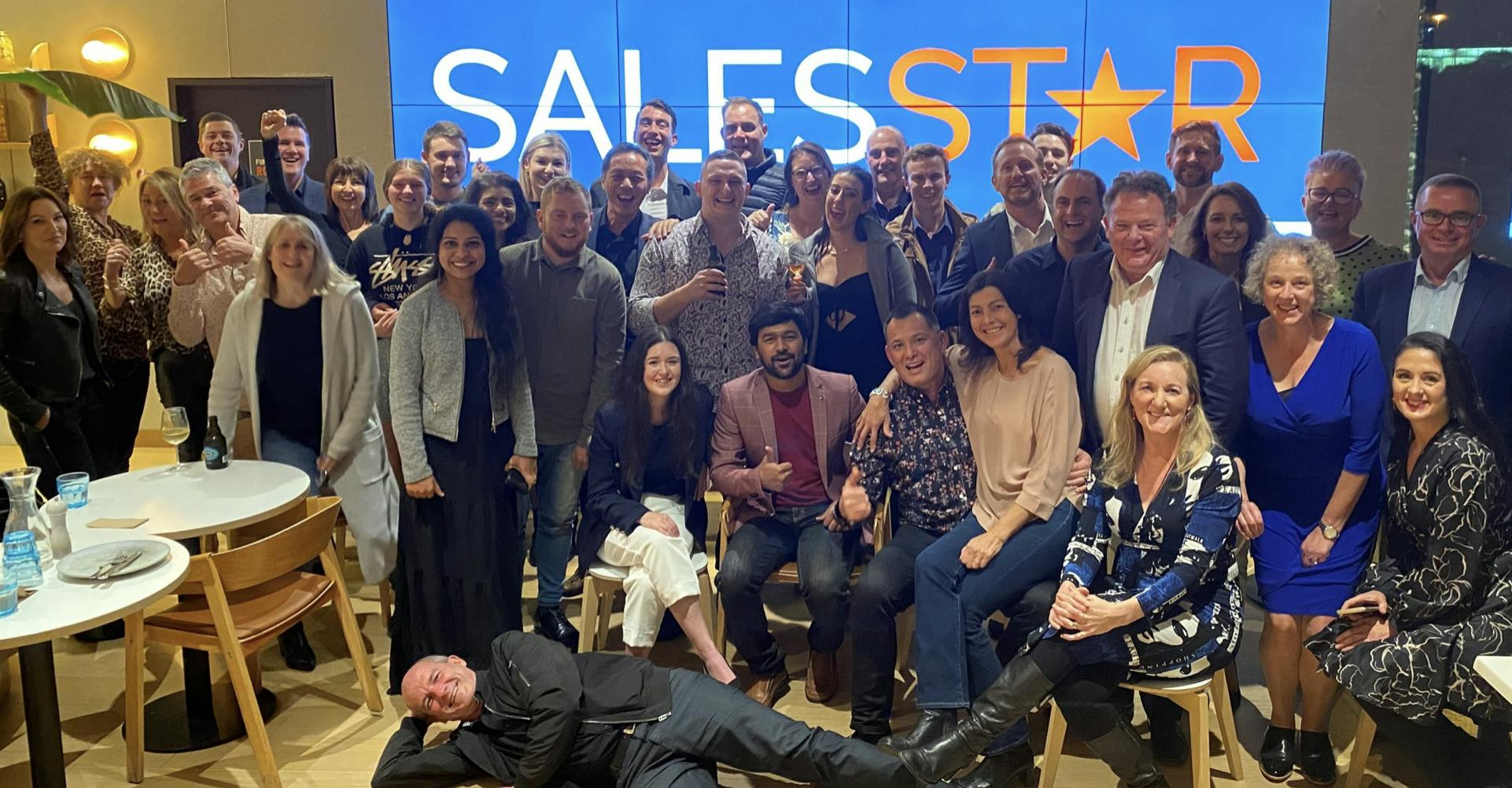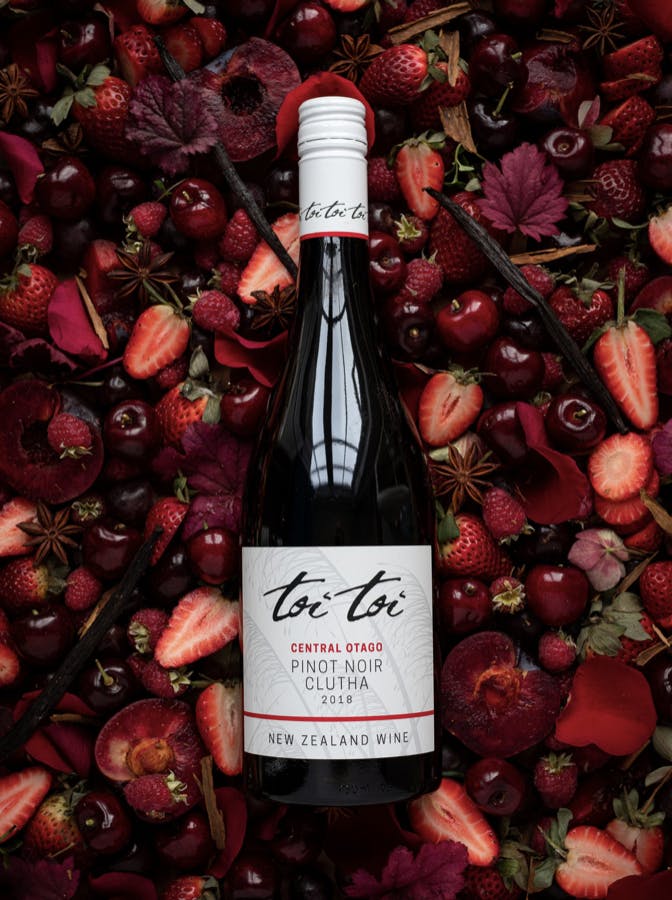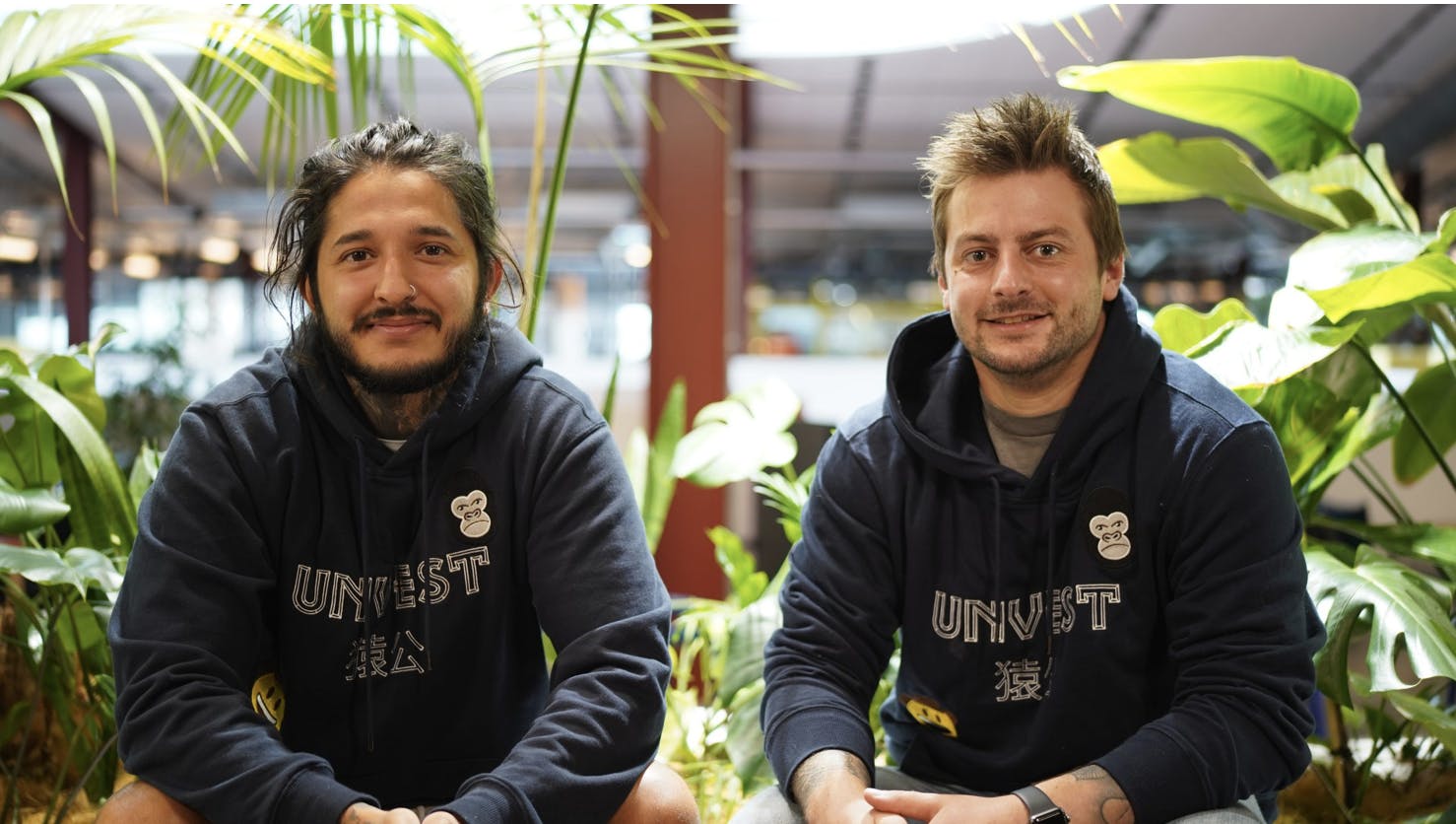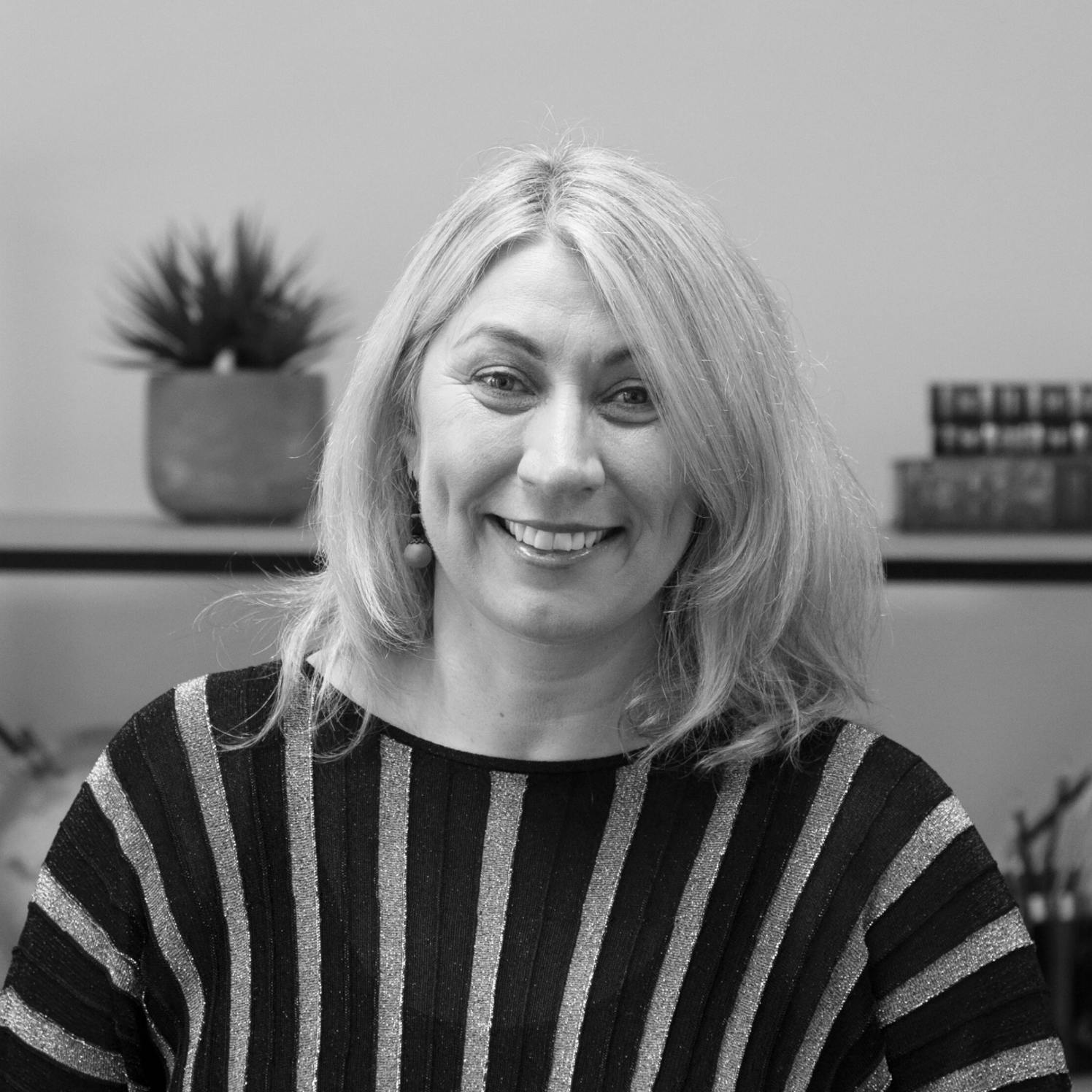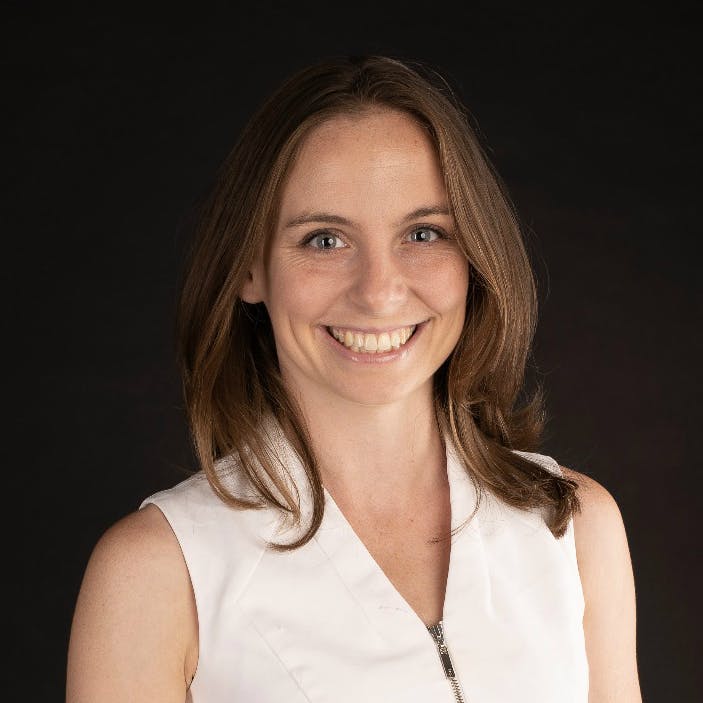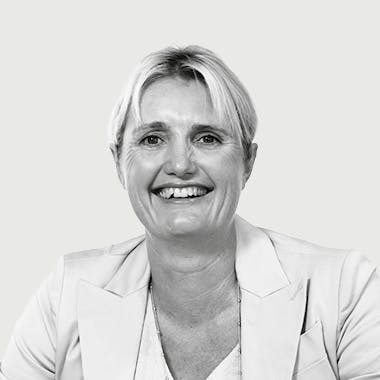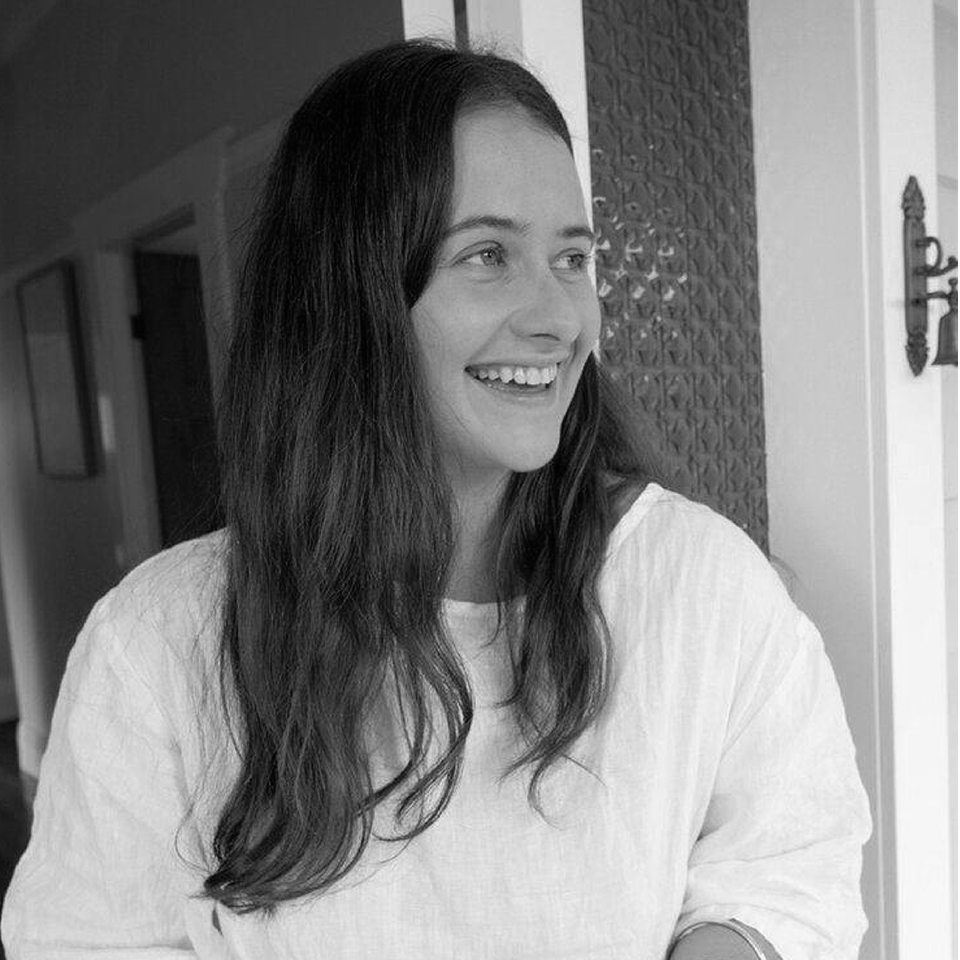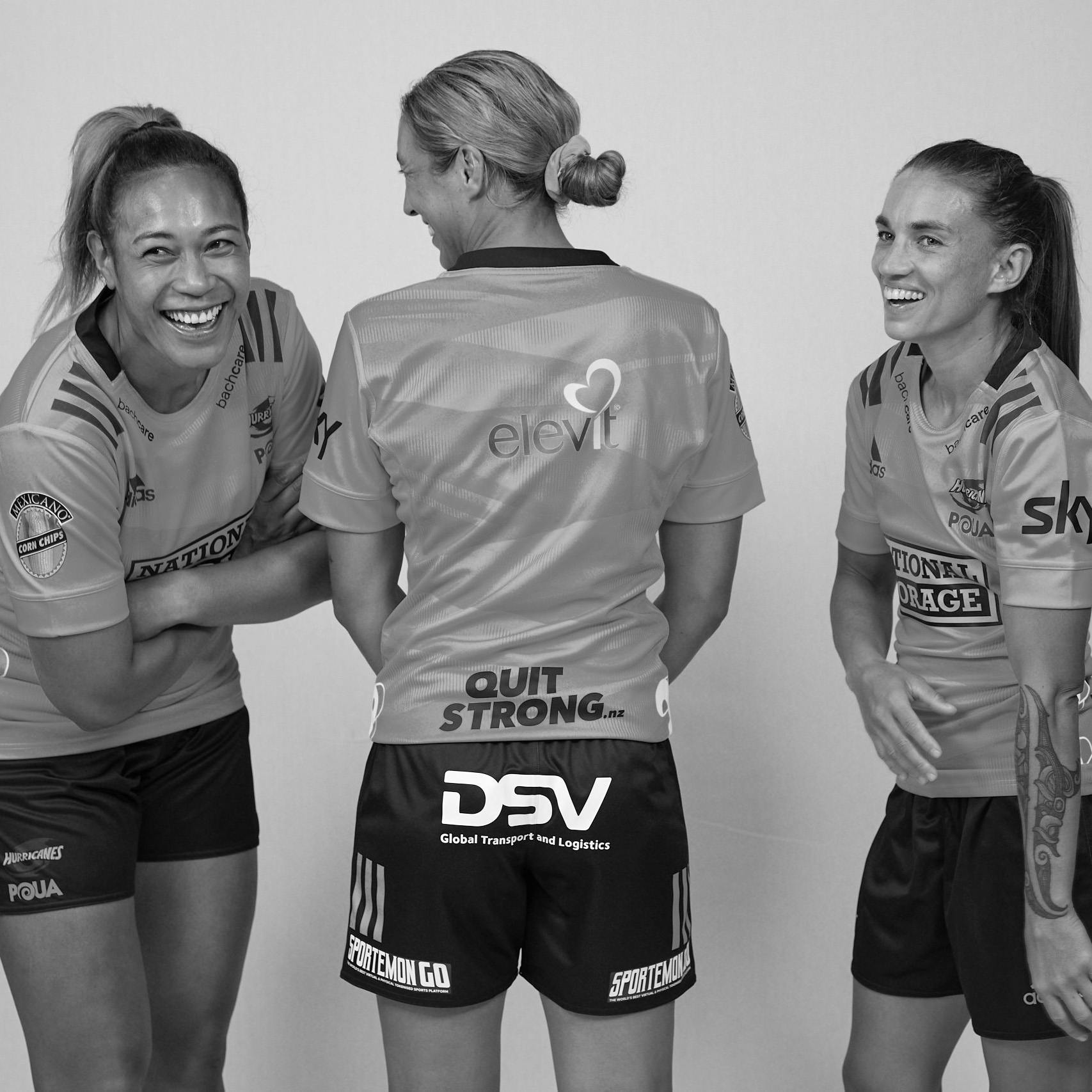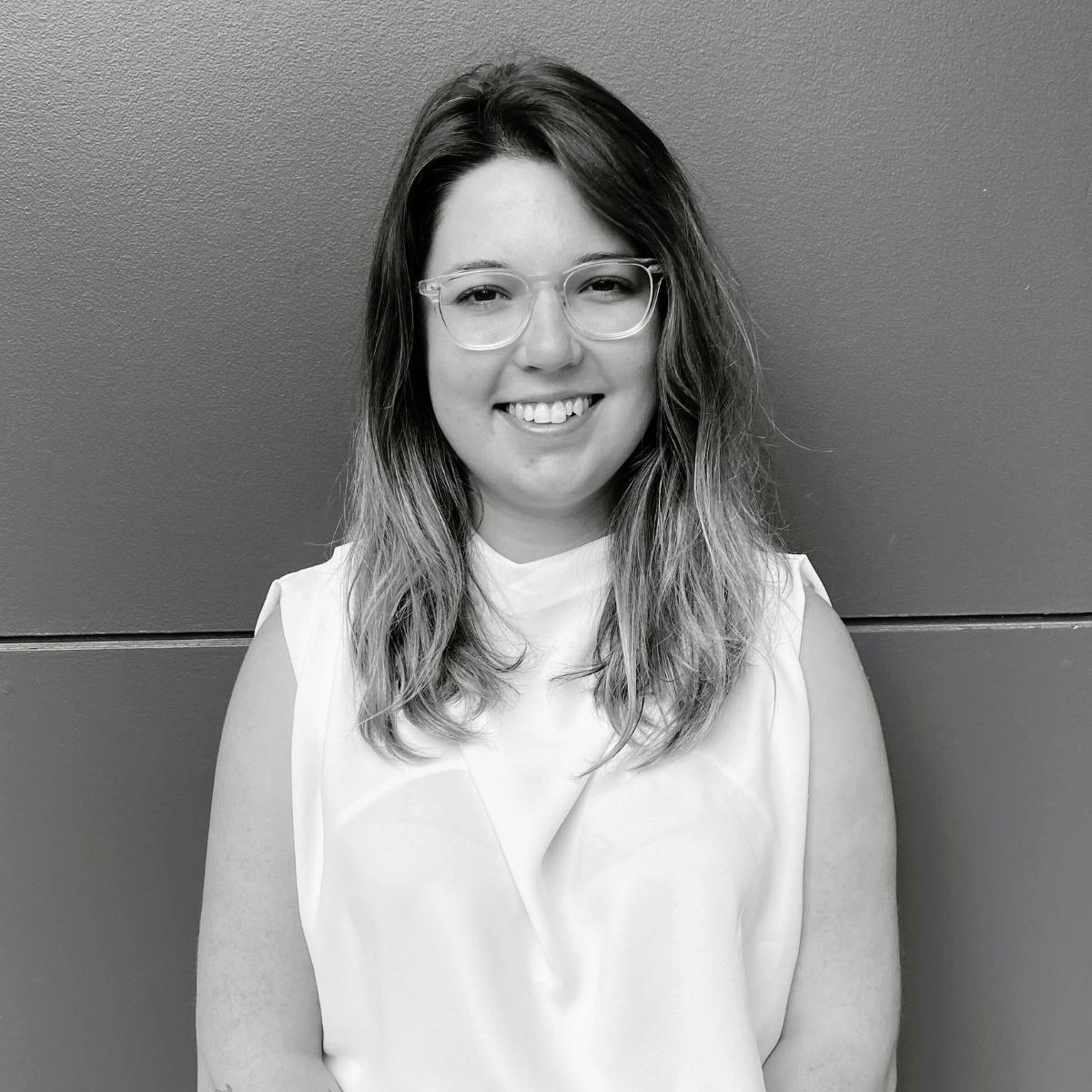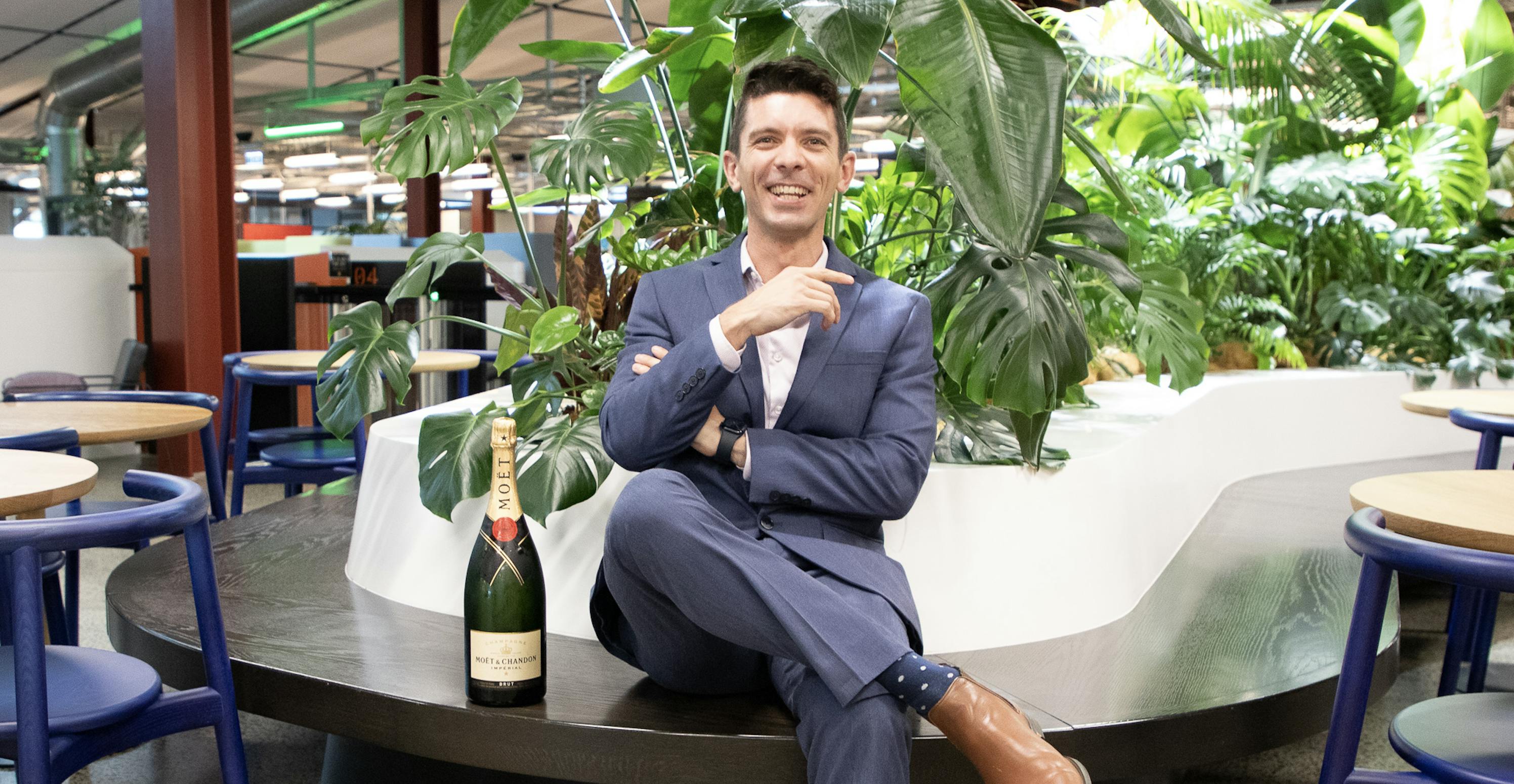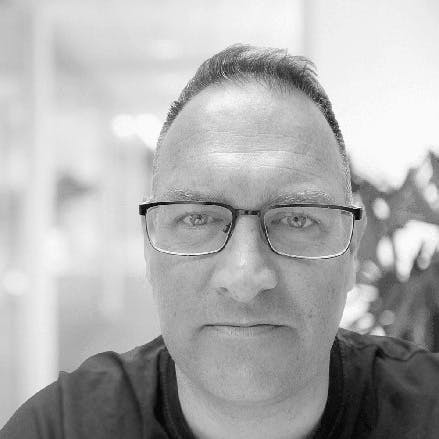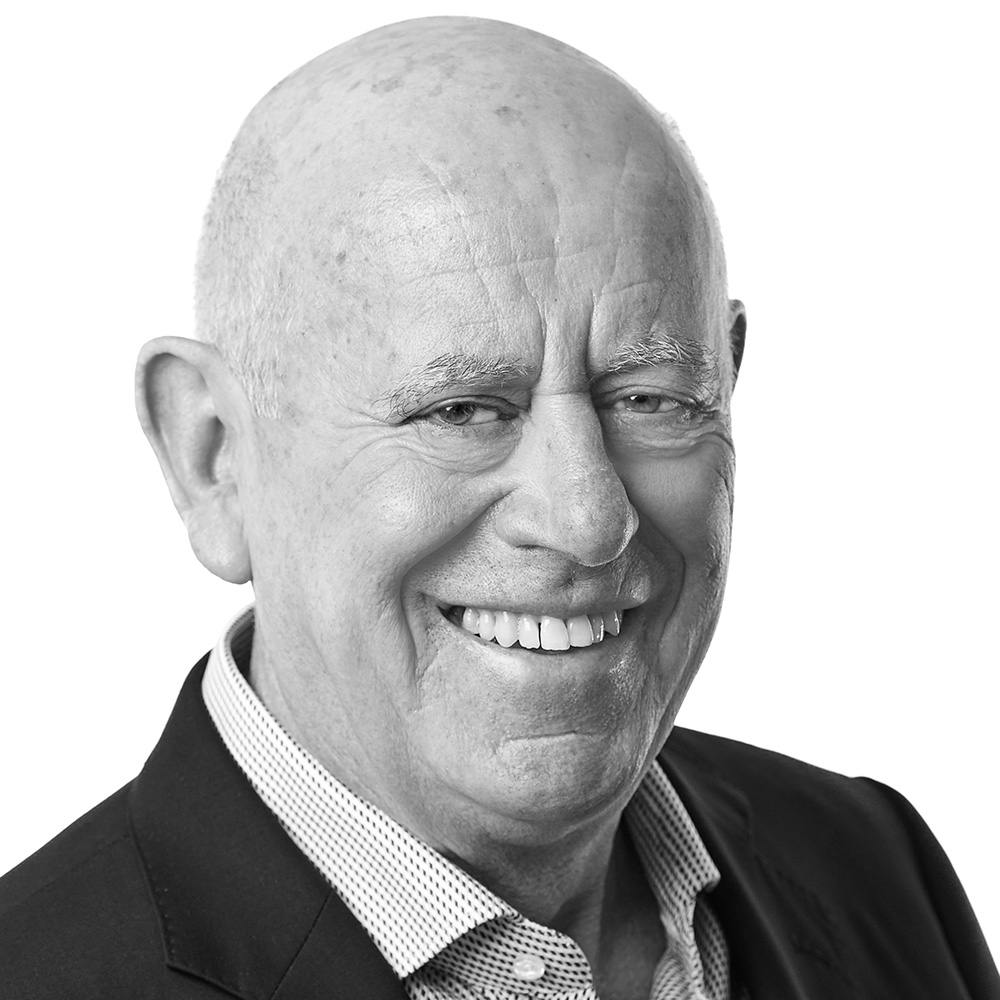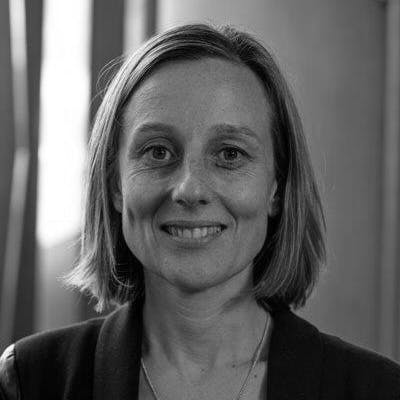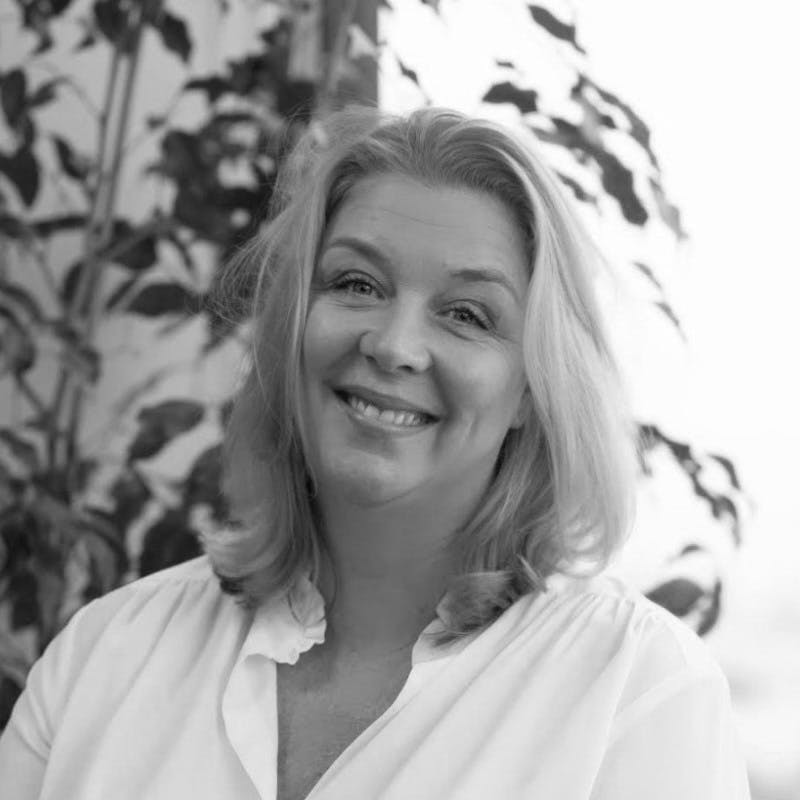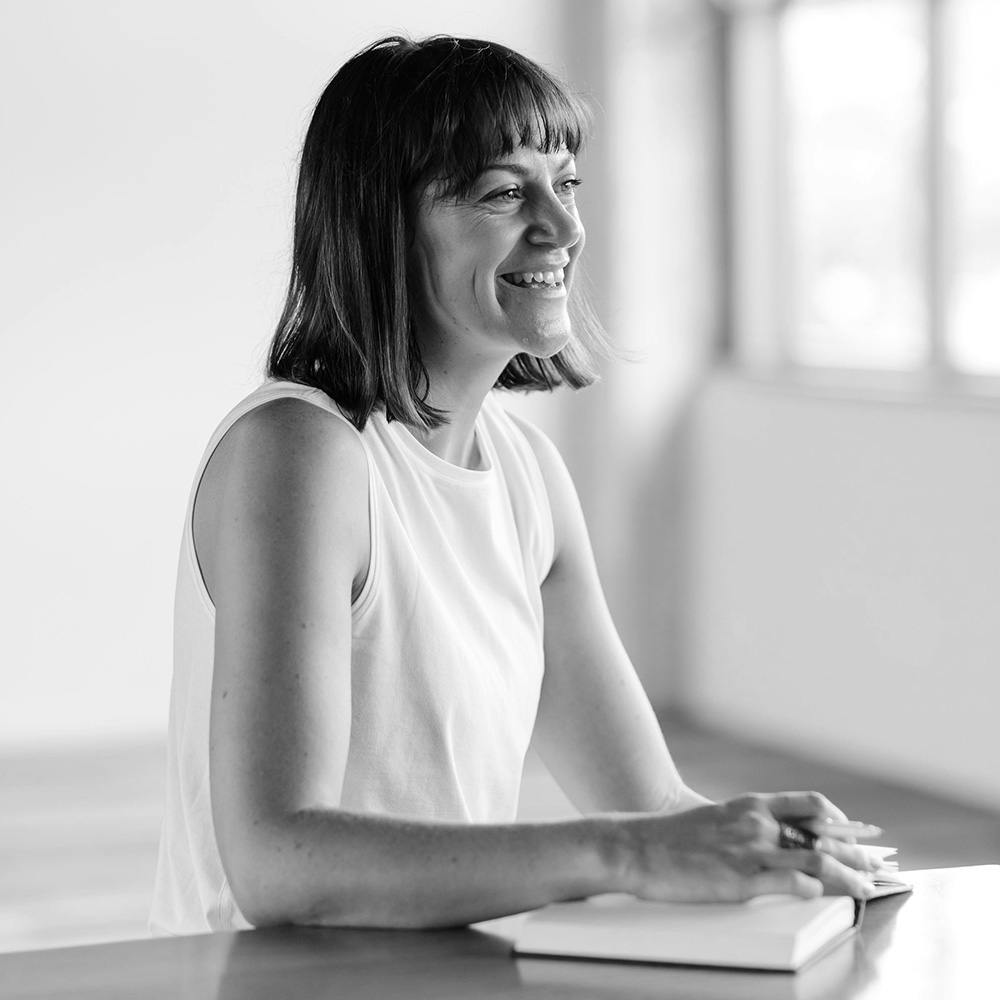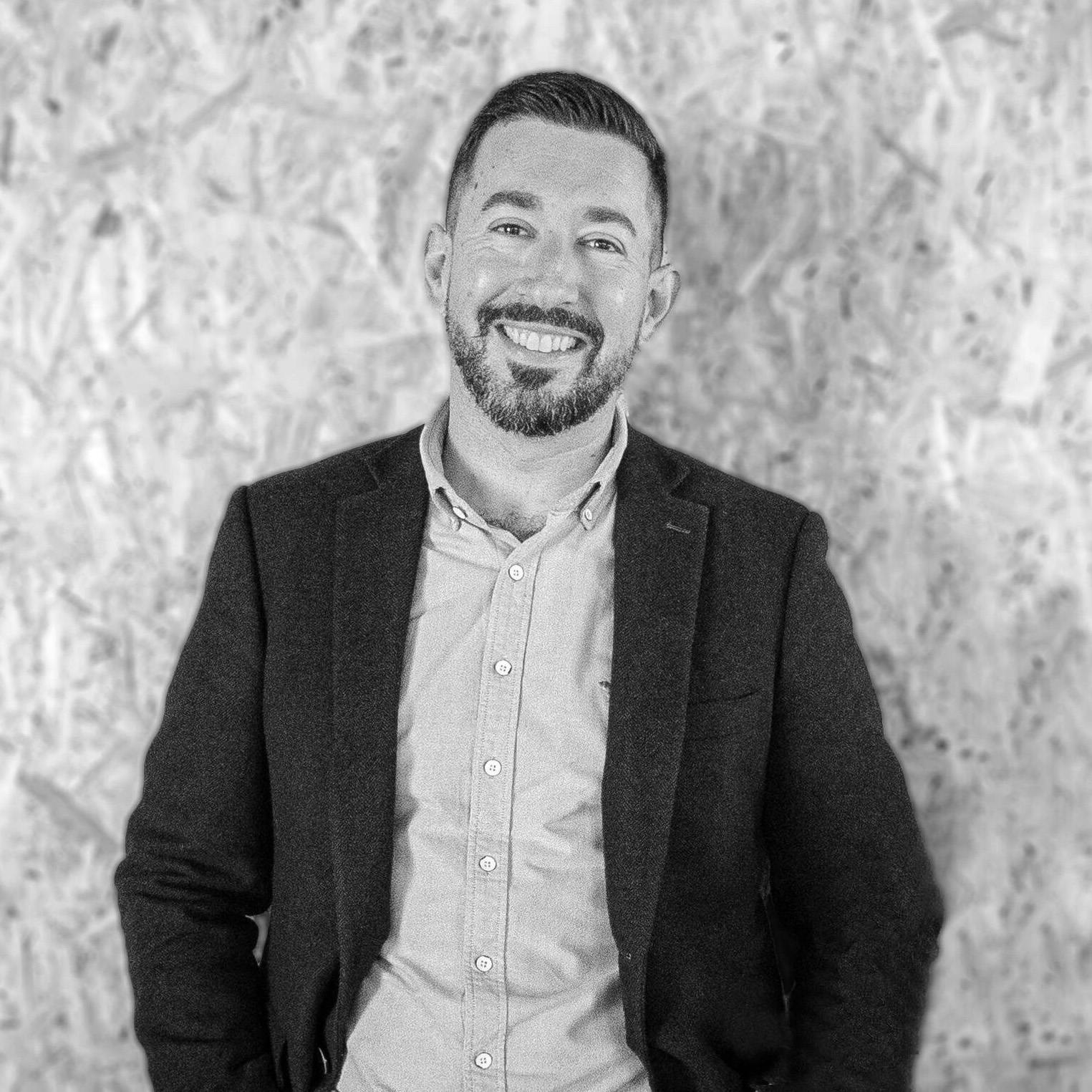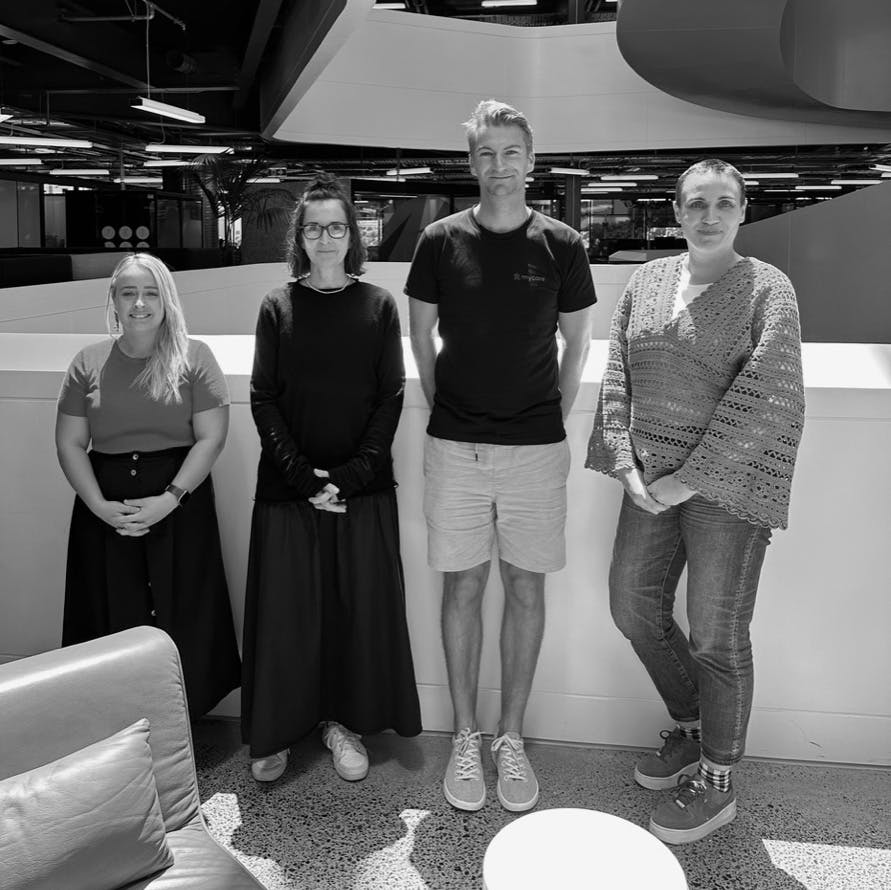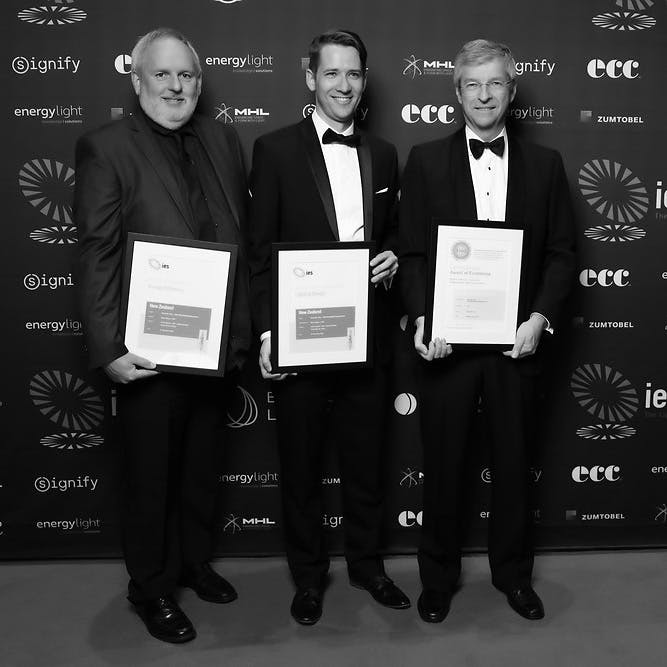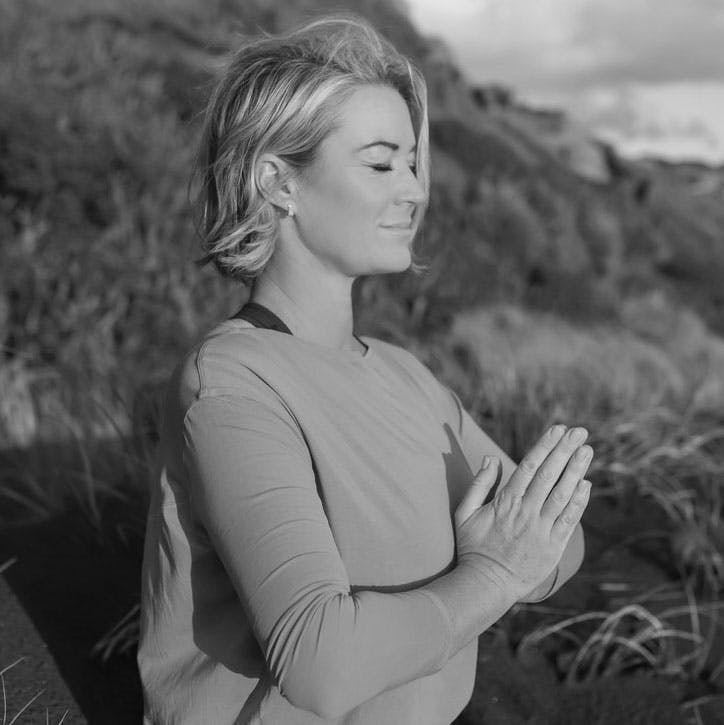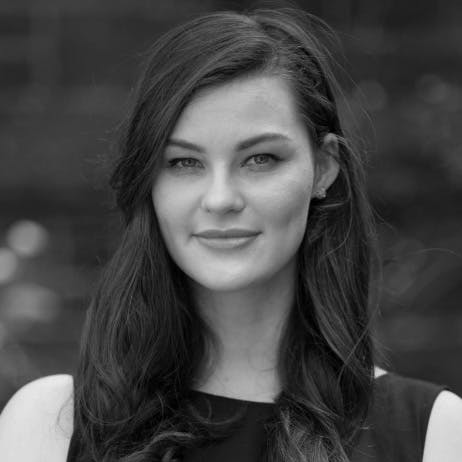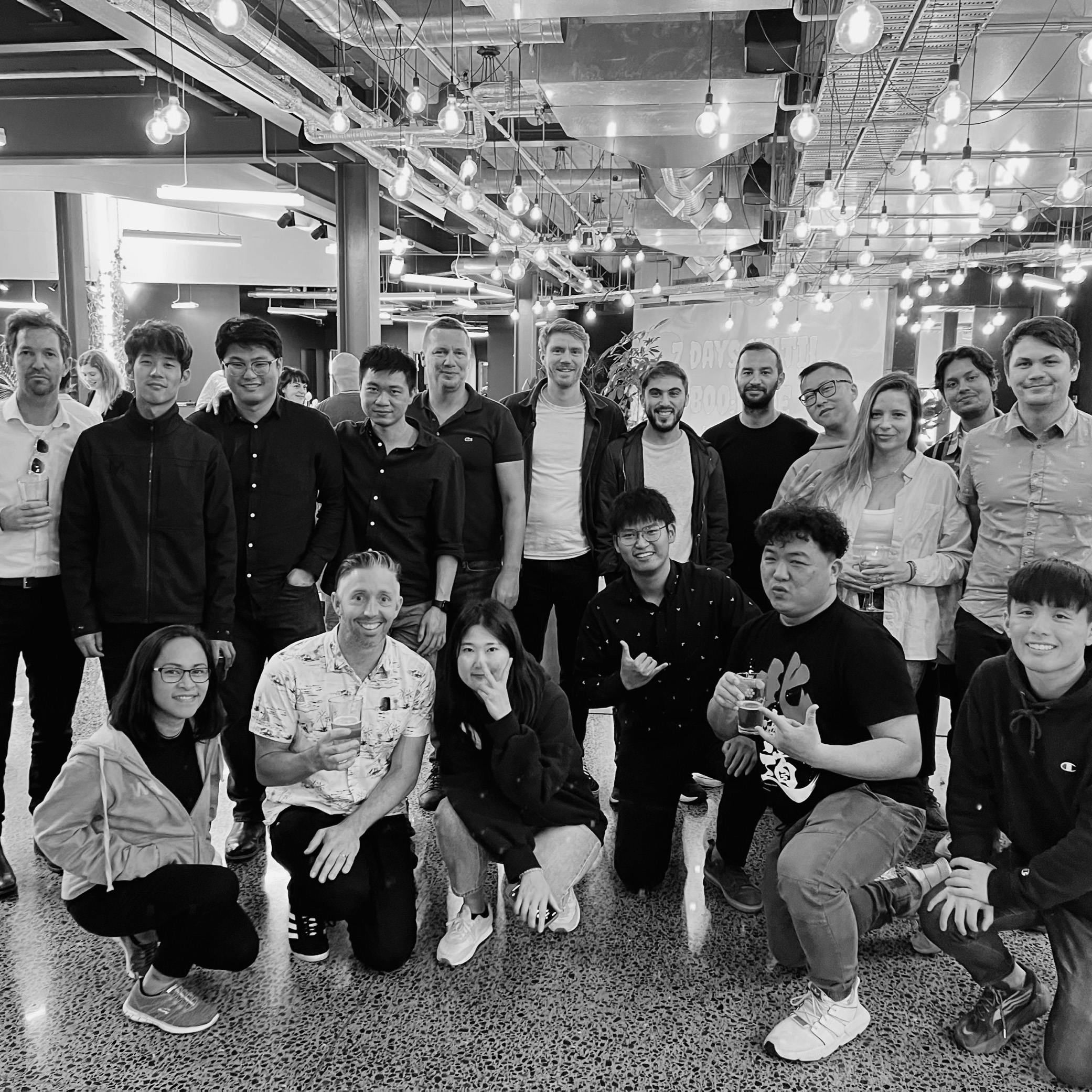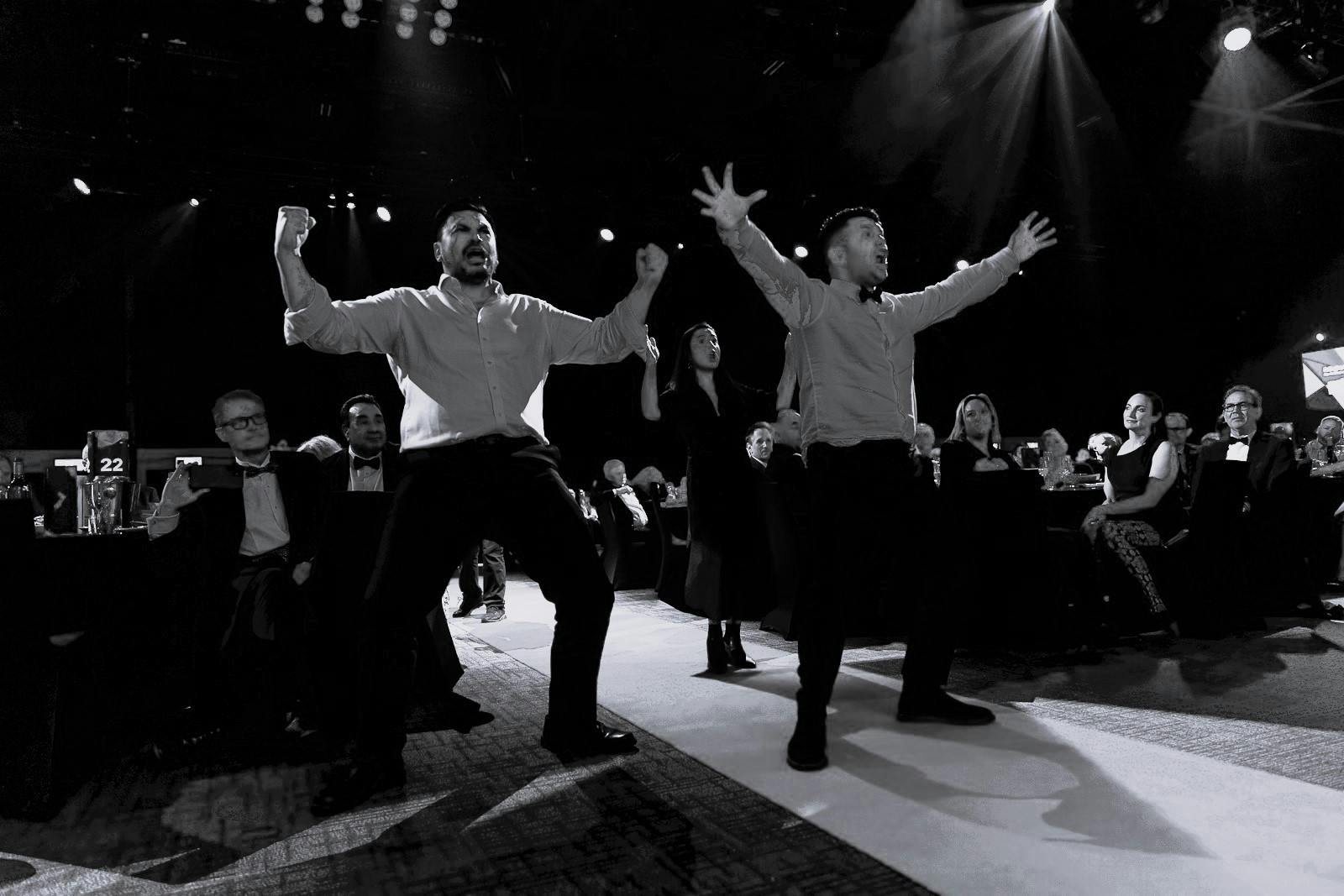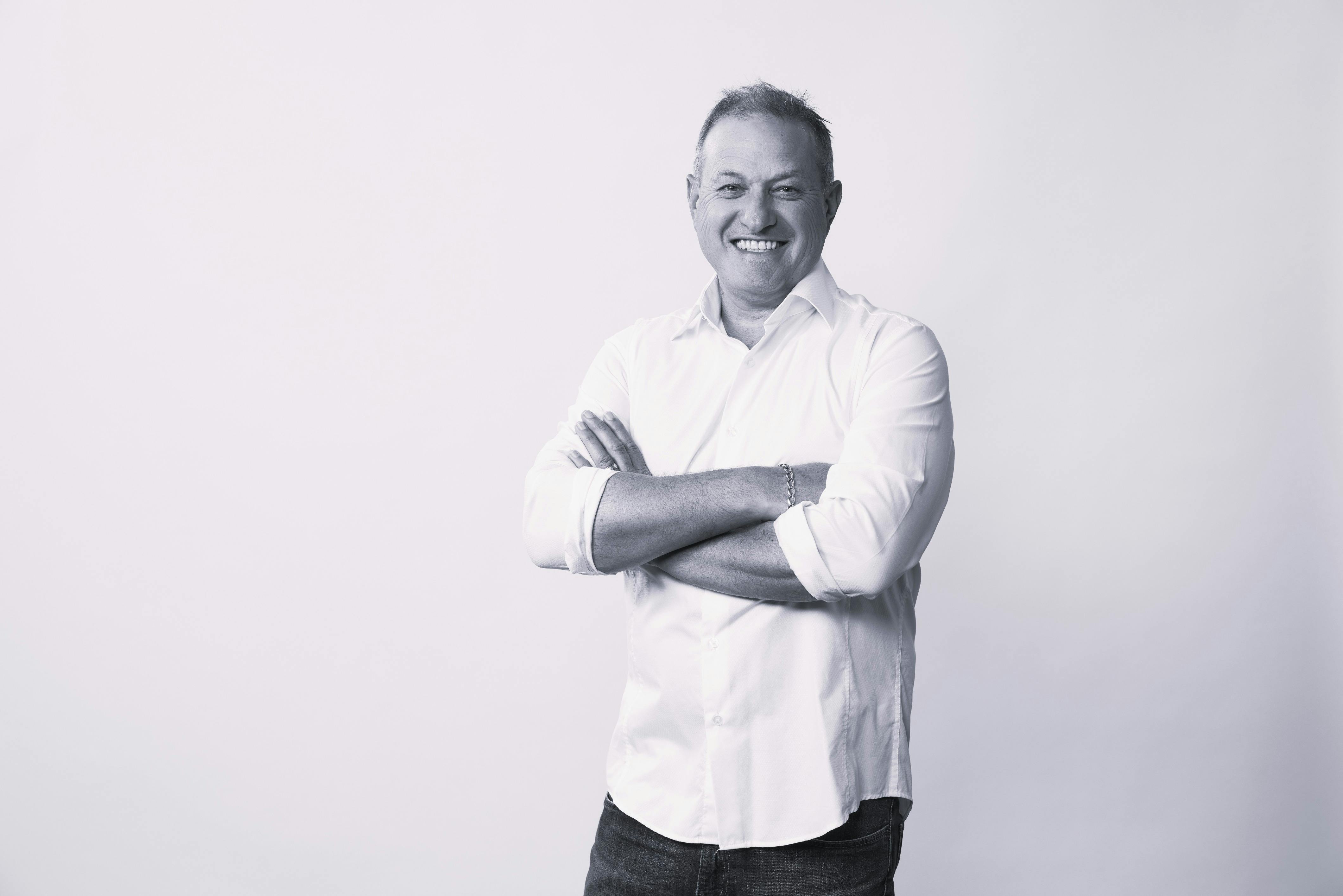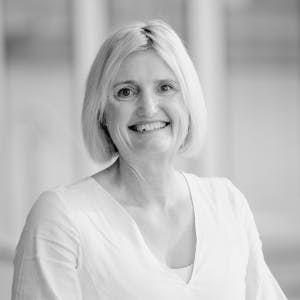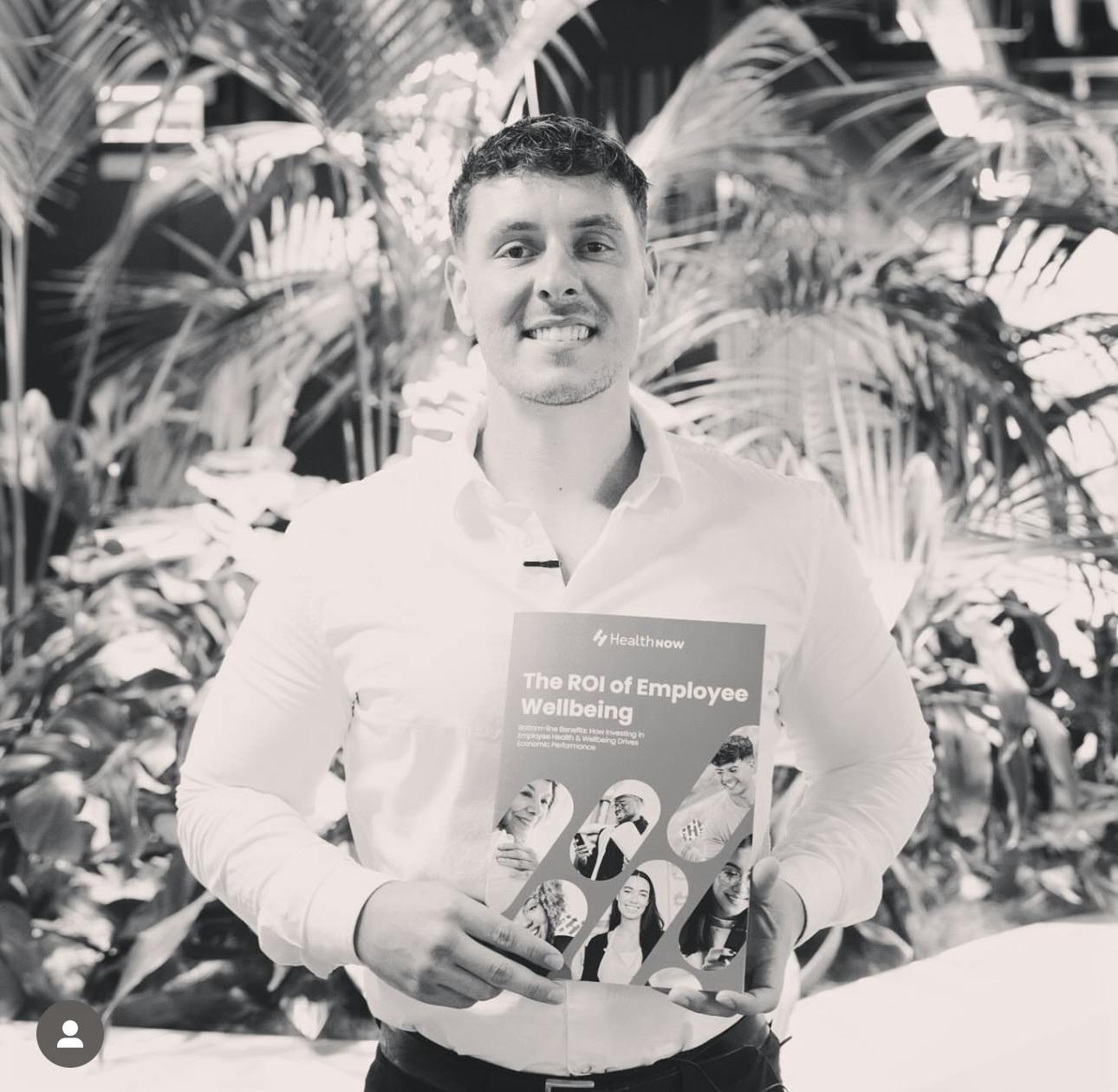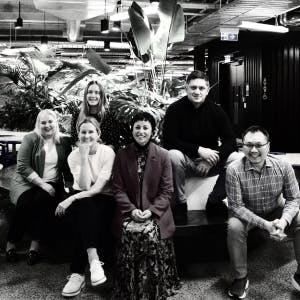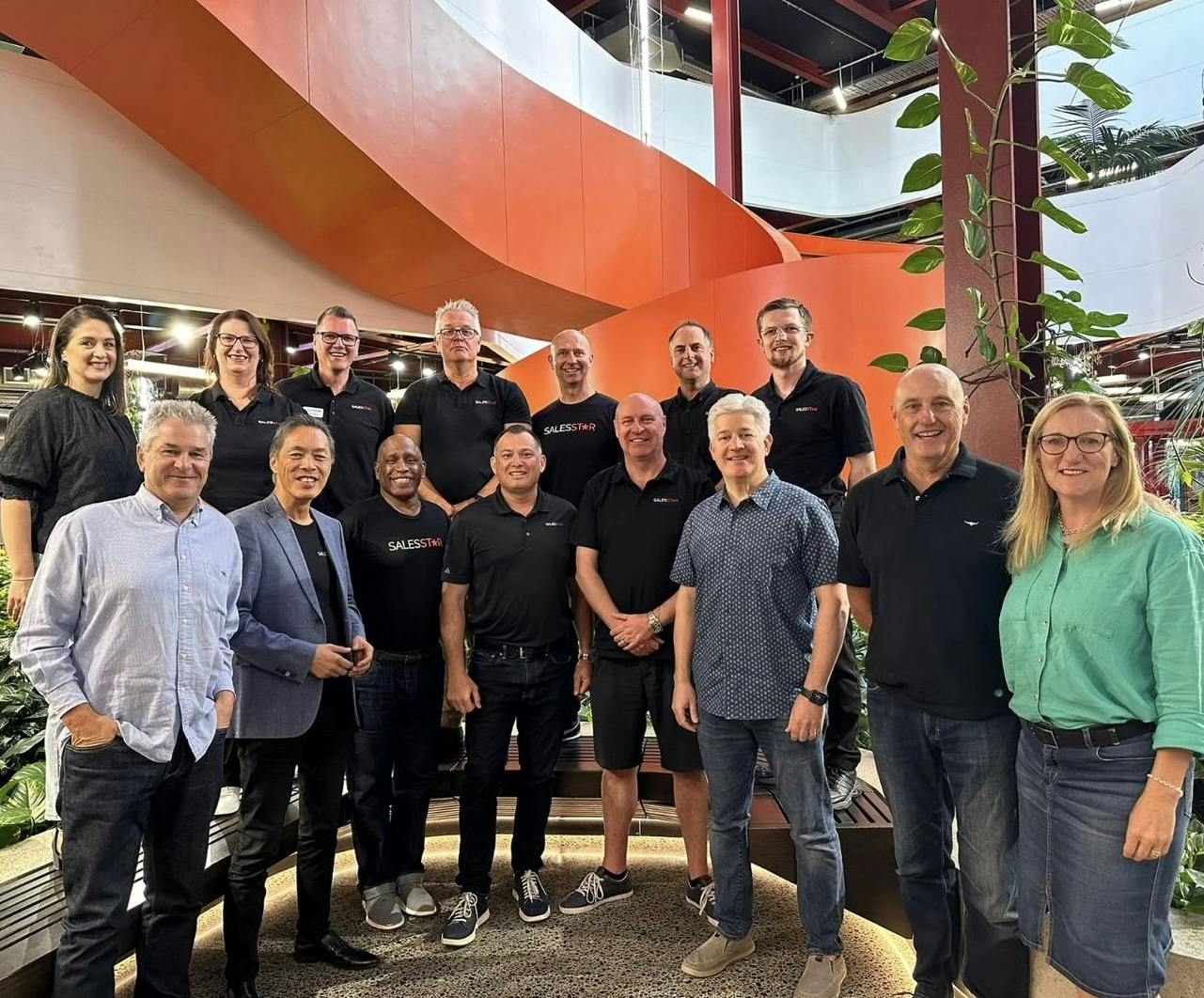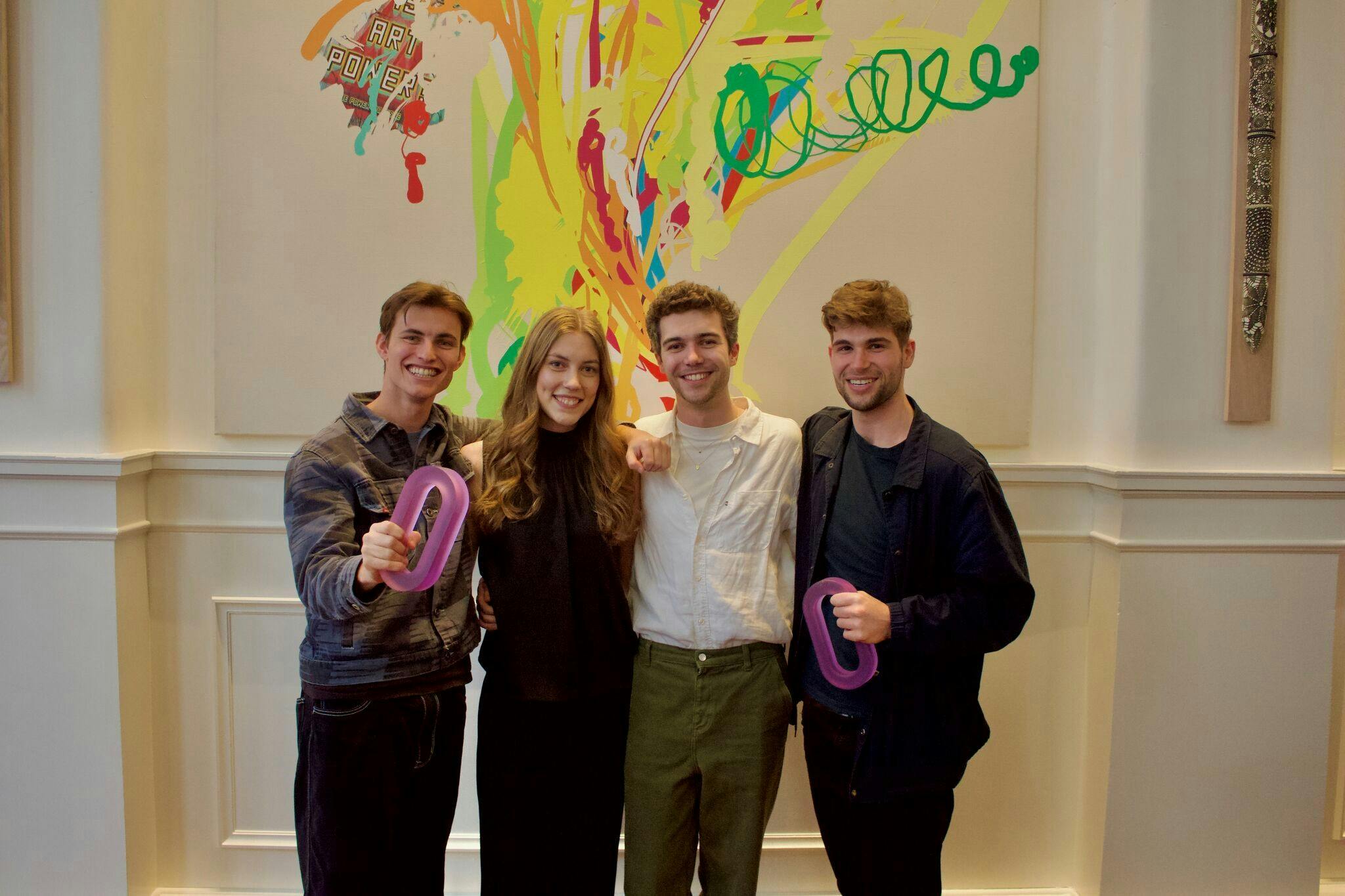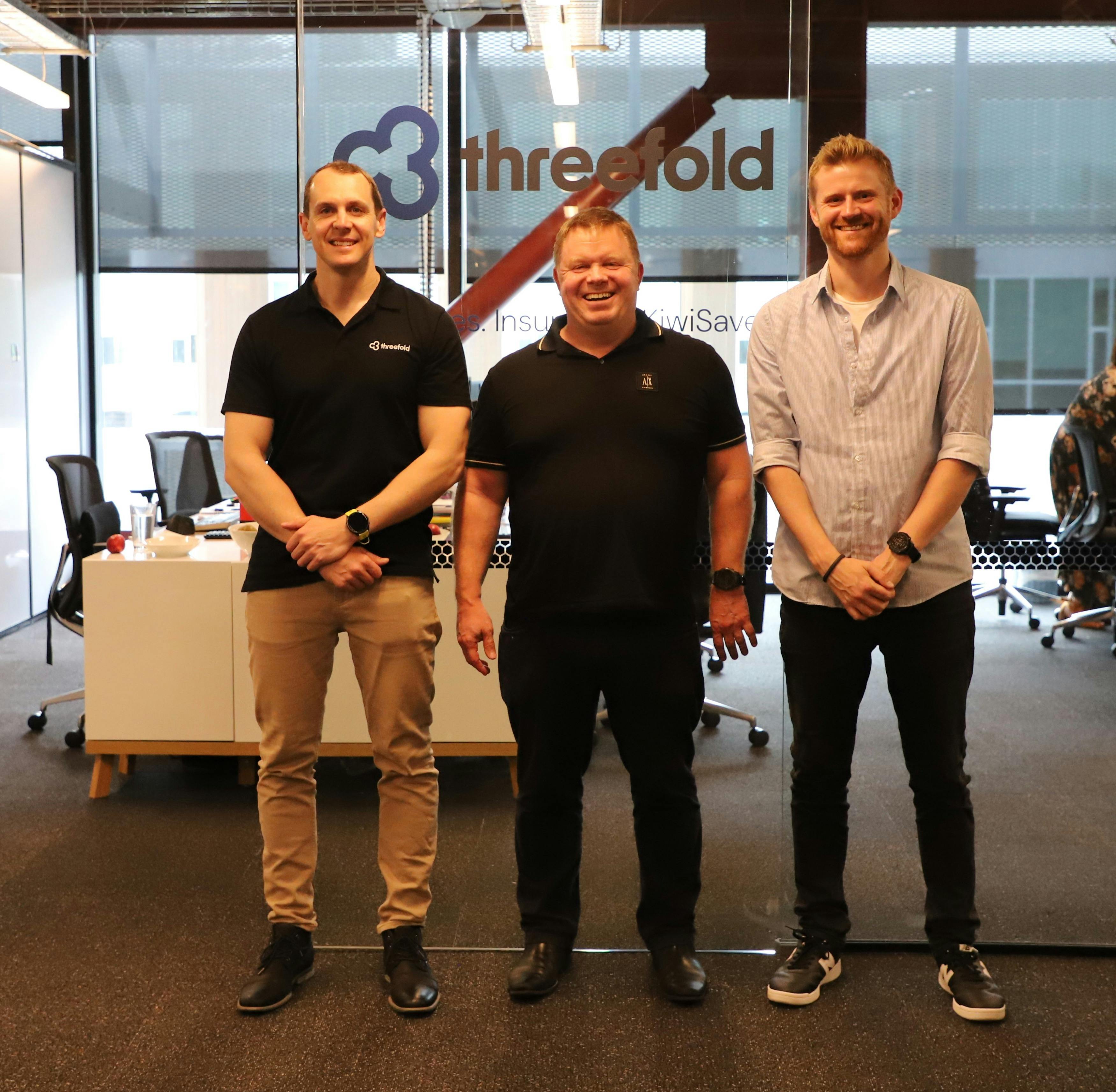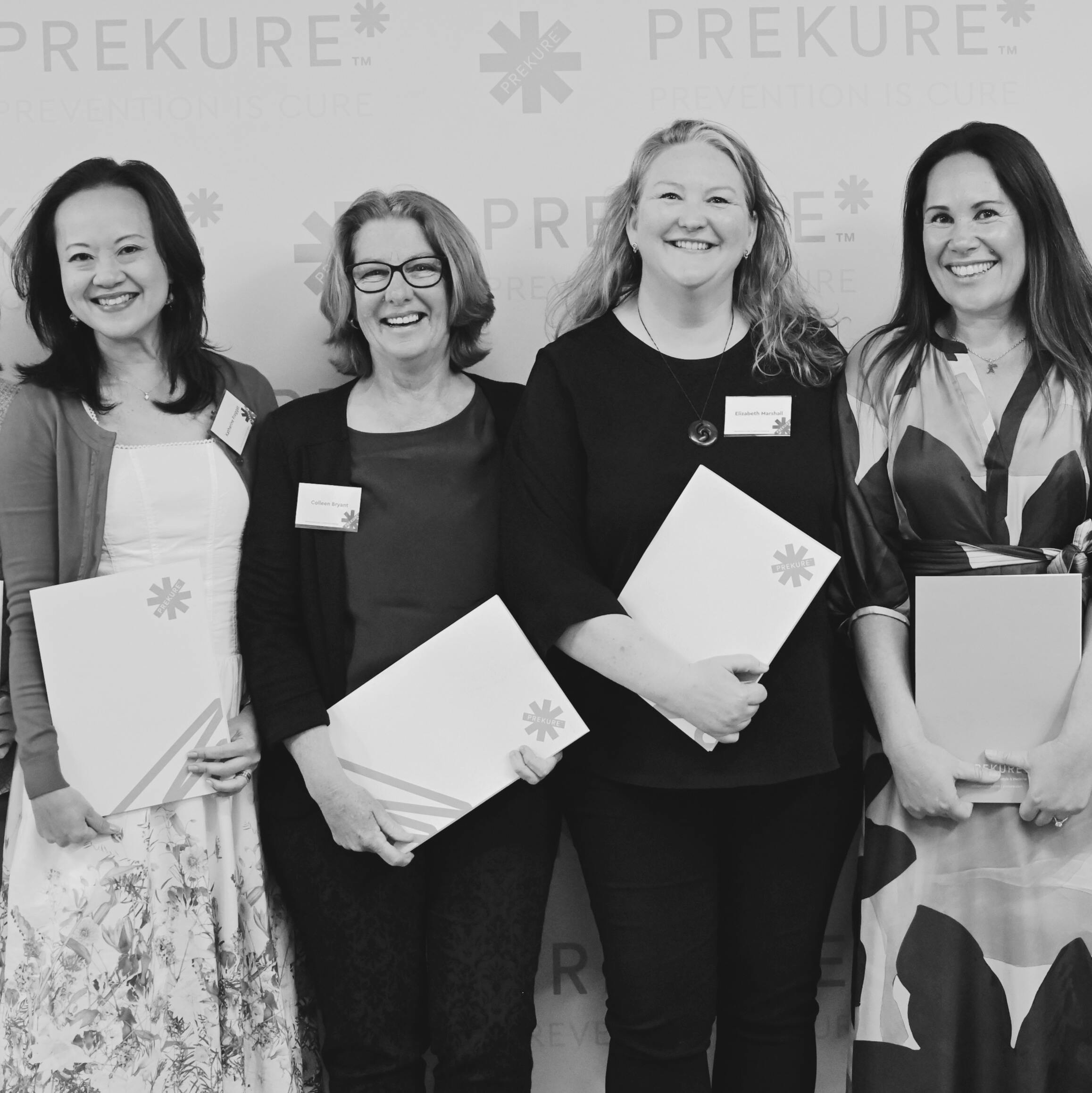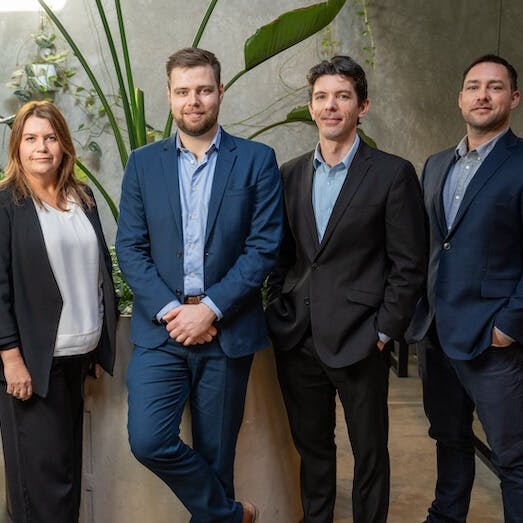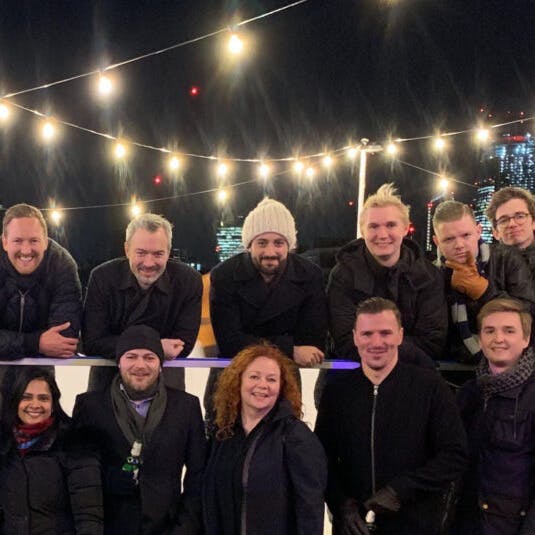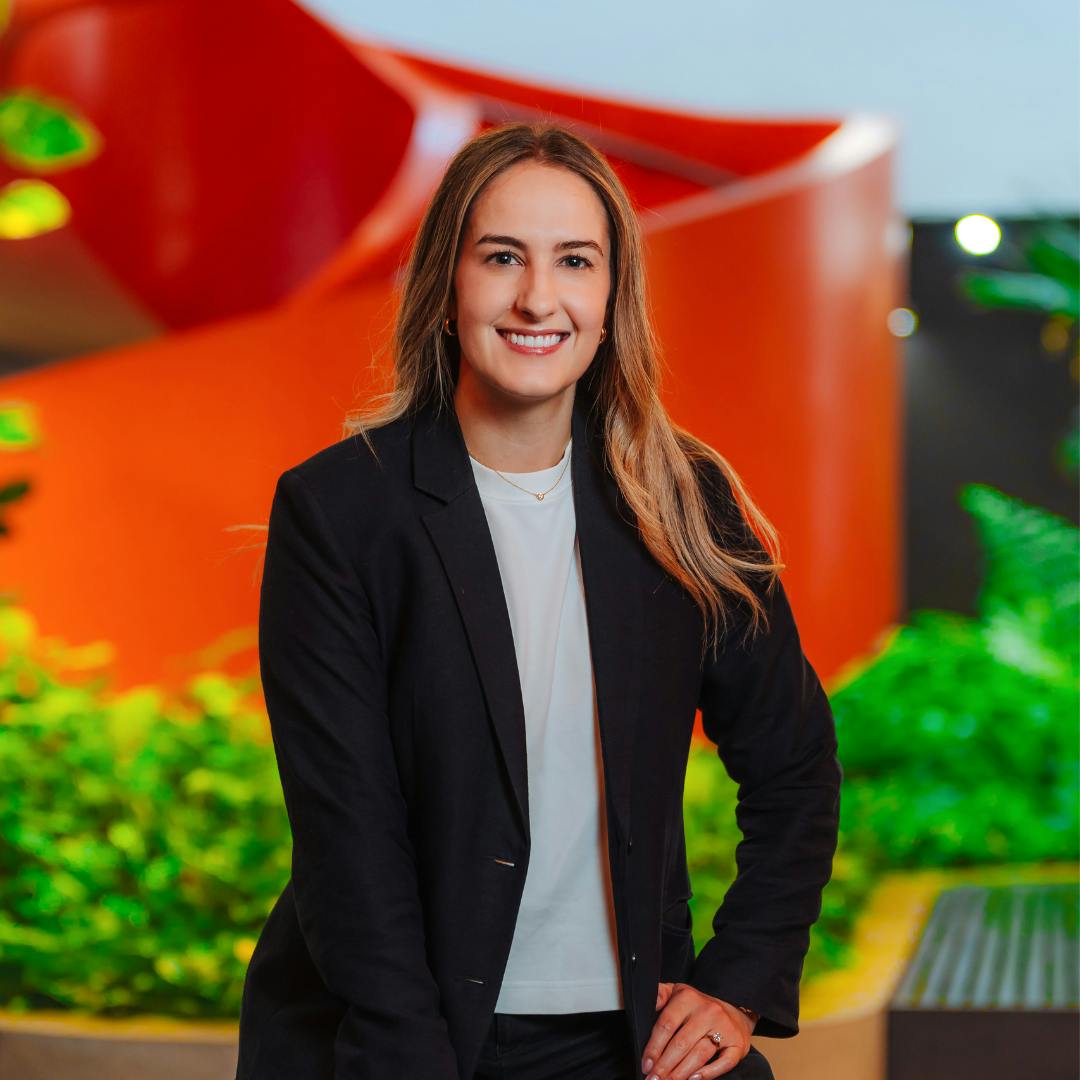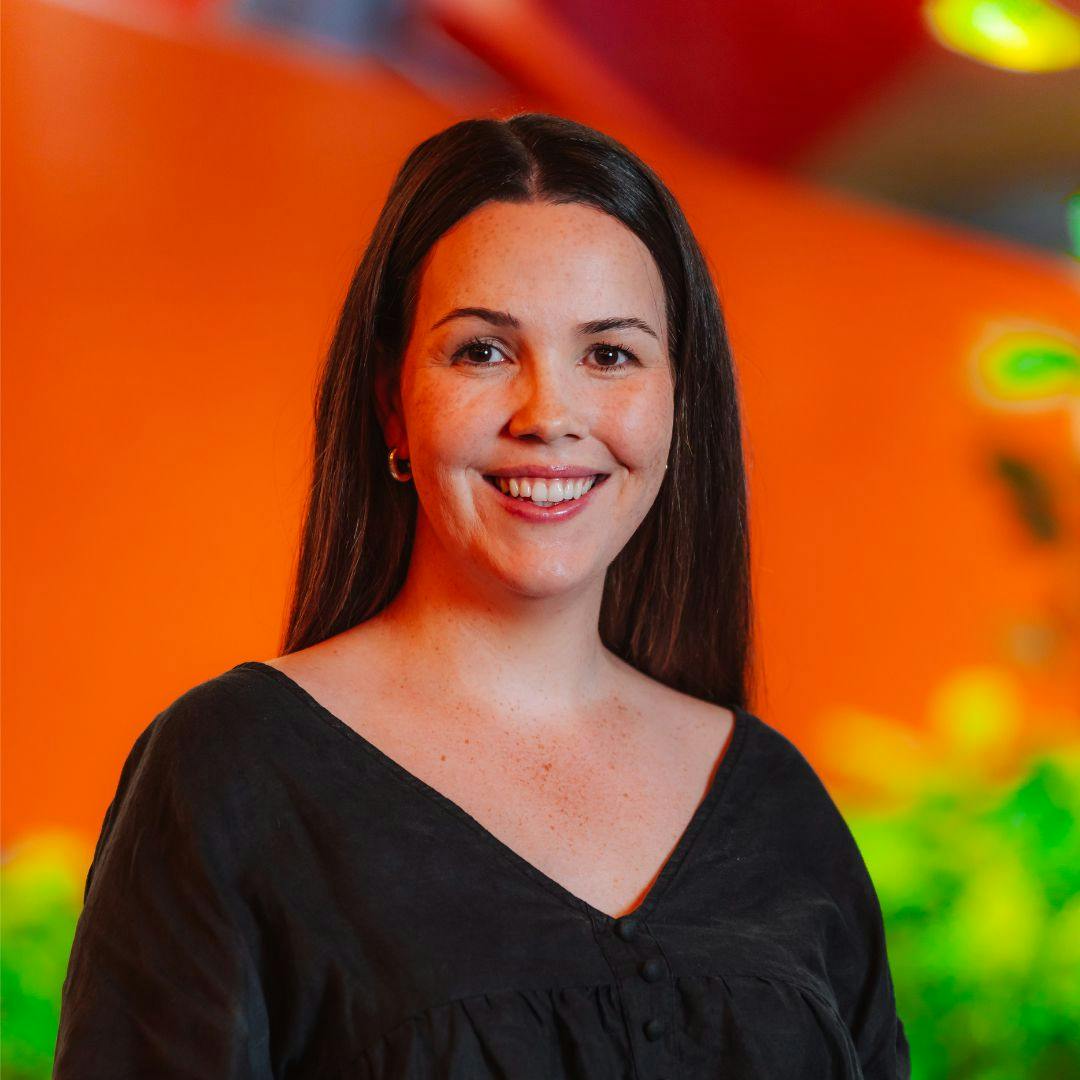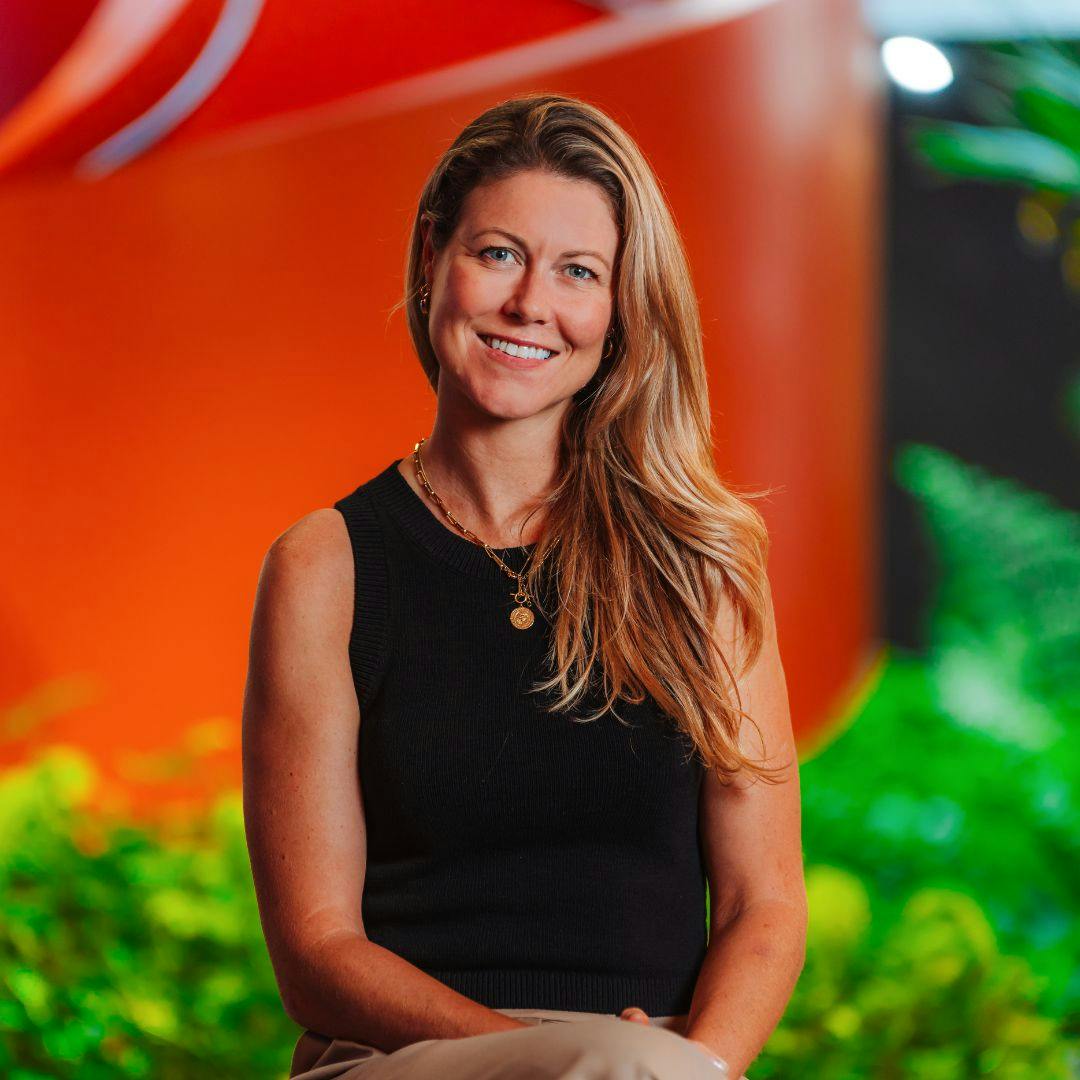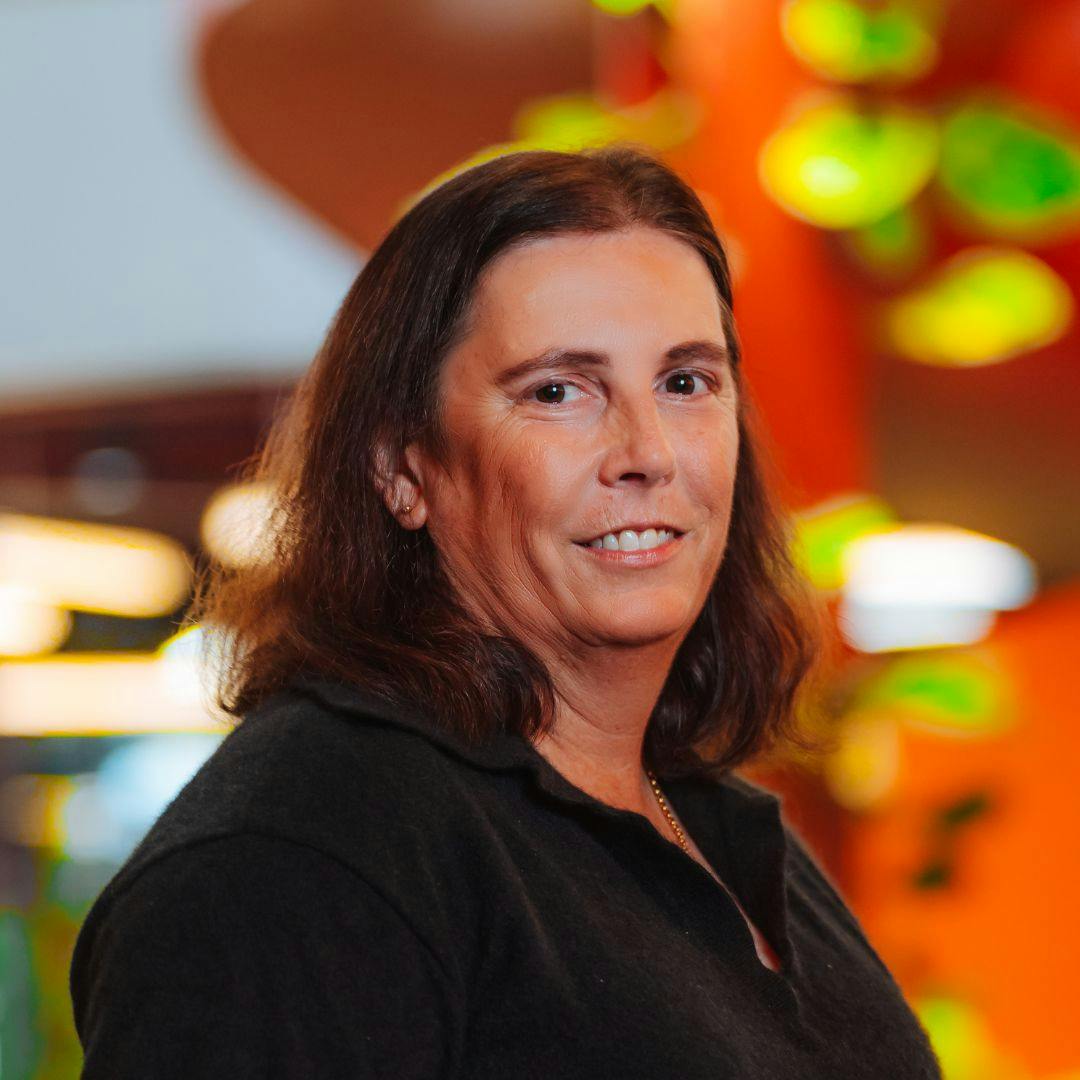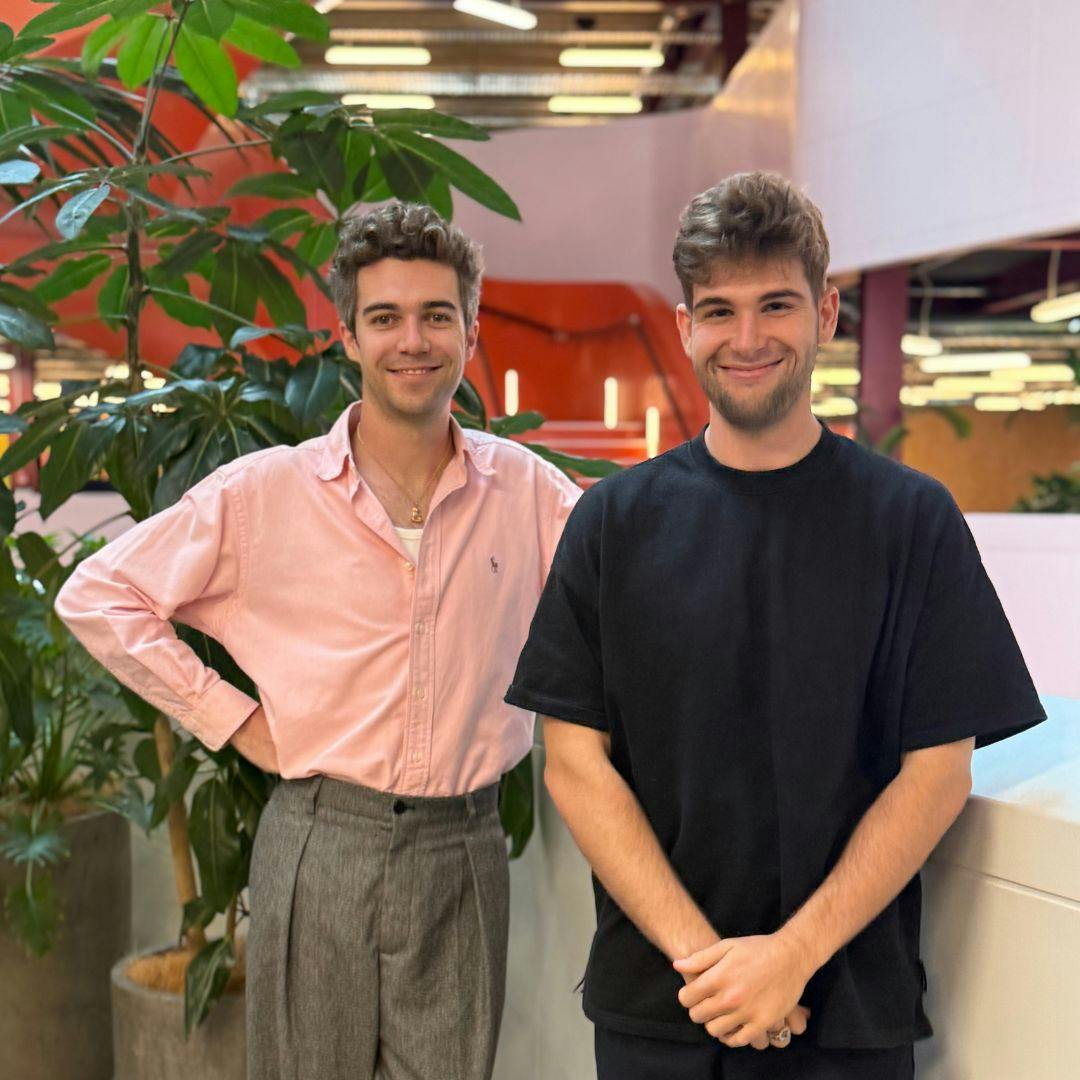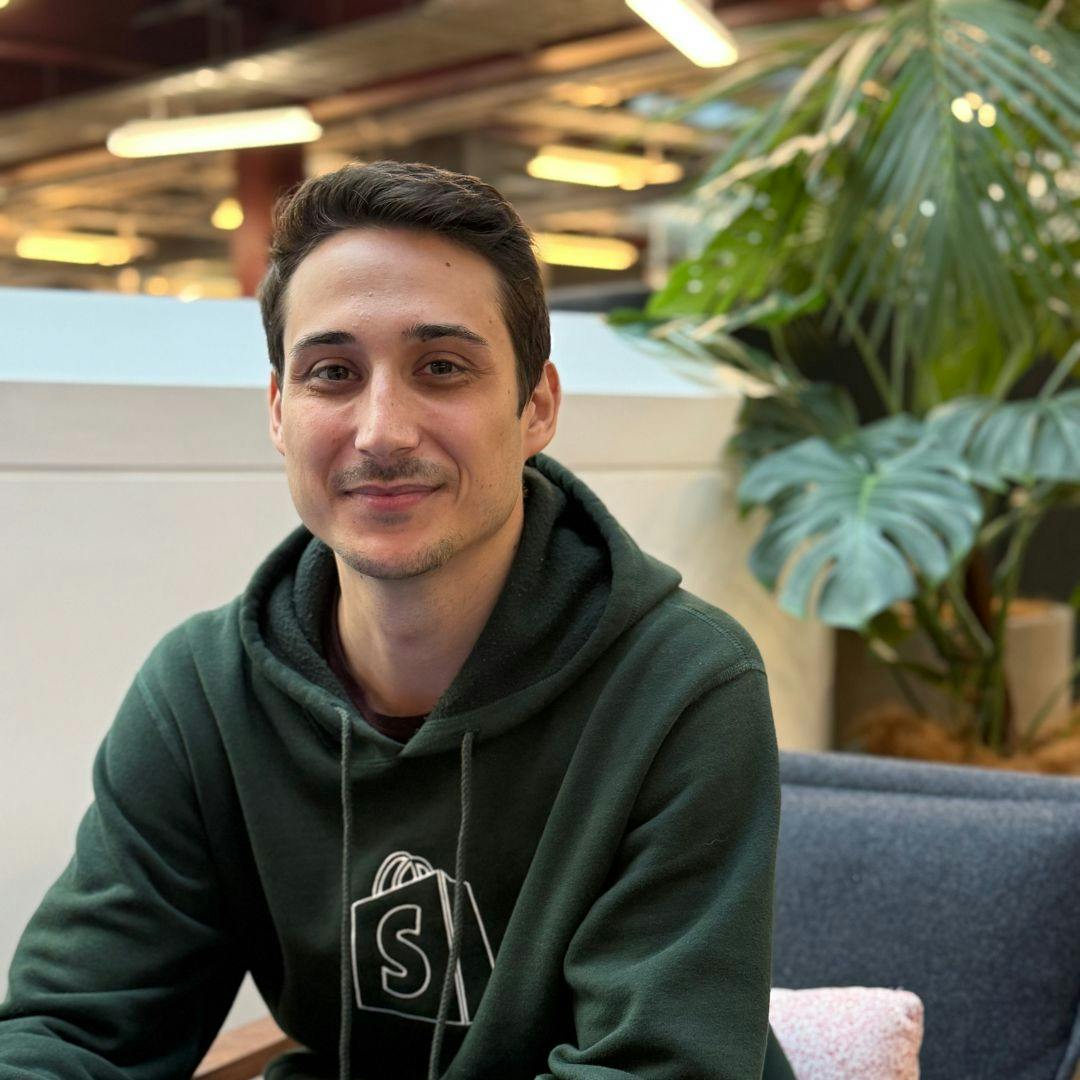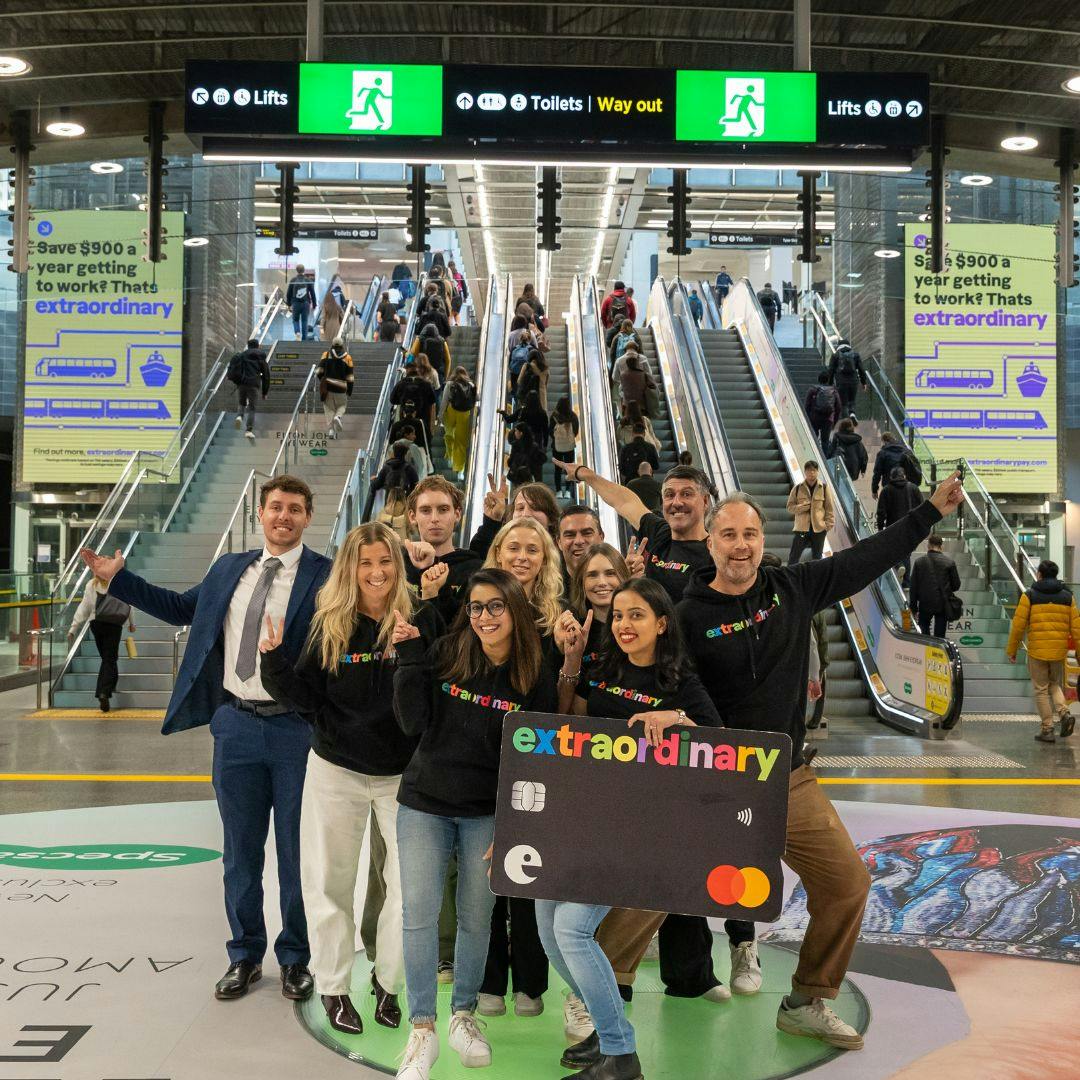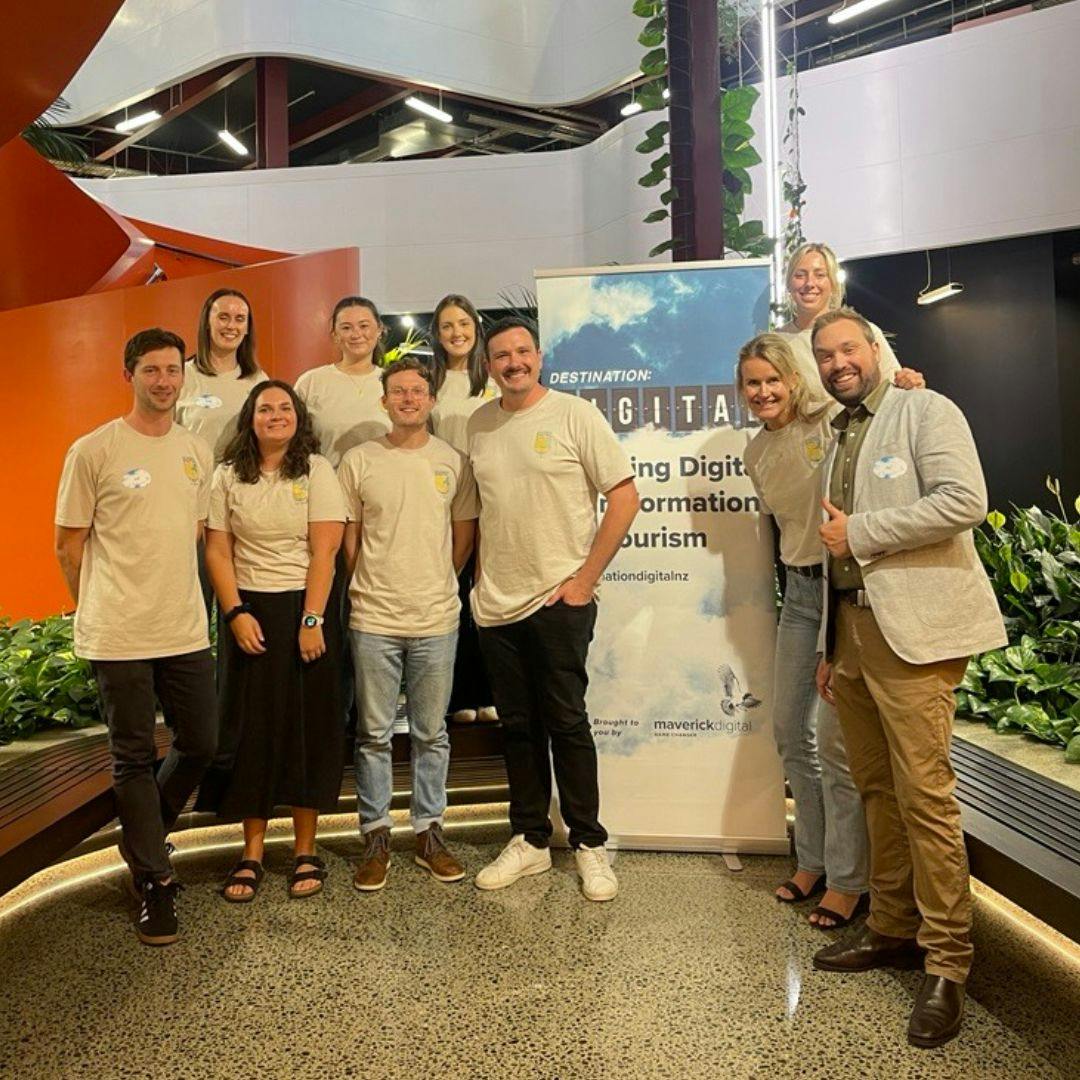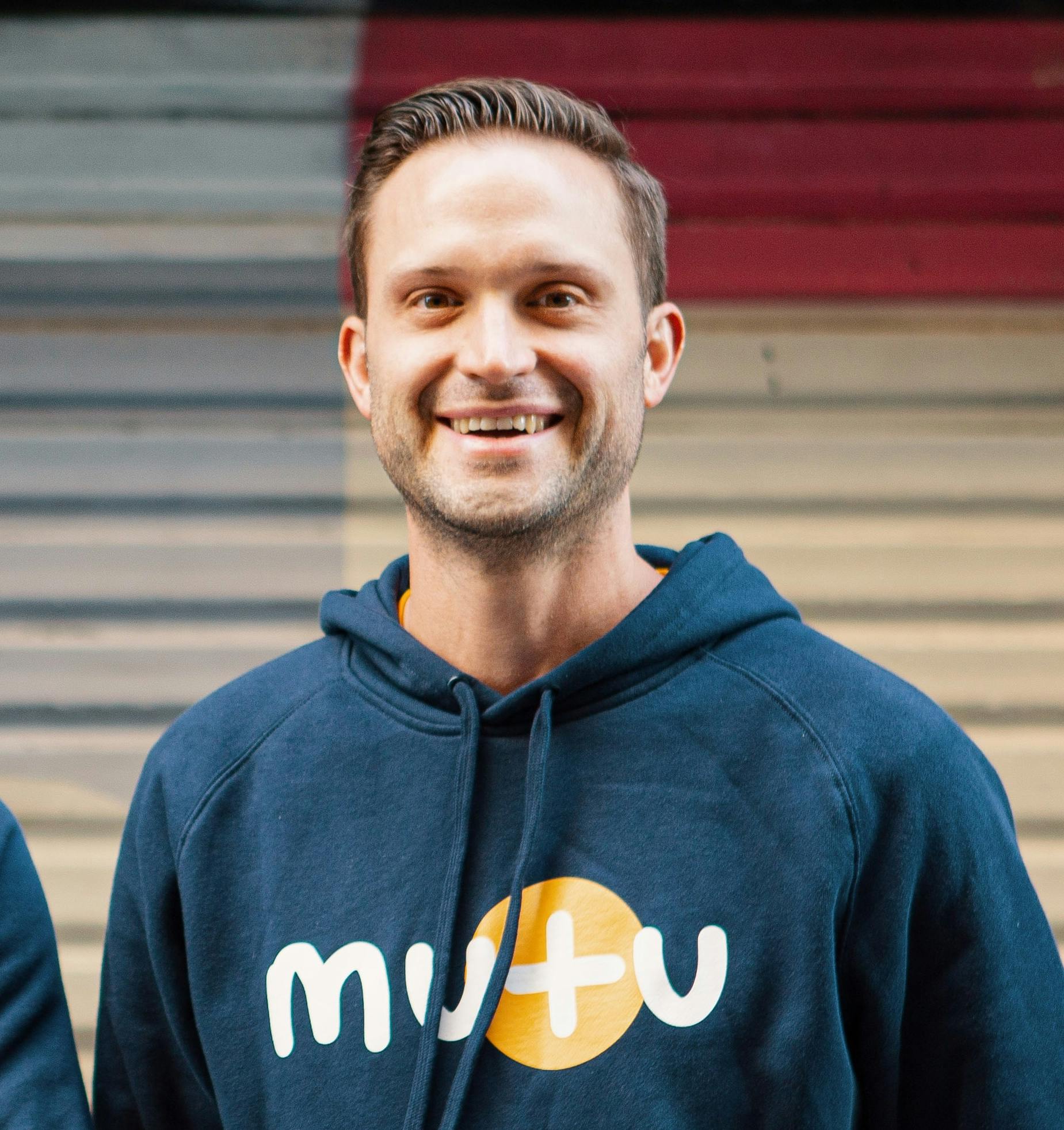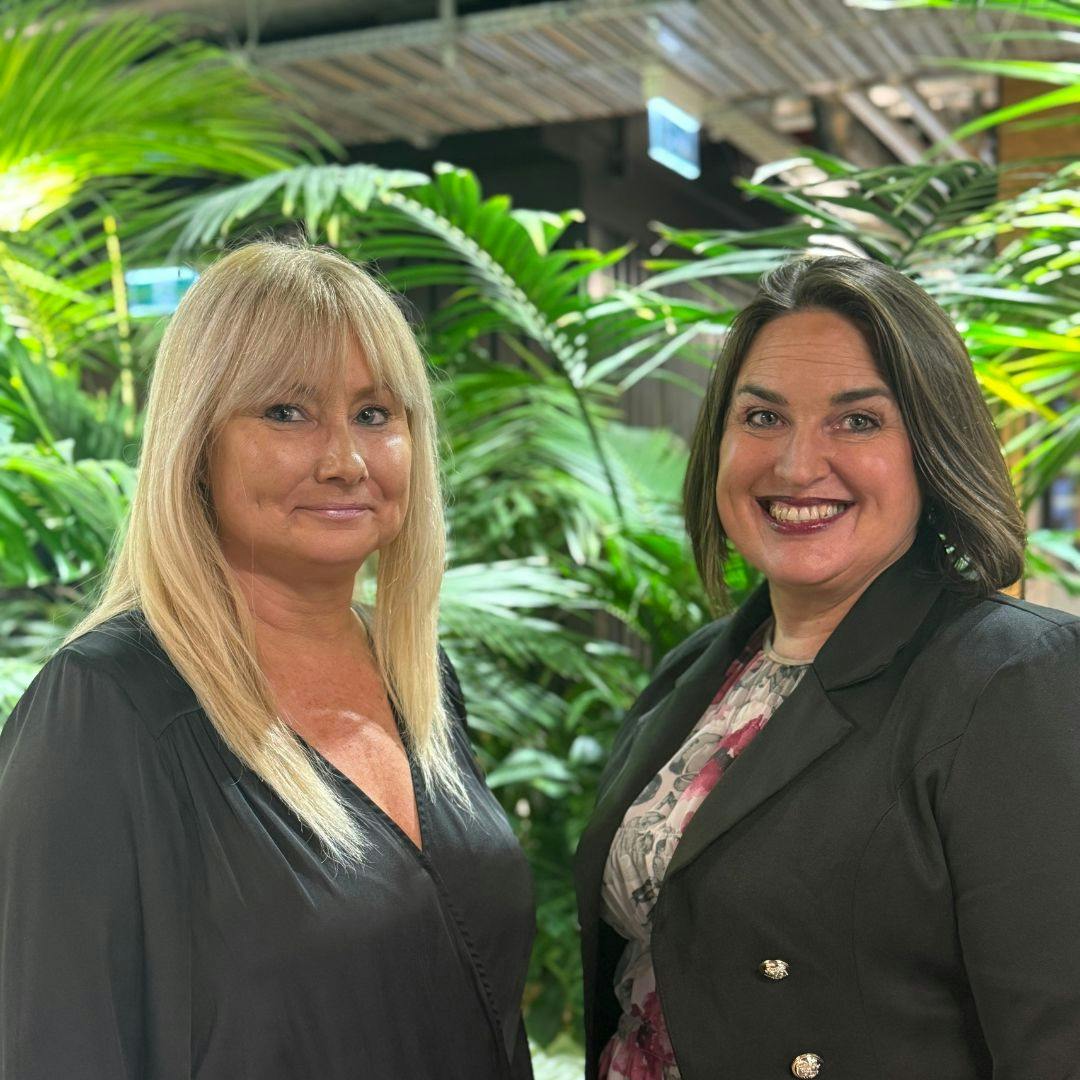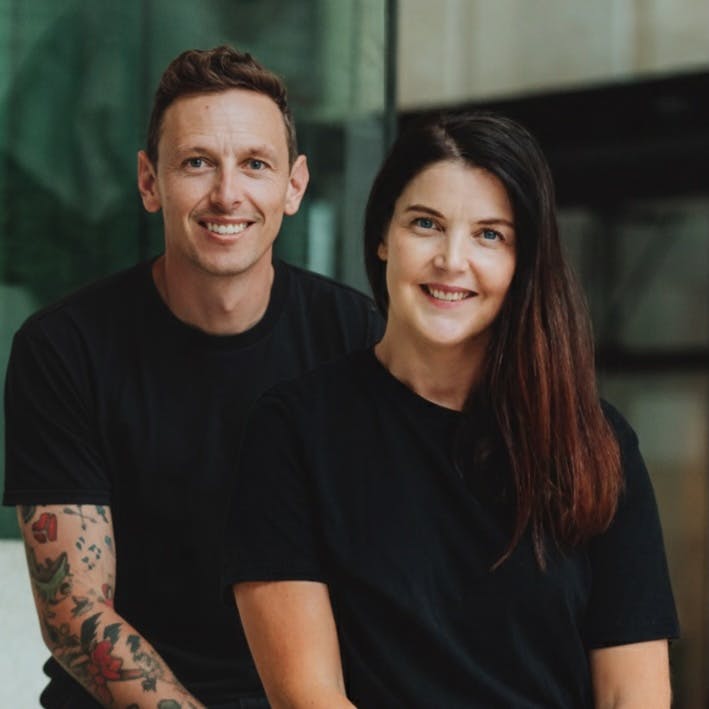Community
Your Business. Your Community.
At B:HIVE, we’re incredibly proud of our amazing community. We love celebrating our members’ successes, growth journeys, personal milestones, and welcoming new faces. Check out the latest news below or follow us on socials.
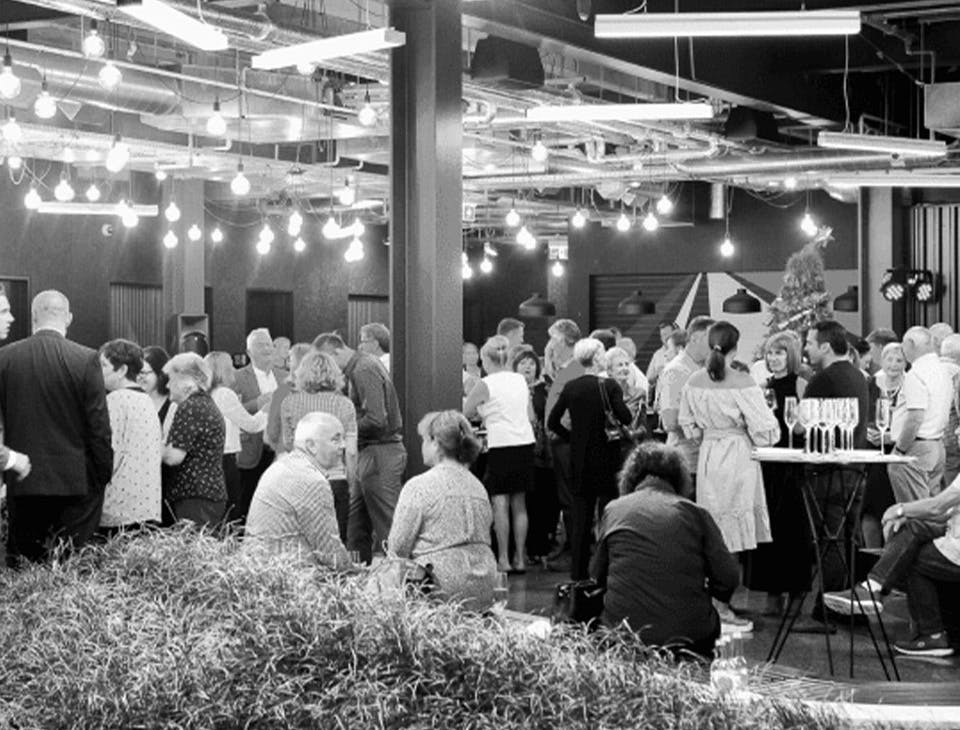
B:HIVE News - Scroll to see more member articles
Save the Kiwi gets New Zealand's GOAT
Our B:HIVE kiwi conservators have been a tad busy over lockdown.
First there’s the name change – from Kiwis for kiwi to “Save the Kiwi”. And a little bird tells me that The Hatchery, a branding agency at the B:HIVE, helped with the rebrand.
Next came scoring New Zealand’s GOAT in a boat – Lisa Carrington. For those of you who are not sure what that means , it’s the title “Greatest of All Time – in a boat” that the NZ Herald gave Carrington after she won three gold medals at the Tokyo Olympics.
Carrington has become the latest Save the Kiwi ambassador, joining Sir John Key and Helen Clark among others. Part of Carrington's involvement with Save the Kiwi will include an education campaign about dogs and kiwi over the summer holidays, featuring her own canine Colin.
Carrington said serving as an ambassador was one way she can give back to New Zealand after receiving so much support during her Olympic campaign this year.
"The kiwi is so important to our identity as New Zealanders; not only are we known as 'Kiwis' around the world, Aotearoa has such unique wildlife," she said. "I want to be a part of it surviving for the future generations." Carrington was named an ambassador during Save the Kiwi Week late October.
The team gave us a couple of facts to think about: An average of 27 kiwi are killed by predators every week. That's a population decline of around 1,400 kiwi every year, or two per cent. At this rate, kiwi may disappear from the mainland in our lifetime. Just one hundred years ago, kiwi numbered in the millions. A single roaming dog can wipe out an entire kiwi population in a matter of days.
For more information, and to check out Save the Kiwi's new re-brand click here.
SalesStar’s a finalist in NZ’s International Business Awards
Paul O’Donohue and his SalesStar team are having to sit on their hands before they find out if they have won in the New Zealand International Business Awards.
Supposed to have been announced at a big black-tie event in October, COVID and its interminable lockdown/levels has seen the results pushed out until February 2022.
SalesStar is a finalist in two categories – Excellence in Digital Transformation and Australia-New Zealand business leader Kat Davey is a nominee in the Inspiring Women Leaders Award.
Paul says he and the team are proud, as these are the first awards SalesStar has entered:
“What is it they say about the painter’s house, or the mechanic’s car? As someone reminded us recently: ‘You’re a fantastic transformational sales company, but what are you doing about selling yourself?’.
“A good look in the mirror and we decided it’s time the world heard more about SalesStar and our determination to go global.”
SalesStar already has established practices in Australia, the United Kingdom, Sweden, the United States and now in Mexico.
And in a perfect case study for how the B:HIVE encourages collaboration, Simon Anderson (Level One) has just partnered in and set up SalesStar Digital with the global team. Just as SalesStar has taken itself global by digitalising its sales training, that has now been extended to lead generation for SalesStar and its clients.
Yarn puts a bee in Greta's bonnet
The B:HIVE’s indie ad agency Yarn created headlines around the world recently when it stung Swedish climate activist Greta Thunberg in her home town!
Yarn creative directors Rich Robson and Matt Sellars saw Thunberg hit out at New Zealand for not doing anything to tackle the climate crisis and the team thought “hell” our pizza client might have something to say about that.
Yarn founder Heath Davy says billboards that suggested Thunberg could go to Hell Pizza for 100% carbon neutral deliveries in New Zealand, first went up around the country. The campaign immediately attracted a complaint to the Advertising Standards Authority. That got squashed.
Next, the team targeted Stockholm, placing one billboard 300 metres from Thunberg’s home. But that was not before one that country’s largest agencies was served with a legal threat to stop the billboards being erected.
Davy says a multi-national agency stepped up to the plate to help and the rest is history. Photos of the billboard went around the world.
Hell CEO Ben Cumming says: “The campaign hits all the right notes for us – engaging, polarising opinions and generating discussion on an important matter.”
Toi Toi tipple takes gold
If you have ever had a cheeky wee red at the B:HIVE Friday drinks (don’t we all miss it!), chances are it may have been from one of our fellow B:HIVEr's Toi Toi Wines.
You might be interested to know that Toi Toi’s Pinot Noir Clutha 2020 has won a gold medal in the recent New World Wine Awards. That means it scored 95 points and is one of the top 50 wines across all varietals.
Kevin Joyce, the principal of Toi Toi who you will (usually) find with his team on Level Two, is delighted as it’s the first time the pinot noir has been entered in the awards for wines under $25. But winemaker and viticulturalist Tim Adams is even more chuffed after having to deal with challenging grape growing conditions, coupled with COVID-19 restrictions.
“I kind of let the wine make itself,” he says. “It’s wild fermented and we did gentle plunging, treating the fruit with gentle hands. We wanted to enhance the fruit, not over extract the tannins.”
Congratulations to the Toi Toi team. We can’t wait to taste it… if there’s any left after shoppers get the score. It is on special at New World stores this month at $21.99 or at Blackmarket.
Unvest unlocks crypto value – from the B:HIVE
Cryptocurrency and the world of decentralised finance (DeFi) is probably still a mystery to most of us.
But the B:HIVE is the home of one the world’s leading disruptors when it comes to unlocking the value of digital assets. Unvest is a cross-chain DeFi protocol for trading unvested tokens and it has attracted investors and traders from throughout the world.
It’s the brainchild of Kiran Matthews. You may have seen him, often sporting a wide brim hat and a growing amount of ink, hanging out at Friday drinks before lockdown.
It all started when the majority of his early investment in a crypto project was locked for a two-year period. When those tokens increased significantly in value, Kiran was a tad annoyed he couldn’t cash out some of his gain.
So back in April this year he invented a platform to change that. Unvest’s first product is “Liquid Vesting Tokens” or LVTs, that means projects who distribute using Unvest’s protocol can offer their early investors the option to realise gains early by selling the LVT within the vesting period. The LVTs can then be redeemed 1:1 at the end of the vesting period, or be traded an unlimited number of times securely on-chain.
As we have all seen, crypto like Bitcoin, Ethereum and Dogecoin have huge surges and crashes – Doge did on the back of a flippant remark by Elon Musk.
So how does Unvest make any money? Unvest’s protocol takes a 2.5% fee every time an LVT is transferred between wallets. In the future these rewards will also be made available to the Unvest community who will be able to stake their UNV holdings to receive a share of the fees accumulated by the various projects using Unvest’s services.
Unvest raised funds from international investors including GD10 Ventures and x21 Digital, so COO James Rohloff says it can quietly grow its product offering over the next few years without having to be too concerned by the high volatility of the crypto industry.
Suffice it to say Unvest intends to be a one stop powerhouse to assist the launch of new crypto products. And from a platform that kicked off at the beginning of September it has shown plenty of muscle. According to CoinMarketCap.com, the price of Unvest (UNV) coin is sitting at around US$0.09, up over 300% from its listing price. UNV coins can be bought and sold on exchanges such as Uniswap and Pancakeswap.
To learn more click here.
Drawn to the B:HIVE buzz
Sky Reidy is a huge fan of flexible working spaces and it was inevitable she would eventually lead her team to the B:HIVE.
As Moustache Republic’s chief strategy officer and general manager (NZ) Sky was thrilled to settle her team on Level three in the last week of February.
Sky’s passion for flexible working was fuelled when she was lucky enough to visit the world’s WeWork in 2016 in the United States, on an International Business Exchange while attending The Australian Graduate School of Management (AGSM) at the University of New South Wales.
“We visited WeWork San Francisco as part of our MBA business exchange and were lucky to meet one of the founders Adam Neumann,” she says. That same year WeWork was chosen by Fortune magazine as one of its three unicorns to bet on.
Flexible workspaces fit well with Sky’spassionate for digital transformation and design thinking and are a crucial part of Moustache Republic’s strategy to offer a remote first policy to its 30 Kiwi staff.
Moustache Republic’steam of digital commerce innovators, designers and developers are based in Auckland, Sydney and Manila. The company has grown by 30 per cent in the past year in NZ and has doubled the size of its Australian office.
Newsflash: Moustache Republic has been announcedas winners of the 2021 @Bigcommerce ‘Agency Partner of The Year Award | APAC’ and the ‘B2B Excellence Award | APAC’ for their work with Bobux. What an amazing start to enjoying the team’s new home at the B:HIVE.
Boomerang Ellie bounces into B:HIVE
Ellie Shedden is a true international citizen.
Born a Kiwi, she lived a chunk of her childhood in Australia, returned to New Zealand and boomeranged back to Oz.
But Melbourne was a mere bounce for a degree and to start work in the construction sector. By age 26 Ellie, a now well-travelled business woman, was promoted to the Czech Republic as a senior corporate services manager with a portfolio of projects - budget US$40 million.
Then love entered the picture – of her Venezuelan partner Sarkis Agobian and the Czech Republic.
“Who wouldn’t love being in the centre of Europe with the ease of travel and such culture,” she laughs. “Sarkis and I love it there.”
But there was only one way to meet the visa rules around staying – quit her job and start her own company. OOP Clicks was born (the name comes from Ellie and references “ Alley Oop”, an old song and French circus acrobatic move).
Ellie built a substantial digital affiliate marketing business, think retail, tourism, banks, airlines… by reaching out to her network and aligning with one of the world’s biggest affiliate networks.
Next came COVID. The pair needed somewhere safe and Ellie, a Kiwi by birth, soon found Sarkis could get a partner visa as a permanent resident to join her in Auckland. She sold the business and secured the Australasian market for the affiliate network.
Elle brought OOP Marketing into the B:HIVE in February this year and quickly found out that New Zealand marketers don’t really understanding the value of affiliate marketing.
That’s something she is helping change – with agility that would be the envy of any circus acrobat.
Louise is walking the talk
Remember what your grandmother told you – “take a deep breath”? It might sound old fashioned, but it works. Breathing is one of a suite of tools at our fingertips as we travel through Omicron, according to our resident B:HIVE preventative medicine expert Dr Louise Schofield.
Put more scientifically, slow breathing allows the prefrontal cortex, the part of the brain associated with rational thought to come back in charge instead of the more emotional amygdala; which processes emotions associated with fear.
Louise, whose PhD is in public health, co-founded PreKure® three and a half years ago with her husband Prof Grant Schofield and a group of nine academics and health professionals.
PreKure’s team of health coaches, mental health coaches, researchers, and cliniciansfocus on helping us to live longer, healthier lives without chronic disease.
PreKure is the third start up in the medical field that Louise has headed. The previous two were The Real Food Publishing Company (2015) and Vitality Works NZ (2010).
“They have all been in health and wellbeing,” says Louise, “because if you haven’t got your health nothing else matters. Little changes can make a massive difference.”
If you don’t see Louise around the B:HIVE as much these days, it is because she and Grant have relocated to the Coromandel. Louise travels to the B:HIVE a couple of days a week. The couple was worried how their previously active son Danny (12) was spending all day on a computer station during covid lockdown. School work? Maybe…
Now he is riding round town on his bike, swimming in the ocean, or building huts down the creek.
Louise is helping the family walk the PreKure talk.
A little respect please
A B:HIVE based mother and daughter team are on a mission to promote the trade industry.
Trade Jobs NZ founder and director Colleen Getley, who has 30 years of experience in HR and recruitment, joined her designer daughter Kim to establish Trade Jobs NZ in May, 2020.
The aim was to provide a purpose-built platform for the industry and grow the reputation of trades people.
“It’s great because we have different skill sets,” says Kim. “Mum in HR and recruitment, and me in advertising, marketing and the creative side.We have a close relationship and say it how it is - we respect each other’s side of things.
Both spotted a gap in the market when they started Trade Job NZ.
Covid created growing demand. Increased building activity and government-backed infrastructure projects, combined with border restrictions reducing the flow of skilled workers into the country, has meant the industry has been facing a skills shortage for some time - 178,000 tradies are needed in New Zealand.
They also want to improve the reputation of tradespeople.
“Tradies across the board for a long time have had a bad rap,” says Kim. “Oh, you drop out of school and become a tradie is the thinking. In reality, it can mean earning incredible money and it is really reliable.”
Trade Jobs NZ also educates tradies themselves about how to get a job. Word-of-mouth is the most common go to - nearly 60% rely on it.
“They often go through Facebook, but it is not always going to work if you are hiring your mate’s cousin,” she says.“It also might not be the best way to find your dream job.”
Super Rugby battle at the B:HIVE
We have a super rugby clash playing out at the B:HIVE!
Bayer’s Elevit is partnering with the Hurricanes. Apricity Finance is behind the Blues… Fortunately they are supporting different genders. Both B:HIVE-based businesses say they can see the value in supporting one of New Zealand’s strongest sporting codes.
For Bayer partnering the Wellington-based Hurricanes women’s team is a no brainer for Elevit, which provides vitamins and minerals for before, during and after pregnancy. Jarrod Rhodes, senior brand manager, says the Hurricanes Poua is heavily involved in partnering women’s health and Elevit. “They are excited about being asked for help to develop events and social media campaigns that would reach a diverse range of kiwi women,” Rhodes. “During the year-long contract we will be helping the Hurricanes grow and connect with culturally diverse audiences.”
Back in Auckland, Apricity Finance is appearing on the sleeve of the Blues Under-20 and Under-18 teams, and is partnering with several Blues events, during a three-year partnership. In announcing the deal Blues CEO Andrew Hore, said the values of teamwork, respect, enjoyment, discipline, and sportsmanship are at the core of Apricity Finance and closely shared at the Blues.
Hore said the partnership will pave the way for new relationships and overall business growth for Apricity Finance as the Blues connect it with friends and family of the club.
Ex-pats team up again in the B:HIVE
Chris Ellison has travelled most of the world as a professional snow boarder and a corporate suit. When Chile exploded in riots and with COVID he and his Chilean wife and children came back to the safe haven of New Zealand.
“I ended up living over the back fence of Long Bay College where I had been to school a couple of decades ago,” Chris says. “While familiar, the culture shock of coming back to New Zealand has been huge for both Fran and me.”
Chris’ B:HIVE business partner Chaz Savage grew up in Gisborne. But he too has been away home for nearly a decade. After finishing uni, he left a promising rugby career and hightailed it to Australia where he worked for Telstra. That’s where he first met Chris. Then when Chaz went to work for Multichoice, a pay TV company that was ripping through Africa, as Chief Customer Officer he naturally nominated his old workmate as head of the marketing department.
The pair were based in Dubai but saw little of it as they travelled through Kenya, Nigeria, Uganda, Malawi, Mozambique and 20 other African countries empowering local teams to set up prepay TV for their customers. “I travelled so much that I earned 3x platinum status on Emirates,” Chris laughs.
Chaz eventually headed home to the family business, Scarpa Shoes, but was quickly wooed to become Chief Revenue Officer of Sky TV.
Meanwhile, Chris continued on his travels adding digital banking to his many talents as he worked through South America.
Once back in New Zealand, the pair teamed up again on a contract advising a Canadian company, Certn, that does employment and criminal checks. Certn has just finished a Series B capital raise that will value it at about NZ$720 million.
Chris and Chaz tag-team on Certn’s marketing and consumer business and decided to join the B:HIVE so they could work the project more efficiently.
“In reality while we could both work from home, we missed the workplace camaraderie and we have certainly found that around where we are on Level One,” Chris says. “We both have other businesses and we have been able to build connections with other people and their companies to help us with those too."
“It could also be true that we enjoy the few beers that our level one team pull out from time to time. It’s relaxing and talking, that we discovered there are also lots of people around us who have worked or had their own businesses overseas. So they are very familiar with the ex-pat feeling.”
Retaining & gaining talent needs a rethink
"Hiring is no longer about choosing the right candidate, it’s about candidates choosing you", warns Eighty4 Recruitment's consultant Lexi Jones. How do you go about holding on to the talent you’ve got and attract newcomers in a market where there is a growing shortage of skilled people?
During a record quarter for the business, Lexi says Eighty4 asked its network of candidates what employers could be doing better. Of course, the usual ‘more money’ and ‘more flexibility’ came up plenty of times, but there were a few other answers worth attention.
A common complaint was: “I feel like I’m doing the jobs of three people”. Feeling stressed, burnt out and exhausted has become the norm for a lot of employees since COVID hit.
Perhaps someone on your team has left and you haven’t managed to hire a replacement yet. It’s extremely important to support those who are picking up extra work, even if that’s simply hiring administrative support or getting someone in on a temporary contract part-time.
“It might cost you up-front but losing that skilled person, combined with the cost of onboarding and training someone new, means that more often than not, it’s worth hiring help,” Lexi says.
“Next, having a good culture alone won’t do the trick. Are you realising your employees’ full potential and providing them with opportunities to grow? When was the last time you sat down with them and asked them about their goals?”
The Eighty4 survey also highlighted that the days of getting home after the kids are in bed have gone, as an increasing number of people are updating their policies regarding family time.
“People are less willing to give up those important moments to celebrate milestones and be with their families - and they don’t have to anymore,” Lexi says. “Companies that show understanding and actively encourage their employees to make time for their families are winning the recruitment race."
“The reality we are facing right now is that it’s so incredibly hard to hire good people. We still have limited international immigrants coming to NZ to fill the gaps, despite the borders slowly starting to open so it's more important than ever to invest in our local talent.”
Milestone clicks over with a merger
Joseph Darby could be excused for having a wee skip in his step.
He has just successfully merged his 10-year-old company Milestone Direct with Become.nz to form Become Wealth, creating one of the few 100% New Zealand-owned financial service providers with no ties to specific product, or product provider. Fundamentally that independence means it can offer its clients the product it thinks best suits their needs.
Joseph had no sooner dried the ink on that deal, when the new entity then acquired the books of a couple of “baby boomer” advisers who were looking to retire.
And he is not stopping there: “Become Wealth, as we are now known, is rolling up the businesses of several more advisers who want to retire rather than face recent changes in financial markets, regulations and the need for additional scale and specialisation.”
Joseph, who retains his CEO role, says the merger and acquisitions will assist with strong future growth and build upon Become Wealth’s nearly $1 billion in funds under advice, including those managed under a Discretionary Investment Management Service (DIMS) licence.
Become Wealth has as clients major NZX and ASX-listed companies, a government department, medical professionals through the Medcapital brand, and around 17,000 individual clients.
The company is headquartered at the B:HIVE, with staff in Christchurch, Queenstown, Australia, and the Philippines.
Theta warns hybrid working a cyber security risk
Has your credit card ever been hacked? Suddenly there’s a couple of dodgy payments “pending” that you just know is not something you have bought?
Hacking into the payment tokens that are generated for your legitimate purchases is easier than it should be says Pete Bailey, head of cyber security for Theta on Level Three.
The hybrid working environment has helped thieves. Working between the B:HIVE, your favourite local to home café and home has real security challenges. Attackers are out there constantly looking for vulnerabilities.
“Recently people have been trying to find software to make dividing personal life and work life easy,” Pete says. “They have downloaded ‘free’ software to split their hard drive into home and work sections. What they don’t realise that this ‘free’ gift is only free for hackers to get malware in and find passwords via your browsers and folders to get your information and money out.
“Never let your browser, like Chrome, store your passwords. You should use password lockers or managers for security.
Pete has a diverse background in process improvement, training and digital marketing, and has spent the last decade in security, previously running one of New Zealand’s largest information security consultancies.
Pete says there are five main focus areas for companies to prepare for smart cyber-attacks:
1. People - Do your teams know what cyber-attacks look like, and the impacts they can have on your systems? You need to invest in good training for tools, processes, and awareness for your staff. Combine that with having the best filter/alerting tools in place to instantly spot an attack.
2. Hybrid working risk assessments - Your systems and processes should adjust according to new risk factors as they arise with people working on multiple sites. You should conduct a threat assessment – where is your organisation's greatest security risk? Prevent your staff from taking shortcuts - ensure you understand how they are working and what they need to achieve this. Review constantly.
3. Artificial Intelligence (AI) - AI and machine learning (ML) have grown 28% in the past year and is already being used in several security applications. Users, asset and network profiles are built using these behaviour histories, allowing AI to detect and respond to deviations from established norms. You should specify what level of security your organisation needs - there are systems that specialise in email filtering, threat hunting, detecting bots and bot activity. Invest in the right AI system.
4. Spending - When concluding a budget for cyber security, 10% of your IT budget is considered standard, but for high-risk industries this can go up to 25%. High-risk industries include:
Business/corporate
Healthcare/medical
Banking/credit/financial
Government/military
Education
Energy/utilities
5. Consult & Research -Attack vectors (pathways for attackers to illegally access your environments) and technology change fast. You should do your research and seek the best advice and solutions that are relevant to the current security situation.
No sting in Fair Pay Agreements for most B:HIVER's
Tony Teesdale doesn’t think too many people in the B:HIVE need to worry about something that has put New Zealand on the International Labour Organisation’s “bad country” list.
But the founder of Level One’s Teesdale and Associates says the NZ Government’s Fair Pay Agreements (FPAs) policy has ruffled a few of his clients’ feathers.
The consummate professional, who hung out the company’s shingle in 2008, says he sits firmly on the fence when it comes to the rights and wrongs being bandied about by different sides of the political spectrum. He’s just trying to educate people about what happens if FPAs becomes law.
For now the policy is only at Bill stage, with the first reading in Parliament having been completed. The Bill now goes to Select Committee where interest groups’ lobbying becomes super charged.
However, Teesdale says even after some changes after the Parliamentary process the Minister in charge doesn’t expect to see anything come out in terms of a FPA before late 2023 or even 2024.
The technical process for even getting a FPA to the table is arduous under the current law and the Government has written that it retains control into its policy. But Teesdale say unions ( the CTU) have indicated they have a priority list that has people like cleaners at its top.
Meanwhile the FPAs have attracted the attention of the International Labour Organisation (ILO). Along with 21 other countries accused of labour breaches including discrimination, forced labour and child labour, New Zealand is deemed to have a case to answer regarding its intention to breach a fundamental labour convention which protects freedom of association.
BusinessNZ says New Zealand’s Fair Pay Agreements policy contravenes ILO Convention 98 by constituting an ‘act of interference’ in the affairs of workers and employers. It says businesses believe the compulsory nature of the Fair Pay Agreements policy constitutes interference and are also concerned at other sections of the policy which would limit the freedoms of workers and employers.
Asked for his opinion on that, Tony just laughs and says: “well it is not the first time the ILO has taken New Zealand to task.” And, he adds, there is a General Election before the end of 2023 that may change things too.
Bravura pilots new work culture
New Zealand has long been a testing ground for international companies. Our workforce is seen as agile and early adopters of technology.
That’s partly why multinational software solutions company Bravura chose its Level 3 B:HIVE team to pilot a new way of working.
ASX-listed Bravura, which has a market capitalisation of around A$389 million, employs around 1,500 people in 17 offices across Australia, New Zealand, United Kingdom, Europe, Africa, and India.
Another part of the pilot decision was the attitude of the team led by NZ country manager Kylie Bryant. After the challenges around COVID and remote working, her people were up to conversations about how to make working together better.
Bravura partnered with New Zealand hybrid working specialists Anywhere Culture for the pilot. Together with Bravura’s Eilis Devlin, learning experience and culture partner, and Elissa Fletcher, acting chief people officer, Anywhere Culture led a co-design that put employees at its heart.
Kylie says with the physical office move from a traditional office to the B:HIVE, it was an opportunity to think differently not only about where, but how the team worked.
“Through the Anywhere Culture project the team adopted new mindsets, tools, norms and habits that were fit for a hybrid world,” she says. “These mindsets focused on community, empowerment, growth, and wellbeing.
“Through our conversations around empowerment, we watched employees start to think differently about the opportunities brought by hotdesking – including the ability to choose a focus or collaborative zone dependent on the type of work, and to form new connections with colleagues they don’t usually work alongside.
“With on-site yoga, weekly socials and networking events, the B:HIVE embodies our mindsets and provides endless opportunities to connect to community, prioritise wellbeing and experiment with new ways of working.”
Kylie says one thing that stood out was rituals matter: “It was crucial that we maintained the ‘moments that matter’ to make the B:HIVE feel like home, and no culture revolution was going to get in the way of Biscuit Wednesdays!"
Kylie will be talking about the Anywhere Culture pilot to interested B:HIVE residents later this month. Contact events@bhive.co.nz for more information!
Syrene’s sea story gets new chapter
The ocean has always been at the heart of Syrene skincare’s story.
Syrene uses marine ingredients in all its skincare formulations. The hero ingredient Ephemer™ is a macro algae, an antioxidant powerhouse that actively works to repair and protect skin at a cellular level.
Syrene is ingredient efficacy focused, which means it has thoroughly tested and researched the ingredients. It also harvests marine ingredients from sustainable farming methods such as marine collagen collected from the by-product (wastage of the fish food industry) of tuna fish skin.
Now in a twist of fate, Syrene has added another ocean ingredient to its range and it has become an important part of its sustainability story.
That ingredient is plastic – ocean waste plastic.
Mari Taylor, marketing executive for Syrene on the B:HIVE’s Level Three, says as custodians of the environment, the company has partnered with Ocean Waste Plastic™ for its packaging.
It’s currently estimated that every year, around eight million tons of plastic waste escapes into the oceans from coastal nations.
Mari says Syrene is constantly aware of its commitment to sustainable business practises. As well as using recycled plastic for packaging, it is working with retailer Mecca and TerraCycle.
“Rather than throwing away your already-loved bottles, pots and tubes, drop them off to your local Mecca store. TeraCycle’s program sends back your beauty waste, ready to be sorted, processed, and transformed into something new (and just as beautiful),” Mari says.
“We also put our online orders into 100% recyclable boxes and use a paper-based alternative to plastic bubble wrap to ensure your order gets to you safely.”
Compendium colours the world - sustainably
Walking into Compendium’s Level Three office is like walking into a cave of licorice all sorts. A riot of colour assaults the eye.
But the colour has meaning – they’re carefully chosen and woven together by fingers of sustainability.
Caitlin, one of the cave’s keepers, starts by putting her hand on a Hydro Flask, rubbing it like a Genie’s lamp: “Like all the products we represent, it is focused on sustainability. High quality, reusable, and long lasting with a lifetime guarantee.”
If you ride the “throw away, plastic wave” then Compendium will make you think again. The single use plastic bottles you now (hopefully) throw in the “recycle” bin are repurposed into Rumpl blankets - each blanket repurposes 60 bottles out of landfill.
And Compendium’s riotous Cotopaxi clothing brand recycles polyester – as well as repurposes off-cut material from bigger production runs giving perfectly functional material new life – ensuring that all materials used are responsibly sourced.
“These bags,” says Caitlin holding up a good-looking hiking pack, “are ethically made by workers who are given creative autonym to pick whatever coloured material they’d like from remnant material. They are unique and one-of-a-kind.”
Compendium is a family-owned business and it proudly distributes these brands across New Zealand, Australia and the Pacific Islands.
“The brands all have sustainability at their core.”
Huski hits the sustainability mark
Sustainability is at the core of what Huski does says Simon Huesser, one half of the B:HIVE company that has brought the world its award-winning tumblers for coffee, water, beer and wine, and wine coolers.
To emphasise the point he hands over a ‘short tumbler’ in a box. While the stylish tumbler promises to keep hot drinks hot and cold drinks cold for hours, like a child I am more fascinated in the box.
The box is as stylish as the tumbler and looks to unfold ready for recycling. “We worked with a cardboard engineer at Think Packaging and yes, our packaging was a finalist in the best design awards,” Simon laughs.
But back to the tumbler and its sister products including a wine cooler that fascinated so many at the B:HIVE drinks. The point is, says Simon, that we live in a ‘throw away’ culture and Huski is helping people change their mindset.
Google tells us that it is estimated more than 50 billion coffee cups get thrown away around the world annually.
“Ours are made with stainless steel and the minimal use of plastic,” Simon says. “It’s all recyclable is a key, but we also focus on the durability and longevity of so hopefully it will be a long while before your Huski is ready to be replaced.”
Ever wondered how the Level One company came to be called Huski? Apart from the fact it’s the name of a breed of dog that knows how to work hard in the cold, it is a combo of Simon and wife Meika’s last names.
The LEGO Group recycles PET in search for sustainable bricks
Building a sustainability plan has been a work in progress at The LEGO Group for years.
Cedric Roose, Country Manager for LEGO New Zealand, says the maker of the iconic children’s plastic construction toys says it hopes to have all its plastic bricks made from sustainable material by 2030.
“We have a little way to go, but there has been some promising progress,” Cedric says from his Level Four B:HIVE office.
A 2018 pilot project first produced some LEGO elements out of sugar cane. But they were non-structural elements like trees and leaves that appear in some LEGO sets.
“They looked good and felt good, but they didn’t have the strength for our construction pieces.” Then just over a year ago, The LEGO Group unveiled a prototype brick using PET plastic from discarded bottles - the first brick made from a recycled material to meet the company’s strict quality and safety requirements.
Materials scientists and engineers spent three years testing more than 250 variations of PET materials and hundreds of other plastic formulations. The result is a prototype that meets several of their quality, safety and play requirements – including clutch power.
“Clutch power refers to the strength of the bricks when joined together and how easy they are to click together and pull apart,” Cedric says.
On average, a one-litre plastic PET bottle provides enough raw material for ten 2 x 4 LEGO bricks. However, the bricks are still at an opaque colour stage and Cedric says the team is now figuring out how to make them the iconic LEGO colours.
Meanwhile The LEGO Group has also focused on getting rid of single plastic bags – from carrier bags to those found in LEGO boxes – and replacing them with paper. It has also set a target to reduce the company’s carbon emissions by 37% by 2032.
“We can have an impact for the future,” Cedric says. “The LEGO Group has a vision and a sustainability mission.”
Real Learning cracks the bubbles on win
The Real Learning team replaced its training room microphones with winners’ medals recently, after a win at the New Zealand Association of Training and Development awards.
The learning development company, based on Level 1 of the B:HIVE, took home Best Leadership Development Programme at the national awards night.
Heidi Lance, Real Learning’s founder, developed a safety leadership development program for Fletcher Building after the construction company reached out following on-site incidents.
“The purpose of the leadership safety programme is to help instigate a safety culture shift that starts with the leaders and results in improved safety outcomes,” Heidi says. “It's an acknowledgement that people come first, and all injuries can be avoided.”
Since Real Learning implemented its programme there has been a “significant” positive change in processes within Fletcher Building Heidi says. The company has recorded 32% reduction in injuries, 75% reduction in serious injuries, 90% of sites being injury free and two more business units remain injury free.
“We worked with Fletcher Building for six months to design this programme,” Heidi says. “It has gone from me facilitating it, to the executive leadership team, to then filtering down through the whole company.
“The business has trained more than two and a half thousand leaders across Australia and New Zealand since we started.”
The same leadership development programme was also named as a finalist in the Australia and New Zealand Safeguard Safety Awards.
“It’s great to get recognition for all the hard work the team has put in and it also shows the strength of the relationship between us and Fletcher Building,” Heidi says.
Abbie gets Southern Cross on the road
Dietary health has come out on top with B:HIVE-based Feel Fresh Nutrition scoring an exciting contract with Southern Cross Health Insurance.
Members of Southern Cross are eligible to receive major discounts on consultant and nutritionist fees with Feel Fresh Nutrition until December 10.
Feel Fresh Nutrition owner Abbie O’Rourke says this applies to the 900,000 Southern Cross members nationwide.
“This is the first time ever that we have had access to so many people, it’s exciting. We know the role nutrition plays in our health and now, more than ever, people are seeking additional help. Having an unhealthy diet is the leading preventable risk for poor health in New Zealand, not mention how it makes us feel and perform,” she says.
Abbie says Southern Cross’ commitment shows that nutritional health is being further recognised as important for overall good health.
“People used to see us as just weight loss consultants, but it’s now understood that it impacts every part of our lives. We provide nutritional solutions for anxiety, high performance, sports performance, gut health, hormonal balance and everything else,” she says.
“For a lot of people [nutrition] used to be secondary to financial planning or physical health and now we’re seeing it become a really important part of being a healthy person.”
This current offering is a saving of $95 when booking in for the ‘Southern Cross Members Package’. This package includes a 60 minute initial consultation and two 30 minute follow-up consults. The standard fee for this package is $385, but only costs $290. Also, Southern Cross Health Insurance members who have Ultra Care are 100% covered, and members that have Wellbeing Two plus Body Care Module have an allocation of $250/year for nutritionists under the Feel Fresh deal.
The focus at Feel Fresh Nutrition, is not only on individual wellbeing but workplace wellbeing, Abbie says.
“A lot of the work that we do is in the workplace and many of our corporate clients are also Southern Cross members. It’s incredible how many people have access to this, but they are not aware of it. Nutritional is now top of mind when workplace wellbeing is considered.
“This partnership with Southern Cross has made nutritional help incredibly accessible to so many people."
Binance building local honeypot from B:HIVE
Binance, one of the world’s largest digital asset platforms, has created a cell in the B:HIVE.
But if you go to Level Four to take a peek, you would be excused for doing a double-take. Ben Rose, Binance’s first general manager for New Zealand, used to be in the hive at CodeHQ as CCO.
A Londoner by birth, Ben came to New Zealand 19 years ago to shoot a TVC for Tourism New Zealand. He loved it so much he stayed converting from advertising to sales and marketing and into the digital world.
Now he’s setting up the local entity for Binance, wading through registration as a financial service provider, rules for external disputes resolution, reporting to Police on anything suspicious and becoming an anti-money laundering reporting entity (AML).
There are people, including journalists, who are dark on cryptocurrency ( look at all the losses they wail…) and other digital transactions like NFTs, staking (crypto savings accounts) and wallets.
But Ben says 10% of New Zealanders have already had their first foray into the crypto world. And with the global average at 15% per capita, there is plenty of room for growth here.
Binance’ global platform has grown from launch in 2017 to, as of mid-October, handling US$100 billion trading a day and 1.8 billion transactions per second.
In New Zealand, Binance’s BNB coin is already on the list of crypto in TV money reports here.
How can B:HIVERS convert to “Binancians”? Ben says it is important to educate yourself – to do your homework. An online Binance Academy covers 101 in crypto lessons through to the complex. And he might be talked into doing a session if enough people want to bring their lunch and have a listen.
But will he get Binance’s billionaire co-founder CZ (Changpeng Zhao) to visit from Singapore? He’s working on it… Now that would create a real buzz.
NZIE puts a Google cherry on top
NZIE’s digital marketing students are celebrating a fantastic new collaboration between their education provider and Google.
NZIE’s Digital Marketing School have developed a course with Google for its graduates that will put a cherry on top of their Diploma of Digital Marketing: a post-grad 10-week course in Google’s Digital Academy.
The Google Digital Academy will be held at the end of each NZIE Digital Marketing Diploma and provide NZIE graduates with the chance to gain Google industry certifications.
The certificates offered will focus on display and video, campaign management, and Google Search Ads 360. It will be run by Google and delivered with agency partners.
“It builds on the Diploma in Digital Marketing,” says NZIE managing director Rob Marks. “Getting these certificates means that they are even more qualified when they enter the industry. A lot of agencies look for Google-certified digital marketers, so this initiative will help the industry and our graduates.
“The students are very excited. It’s a great way of getting certified and engaging with the Google team and agencies."
NZIE’s Digital Marketing school offers programmes ranging from NZQA-accredited short courses to a Level 7 Diploma. All courses are co-created with industry and their classes are delivered 100% live and online so students can study from anywhere in New Zealand.
The institute’s “big network” of alumni can benefit from the recent partnership with Google too.
“Once they've got the Diploma, both graduating students and alumni can join the Google course,” Rob says.
B:HIVE business blooms on Canadian soil
B:HIVE business Mycare has got its ice hockey sticks and maple syrup ready following its recent launch into Canada.
It is the digital care organisation’s first bridge over international waters, and comes after years of building to nationwide success. Mycare, located on Level 2 of the B:HIVE, is New Zealand's largest online community of people seeking or offering various types of help at home.
“The premise behind it is reimagining what homecare looks like for people with disabilities, older aged care needs or wider needs, enabling people in the home to thrive. What we discovered was homecare had a very ‘push’ approach, where carers would be sent out without the person in the home understanding who was coming into their home,” CEO Matt Owen says.
“So we redesigned what homecare could look like; centred around the person at home having a choice as to who comes into their home.”
Mycare is one of the first in the world to bring this concept to life, Matt says, and the platform has since grown to have more than 14,000 qualified and vetted carers registered throughout New Zealand.
The B:HIVE- based organisation’s launch into Canada came after not-for-profit organisation Manitoba Possible in Winnipeg reached out to collaborate with Mycare, after they discovered the kiwi organisation had achieved what they were trying to do themselves.
“They believed in the same model as us, that the person in the home should have the right to choose who comes into their home,” Matt says.
Mycare has provided the software and platform for the Winnipeg-based organisation to connect the disabled community with local support workers.
Since launching in October, Care Possible - has bloomed on Canadian soil, already providing support to people with care needs and connecting the care in the home ecosystem.
For example, a dad in Toronto is now able to be a part of the care journey for his disabled son and daughter-in-law, who are in Winnipeg, Matt says.
“Because of the nature of the platform, it enables family, friends and carers, all to be able to connect to the platform and the care system. So, for this dad, even though he lives thousands of kilometers away, he is able to be a part of the care journey for his son and his son’s wife,” Matt says.
This is only the beginning of Mycare’s international outreach, Matt says.
Mycare also delivers the technology behind Gumboot Friday, providing a platform for young kiwis to connect directly with counsellors nationwide.
They also launched Te Heke Mai in 2019, a coaching platform supporting New Zealander’s into the work or on a pathway of their choosing.
Stop by and say hi anytime to Matt and the Mycare team on Level 2.
Image: Some of the Mycare team based in the B:Hive, from left: Mackenzie Amer, Nikki Harris, Matt Owen and Emilie Nebulot.
LDP lights the way to FIFA World Cup
One of the B:HIVE’s own has scored bigtime in the delivery of the FIFA World Cup in Qatar.
Leading Design Professionals (LDP), a lighting and electrical engineering company based on Level 4 of the B:HIVE, designed the lighting around the Hamad International Airport in Doha, Qatar.
This project included a lighting master plan and detailed design of all exterior lighting, including 200km of roads and carparks around the airport, three major intersections, and the Emir’s private terminal area with custom designed equipment to provide the airport site with a “unique identity”, senior lighting and illumination engineer Ben Cullen says.
LDP is a lighting design company which focuses mostly on designing for the built environment and infrastructure, while considering and reducing the impact of bad lighting on the natural environment and wildlife, Ben says.
“LDP is really about limiting the impacts of bad lighting, by designing good, well-controlled lighting,” he says.
LDP’s work in Qatar is not the only major international project its team of expert designers and engineers have undertaken.
They also designed the relighting of the 100,000-seater Olympic stadium in Sydney, Australia, alongside various other sport stadiums including the Avantidome Velodrome in Cambridge, including full electrical and backup power integration design, and North Harbour Hockey Stadium.
LDP’s success has been recognised this year with five awards for three different projects.
The company designed the relighting of the streets of Dunedin City, a project for which it won three awards: the IESANZ Award of Excellence: Energy Efficiency and a Commendation, and the Royal Astronomical Society of NZ Award of Excellence.
Senior Engineer Ben Cullen said they worked on the Dunedin City Council (DCC) project for eight months, which included the design and placement of 14,000 lights.
Not only did they reduce the energy usage of the DCC by over 60%, they significantly reduced “sky glow”, Ben says.
“We reduced the sky glow by using warm white streetlights, making sure they focused downwards and didn’t throw light into the sky. This helped the local ecology including birdlife, and reduced light pollution, which the DCC was really focused on,” he says.
LDP were also awarded IESANZ Awards of Commendation for a new cycleway linking Glen Innes and Tamaki Drive, and the Viaduct Harbour precinct.
The lighting project in Viaduct Harbour saw LDP retrofit and redesign the original lighting along the promenade with LED while keeping the original bespoke feel.
LDP worked with the original design which focuses upwards into a dome which reflects it to the ground, creating a “soft, ambient” effect, Ben says.
Working on wellness part of personal development
Mel Carroll often goes missing in action from her B:HIVE Level One desk. She takes off on luxury retreats around New Zealand and soon to return to Bali and Niue. But before you get all envious and pin her tan and healthy looks on a chilled life, it’s because she’s working.
Mel is the founder of Wellness Retreats New Zealand – as well as the resident Smales Farm yoga teacher (on Tuesdays from 12.30-1.15pm). Her story is familiar – top performer in the wild world of advertising and graphic design, until she burned out.
Mel says her mid-20s diet and lifestyle as well as her work added up to be diagnosed with chronic fatigue syndrome. After taking some time out to focus on her wellbeing, Mel ventured overseas to work on super yachts for three years. Then it was on to Bali where she managed a women’s premium wellness retreat. Along the way she became a certified yoga instructor, completing her 200-hour Vinyasa training in Seville, Spain.
Her grownup self then returned to New Zealand and 2014 started up her business. “Yes it started as predominantly women who were keen to get away, often with friends, for a premium luxury holiday with yoga, fitness, good eating, massages wellness workshops and all the good stuff,” Mel says. “But I have noticed more and more men are joining our retreats either solo or with their partners now. And since the pandemic a wider range of people are investing in their holistic health."
“Corporates too are investing in their people to not only retain but keep their good talent healthy. They are including it in personal development plans, with half a day planning and the other half learning about nutrition, mindfulness, resilience and how to keep yourself fit in your body and mind.”
Wellness Retreats New Zealand has a collective of around 40 health practitioners it calls on to cover its retreats here and overseas and its corporate days.
“I call it adventure meets wellbeing,” Mel says. “Yes, you can have an alcoholic beverage with dinner on our Franz Josef and overseas retreats (wellness is all about balance) and sometimes get on your cell phone or laptop. But I encourage people to leave their devices behind, or only use them for an hour a day. I think a lot of modern-day stress and mental health issues, especially with young people, can be sheeted back to electronic devices. It’s good to turn them off – disconnect to reconnect.”
Over the past six years Mel’s rolled out wellness programs for prominent companies such as HSBC, PwC, PwC Foundation, 2degrees, ANZ, BNZ, Deloitte, Deloitte Fast 50, Hyundai, World Masters Games, AIA, Caci Clinic, Stride Property and Yellow.
Hook into the B:HIVE yoga or talk to Mel about her retreats …if you can catch her at her desk!
Online appliance company hot on recycling
You’ve just taken delivery of your beautiful new couch or state-of-the-art fridge. If you are very lucky your old favourites will be taken away at the same time, but where do they end up?
B:HIVE-based, online furniture and appliance company Andoo has partly built its rapidly growing internet-based furniture and appliance reputation on answering that question.
It is all about sustainability and recycling. It’s absolutely committed to raising the bar and thousands of tonnes of no longer usable household items are being repurposed as a result. There’s no greenwashing here!
The team works with multiple recycling partners for cardboard, whiteware, polystyrene waste, and more. Wherever possible the process of recycling starts right at its warehouse.
Anna Faber, content producer from Andoo, explains: “We have two machines in our warehouse that we use to process waste. The cardboard bundling machine packs cardboard and sends it to a partner in New Zealand and the EPS compactor compresses polystyrene into blocks, which then goes to a partner in NZ and is sent overseas to be remanufactured into things like skirting boards and picture frames."
Everything that can be diverted from landfill is, Anna says.
As well as recycling, Andoo is committed to the process that creates the products it sells, including its own brands alongside the big names like Beko, KitchenAid, and Sealy.
“Our parent company Winning, which is based in Australia, has a dedicated team that conducts due diligence on supply chain across the key areas of modern slavery, packaging, carbon emissions and timber sourcing,” Anna says.
Modern slavery is still a real thing.
“Our team engages with our suppliers to understand what practices and processes they have in place to manage and mitigate the risks of modern slavery within their organisations and supply chains,” Anna says. “A key part of our approach to responsible sourcing at Andoo is to educate suppliers and provide practical advice to further understand the risks of modern slavery in their supply chain, while improving transparency and due diligence measures.”
Maven says floods likely to change rules
Torrential downpours have a big effect on New Zealand’s civil engineers.
For a start, they get nervous about just how much rain will go into soak hole, stormwater pipes and downstream receiving catchments says Kane Willcox, team leader at Maven on Level One.
Then he says they get curious and want to see how their designs have coped.
“The big flood on January 27 and the subsequent cyclone was devastating for people, and our sincere sympathies are with them and their families,” Kane says. “The event, however, gave a us a real-life opportunity to evaluate some work Maven has been doing to protect against flooding.
“That includes designing new soak holes, pipe capacity checks and a variety of other engineering solutions. I got out and about as soon as the water allowed me to and had a look at a few of our sites. I was very happy with what I found.
The Maven team at the B:HIVE is involved in general civil engineering and land development, with current work flow being focused on delivering various large scale subdivision projects.
Kane predicts the flood event will have an effect on freeboard levels – the level at which houses needs to be built on a site. These levels could be increased to make buildings more resilient.
“We need to future proof not only Auckland, but across New Zealand,” he says.
The Maven team has been growing quickly, with the help of its B:HVE colleagues 84 Recruitment finding it top talent. The 10-strong B:HIVE staff complements a larger team of engineers and surveyors based in nine offices across the country.
In the mop up now taking place Kane says the challenge for many will be getting sign off to be allowed to do work to solve issues that the weather events caused. As well as consent for engineering work to take place, there are also considerations around insurance claims and Toka Tū Ake EQC (Earthquake Commission).
“We are all going to have to be a bit patient,” he says. “The influx of work has suddenly got so much longer.”
The fine weather in the past couple of weeks and a chance to get to the beach for a swim is helping with the wait.
EverEdge explains AI advantages
Artificial intelligence (AI) systems like ChatGPT have surprised a lot of companies with their efficiency and, well, intelligence.
Many employees are quietly nervous that their jobs are threatened by the rise of these new tools.
But ‘tool’ is the crucial word here. AI systems are just tools like the hammer or the wheel, and it’s important to keep them in perspective. Will they be disruptive? Definitely. Yet will this disruption result in pain and suffering for the average company and employee? They don’t have to.
Here’s how EverEdge, the intangible asset specialists based on the B:HIVE Level 2, thinks about AI systems.
About 30 years ago, when AI first crawled out of its cradle, the early machines began to defeat some of the world’s best chess players. Breathless news of these victories flowed across global media just like the stories of ChatGPT over the last few months.
The human chess players figured out ways to adapt. The smart human chess players started allying with AI systems, using them as tools to win. Rather than stubbornly competing against the machines using only their brains, the human/AI teams ended up consistently beating the AI systems that were operating alone.
EverEdge knows that companies which deploy AI tools to enhance the productivity of their human employees, rather than using them to replace their staff, will achieve incredible advantages over their competition. Obviously, humans alone can’t beat smart machines, but human/AI teams will soon be like having a hundred little superheroes dotted around your office.
EverEdge knows this because it specialises in seeing the intangible assets behind even the most “obvious” business dynamics. Those companies that are leveraging – rather than fearing – AI are adding value to their organisations by generating better returns on investment through the enhanced use of assets such as data, systems and processes, software, network effects and content.
As with most things, technology can be worrying, but learning how to leverage it effectively and drive value can take the edge off the shock.
Making a difference for Rangatahi
When Ariel Metekingi called his friend Marsden Hulme in Australia a few years back and asked him if he would come home and help his people, he said yes. The result was Hapū Ora.
Marsden, who is of Ngapuhi and Waikato-Tainui descent had been working with global organisations in the UK, US and Australia and the timing was right. He was ready to bring his commercial background back home and use it to advantage.
The friends founded Kaupapa Māori organisation Hapū Ora, based on level 1 of the B:HIVE.
Their approach is both caring and practical. “On one hand we are very much socially driven, but we are also a mix of social and commercial,” says Marsden. “It’s a logical handshake.”
Hapū Ora provides 12 home care sites throughout NZ, with the B:HIVE as their head office, focusing on returning mainly but not exclusively Māori tamariki and rangatahi to their whanau. These young people had previously been removed from their families by various organisations. This home care is supported by a recruitment arm which has relationships with the likes of Fulton Hogan, Downer, G.J Gardener Homes and some telcos, as well as mining companies in Australia. Getting rangitahi into employment is a crucial part of the process.
The skill sets Marsden and Ariel bring to Hapū Ora are immense. Marsden’s experience encompasses Operations, BPO (Business Process Outsourcing), Workforce Management and Contact Centre Operations. His entrepreneurial ventures include consumer electronics, telecommunications, and renewable energy.
Ariel, (Ngati Toa Rangatira,Ngai Tahu, Ngati Koata, Ngati Tahu Ngati Whau, Ngati Pikiao Te Ata haunui a Paparangi, Ngati Tuwharetoa, Ngati Ngat Ata) has served on the Tainui Māori Trust Board. More recently he worked as a management consultant in New Zealand, Australia, and the USA, advising businesses on entering new markets and building international networks.
Hapū Ora works differently to other organisations. “Our point of difference is that we are caring at a broader level, by reaching into homes to try to help whanau have a better life through employment opportunities,” Marsden says.
“One of things we have learned, is that many whanau are returning kids on a benefit, so it’s a real struggle to feed another mouth. While the aspiration of sending kids back is noble, from a practical point of view it is difficult. When we talk to Iwi we are able to talk about employment for rangatahi to help the whanau.”
The organisation is government funded and has partnerships with Oranga Tamariki, DHBs, Mental Health Services and other specialists.
There are currently 25 kids in Hapū Ora's care across the country from Invercargill to Auckland. Some of their centres, which are mainly family homes, are owned by Oranga Tamariki or Hapū Ora. Seventy percent of all kids in care are of Māori descent. And Hapu Ora is seeing kids younger and younger and with more complex trauma.
“Our job is to reset that trauma working closely with other services, no one group has all the answers,” he says.
Antipodes Scientific Set To Transform Lab Work
The stereotype of scientists walking around labs with notebooks and fastidiously taking hand notes, is amazingly, not far from the truth.
Antipodes Scientific’s Managing Director, Daniel Fitzpatrick, who has a doctorate from the University of Cambridge, has been through the ropes himself.
Which is why he and Antipodes Scientific are building tools to help address challenges they faced as researchers themselves. All members of the team have a background in lab-based research.
Now, Antipodes Scientific is about to launch a product that has the ability to completely transform research. Catapulting researchers from pen and paper and mountains of unsearchable binders, to a fully searchable, pre-populating electronic lab notebook, that meets the chemical industry's stringent health and safety requirements.
“It means that researchers can spend less time on day-to-day monotony of routine tasks and have more time to do productive work,” says Daniel.
A big component of the transformation is that scientists will have access to research records electronically, including chemical transformations, which will accelerate discovery processes, especially in the pharmaceutical sector.
So why have researchers been stuck in the dark ages?
Partly, Daniel says, the industry is slow to adopt new technology because of the regulatory environment in which they operate. If they do things as they always have, regulators like the FDA are familiar with their procedures. But, if something new is introduced it might trigger a long review process, impacting time to market. It’s always been seen as easier just to carry a book around.
“I do find it mind boggling,” says Daniel. “I’ve got a great photo of the storage area at the university where I did post grad. We would write our results in thick books of 200 pages, and there’s basement full of thousands of these books, that need to be kept for 40 years by law.
“When someone moves on, their books go into the basement and no-one knows where they are. You lose past knowledge – no-one's going to spend hours searching through them.”
The electronic lab notebook will be released publicly next month to time with the post summer holidays of the US and Europe, where Antipodes Scientific does a lot of business.
“We’ve got existing customers trialling, and word has spread to other companies, so there's growing interest to get it up and running,” Daniel says.
Transformational indeed. If you recognise Daniel working from his desk on level one, it’s highly unlikely you will see much paper!
Māori Kaupapa driving success
When Māori-founded company AskNicely moved into the B:HIVE last August they were intentional about celebrating the support of the mana whenua, with a pōwhiri and a blessing.
Now less than a year later the company is celebrating winning Hi-Tech Kamupene Māori o te Tau – Māori Company of the Year.
AskNicely is guided by Kaupapa Māori (the Māori way of doing things) and is proud to shine a light on Māori success in the technology sector.
CEO Aaron Ward, (Ngāti Maru) is hoping more Māori and Pasifika will see there is a genuine pathway in technology. “The rate of participation in the technology sector by Māori is woefully low. Māori kids need Māori heroes,” he says.
AskNicely helps businesses make every customer experience a success and has teams in the US and Europe serving millions of customers across the world. The company collects feedback from the customer after they have an experience with a frontline worker. This is forwarded to the worker directly through an app on their phone.
“There’s plenty of ways to collect feedback from customers, we’ve all seen those silly long surveys that lots of companies inflict upon their customers. What we do is we make sure that feedback doesn’t go to an analyst or some sort of report for managers to look at - we make sure it goes directly to the person that serves them. So that they know what they do matters, they are caught in the act of doing things right.”
AskNicely’s executive team from the U.S flew in to celebrate the awards last month at a glitzy ceremony in Christchurch. Ask Nicely has 25 staff at the B:HIVE, and other 25 in the United States and several in Amsterdam.
“This is where the discovery work was done, the design work was done. This is where the building is done. And then we have the rest of our business, our teams in the US and in Europe that go out and market our product around the world.”
Celebrating 30 years of business growth
Everyone loves a Kiwi success story and leading software developer CodeHQ is most certainly that.
Beginning life as Augen back in 1993, over the past three decades CodeHQ has brought the power of 15-hour in and out-sourced working days and a relentless appetite for innovation to their clients.
With a base here at the B:HIVE and a second office in Vietnam, CodeHQ has delivered world-class software design and implementation at a considerable cost saving.
Why Vietnam?
The start of the new millennium saw Vietnam invest massively in STEM (Science, Technology, Engineering, Mathematics). It was for this reason that, 18 years ago, CodeHQ chose to set up a wholly-owned subsidiary in Ho Chi Minh City.
Ho Chi Minh City has a population of around 9 million people, and with the vast grouping of available talent on offer, CodeHQ’s clients can save as much as 30% compared to local employment costs and better than 50% on local contract rates.
CodeHQ CEO and Co-Founder Peter Vile believes the company’s offering, with 100 staff spread across both offices, gives them and their direct clients a significant competitive edge. “Drawing on highly talented software development teams, has allowed us to add scale to our very experienced New Zealand-based workforce in a way that wouldn’t usually have been possible,” says Peter. “We employ all members of our Vietnam team directly and have built a trusted reputation. This means we have skilled workers waiting to join our ranks when we need them and we can onboard them quickly and deliver scale even faster.”
A ‘One Team’ culture
Developing an operating model organically over the course of two decades in Vietnam and three in New Zealand has produced a perfectly synchronised ‘one team’ culture.
The Vietnam working day usually starts around 1.30 pm New Zealand time.
CodeHQ’s clients and local developers can work all morning, do a quick virtual stand-up with their Vietnamese colleagues, who then carry on working into the evening and the night NZ time.
Operating across two time zones provides a considerable extension to the Kiwi business day and a major boost to productivity.
The next stage of the journey
So, what’s next for CodeHQ as the company’s enters its thirties?
In a word, growth. Growth built on the back of an agile business model that has evolved over time to be perfect for today’s always-on commercial environment.
IQ Hive tap into niche in huge sector
Product Development company IQ Hive have found a unique niche within the massive mobile services sector which has transformed the nature of their business.
IQ Hive modernises and automates IT systems and processes and now find themselves dedicated largely to One New Zealand, one of the key network providers in the country.
“We started managing projects with them, small to medium size ones, but then started to pick up larger ones and now all of our business is predominantly with them in the wholesale sector,” says Alex Vaz, Product Manager at IQ Hive.
It’s all about what could be called white labelling when a company purchases a generic product and rebrands it as their own to sell.
“What One New Zealand has noticed is a growing desire for other “non telco” companies to get into the mobile service space, which is very expensive to set up, as you can imagine,” he says. “There’s a lot of infrastructure, like cell towers, huge servers, a lot of overseas contacts to enable international capabilities"
“One New Zealand already has all the right infrastructure so they work with us and we created a layer that provides a seamless integration into their infrastructure so OneNZ customers can utilise the One New Zealand network and they can sell their own branded version of OneNZ’s mobile services,” he says.
“Our platform sits on top of those services, so when their wholesale customers come to them with just a brand such as images, some website copy and colour guide, we give them an entire platform that allows their customers to purchase sim cards, buy plans and manage the services - all branded under a customers brand which ultimately uses the OneNZ network.”
“A lot of people have amazing customer bases and would like to expand to mobile services. Anyone can do that now.”
Overseas, in countries like India, there are thousands of mobile services providers. Essentially New Zealand is getting into the game happening overseas where the market is adopting more and more players, which OneNZ and IQ Hive hope to work together to champion.
Business is growing with the successful launch of both MightyMobile - Mighty Ape’s new mobile brand as well as Contact Mobile, the mobile service belonging to one of NZs biggest power providers - Contact Energy.
Watch this space!
Join the Kiwi Art Trail
Awesome charity Save the Kiwi is a longtime B:HIVE community member, and many of you will already be aware of the great work they do. This month they have an exciting new month-long campaign, called the Kiwi Art Trail, bringing a collection of uniquely designed and painted kiwi sculptures to Commercial Bay, the Viaduct, Wynyard Quarter, and Silo Park.
The Kiwi Art Trail will run from 9 October until 3 November 2023 and features 20 kiwi sculptures that have been turned into bespoke pieces of art by well-known and emerging New Zealand artists including Otis Frizzell, Flox, Amanda Billing, Sarah Oostendorp and Jonathan Organ. The Kiwi Art Trail is supported by insurance broker Gallagher (who recently rebranded from Crombie Lockwood).
“The Kiwi Art Trail is a great way for people to get up close and personal with a kiwi in a very different way,” says Save the Kiwi Executive Director Michelle Impey.
When the trail ends, the sculptures will be auctioned. Proceeds will go towards raising the next generation of kiwi at the Gallagher Kiwi Burrow, a facility managed by Save the Kiwi that incubates and hatches kiwi chicks and releases them into the wild.
Michelle is excited about the fundraising and awareness opportunities of the Kiwi Art Trail. “New Zealand used to be home to millions of kiwi, but in just a few hundred years, widespread clearing of forest and introduced predators have seen numbers crash,” she says. “Stoats, ferrets, dogs, and other predators pose a great danger to kiwi. Approximately 68,000 remain, a number which declines nationally by 2% every year. Of the kiwi chicks that hatch in areas where there is no predator control, 95% are killed before they reach adulthood. It’s very sobering, and we hope the Kiwi Art Trail will raise awareness about the threats kiwi face and raise much-needed funds to help the next generation of kiwi.”
But there are also many success stories. Michelle says in some areas like Northland and Coromandel, there is actually growth in kiwi numbers, which is testament to the great work of community groups. Earlier in 2023, Save the Kiwi released 50 kiwi to Wellington, and another 50 to Tongariro. Now’s the time to step up and support kiwi conservation.
Check out the trail if you can! For more information, visit www.kiwiarttrail.nz
For info on Gallagher Kiwi Burrow, visit www.savethekiwi.nz/about-us/what-we-do/crombie-lockwood-kiwi-burrow/
Need a Mental Fitness Tune Up?
TRY PREKURE’S FREE OFFERING!
Did you know that more than a quarter of New Zealanders have poor mental health. Our hyper-paced, digital world has left us more lonely, more depressed and more anxious than ever before.
The trend is particularly alarming among young people, with 23.5% aged 15-24 experiencing high or very high levels of psychological distress in 2021/22 compared to just 5.1% 10 years earlier. Dr Louise Schofield, the co-founder and CEO of PREKURE, located on the 1st floor of the B:HIVE, has seen the fallout firsthand.
“Two years ago, I stood next to a mum who was beside herself with worry for her 24-year-old daughter. Her daughter was suicidal. Together we called the mental health crisis team for help, yet no help came. They told us that if we thought she was going to do something that night then we should call the police,” she says.
“Later that night when I was at home thinking about what I had just witnessed, I got sad and then I got really mad. Mad at the system, mad at the lack of support, mad at the lack of well-trained mental health professionals, mad at the lack of quality education on what you can do to keep yourself mentally well.”
The result was PREKURE, a social enterprise committed to revolutionising healthcare by training Professional Health Coaches, Nutrition Coaches, and Mental Health Coaches.
PREKURE is committed to making a difference and this month is stepping up with a new complimentary offering. Their 21-Day Mental Fitness online programme developed with the latest scientific knowledge will be available free to help participants build their mental fitness and provide tools to manage everyday stress and anxiety. (The programme is normally priced at $99.)
Created by the PREKURE Faculty, the programme integrates scientific-backed learning of the seven lifestyle levers to achieve optimal mental fitness: Eat, Move, Sleep, Breathe, Cold Water, Joy, and Self-Talk. The daily online learning provides actionable tools for immediate positive change.
Dr Schofield says the programme’s aim is to inspire people to be the best they can be.
“To eat more whole real food that is not ultra-processed. To move more and gradually do harder exercise like lifting heavy things and getting their exercise intensity up,” she says. “To give themselves an 8-hour sleep opportunity every night. To do hard things. Things that at first glance they may not think they cannot do, like getting into very cold water.”
Interested? Sign up for free here!
HealthNow celebrates successful capital raise to fuel further growth
HealthNow, based at the B:HIVE, Smales Farm, has announced a $3.4m capital raise, led by Icehouse Ventures, Brand Fund 1 and NZ Fintech Fund. The institutional funding round, the first for the Auckland-based company, will allow HealthNow to expand its mission to modernize the distribution of employee health benefits via the HealthNow Mastercard.
Founded in 2020 during the Covid pandemic by Steven Zinsli, a former executive at healthcare business Physio Connect, HealthNow is a healthcare funding platform designed to empower companies to play a more active role in the health of their people.
The HealthNow Mastercard allows employers to set a healthcare contribution amount and to choose the types of providers and industry sectors where the benefit can be spent. Paying with the HealthNow card – which can be used wherever Mastercard is accepted – generates an automatic expense report, eliminating the need for time-consuming and costly reimbursement processes.
HealthNow’s impressive funding raise was managed from the second floor of B:HIVE, New Zealand’s largest shared working space. With HealthNow expanding across New Zealand and into Australia – growing from 10 to 16 employees in recent months, with more appointments to come – Zinsli says B:HIVE provides exactly the right environment for a rapidly growing business such as his.
“It's inspiring to be surrounded by other businesses doing amazing things, building connections that will help us along our scale-up journey,” he says. “Having a strong network is vital to any founder and CEO so shared spaces like the B:HIVE are a great call for anyone building their own business from the ground up.”
For HealthNow, this week’s capital raise is a moment for celebration, but Zinsli is already looking further ahead. As its customer base continues to grow, and with 8000 live users on the platform, the company has big plans for the rest of the year. The goal, however, remains the same: creating a more accessible and affordable health benefit system, while supporting better health outcomes for organisations and the people who work there.
The B:HIVE are enjoying watching HealthNow’s impressive growth journey - congratulations to all involved!
Download the “ROI of Employee Wellbeing” Report here!
B:HIVES “Bayer” announces partnership, invites us to join Team Berocca this Dry July
B:HIVE member Bayer is a global pharmaceutical company with 100,000+ employed worldwide and operations in more than 80 countries. In New Zealand, B:HIVE, Smales Farm is the HQ for Bayer, where they look after a suite of well known and innovative products - including Claratyne and Berocca!
At the B:HIVE Bayer’s team, of approximately 20, enjoys the vibrant community feel of B:HIVE - which is perfectly well suited to their product range and flexible ways of working. Senior Brand Manager for Bayer, Daniela Farrell has been working for Bayer for 16 years - enjoying a variety of roles and international placements - “Bayer is a large multinational with a focus on Health for all, Hunger for none - it’s a dynamic organisation and we all work quite flexibly these days. One of our main reasons to come into the office is to really connect with each other as a team. The quality of facilities and support enables that, leaving us free to focus on spending time together - it’s a very enjoyable place to be based!”
This month, Bayer is proud to announce Berocca’s partnership with Dry July NZ, bringing a burst of energy to the 2024 Dry July NZ Campaign. With a goal of raising $45,000 to support the Dry July NZ Trust, Berocca is assembling a Dry July NZ Team – Team Berocca – and everyone is invited to join. To kickstart the fundraising, Berocca is donating $5,000. All funds raised by team members will add to this total. Additionally, Berocca will host two Match Days, where all Dry July NZ donations will be matched dollar for dollar, up to $10,000. Dry July NZ funds charities like Look Good Feel Better, the Prostate Cancer Foundation NZ, and Pinc & Steel, all dedicated to helping Kiwis affected by cancer.
Daniela Farrell says “we wanted to get involved in Dry July because of the opportunity to support those affected by cancer - we’re pretty pleased that rugby league player Johnny Tuivasa-Sheck, broadcaster Brodie Kane and The Edge (radio) are onboard supporting Team Berocca. Join us and help support the work of Dry July!” Find out more here and register https://www.dryjuly.co.nz/teams/team-berocca
We’re proud to have you at the B:HIVE Team Bayer!
Nāti Growth enjoys growth of its own. From Tairāwhiti to Takapuna!
We sat down with the CEO of Nāti Growth, Henare Walker (Ngāti Porou) to find out more about Nāti Growth and its experience at the B:HIVE.
Nāti Growth is the economic and wealth generation arm of Te Runanganui o Ngāti Porou, located in the East Cape and Gisborne regions. Henare Walker has been CEO of Nāti Growth for the last 18 months, after having served on the board prior. Nāti Growth’s focus is to grow and manage commercial interests for the benefit of Ngāti Porou, now and in the future, realizing the significant economic contribution Ngāti Porou has the potential to make for Tairāwhiti / Gisborne. Henare leads a team owning and administering $260m in commercial assets including financial investments in farming, seafood, tourism, forestry and Mānuka honey amongst others.
With a satellite office in Auckland, team members, including Henare, travel regularly between city and region.
Henare explains that being physically in Tāmaki Makaurau / Auckland helps achieve many things for Nāti Growth including access to great talent, strengthening of relationships with partners and exploring business and investment opportunities beyond the East Cape. Collaboration and strong relationships are crucial to success and driving growth.
“Many of our key business partners and advisors were already in Auckland and it’s beneficial to spend time with them. Despite the ease of connecting remotely these days - regularly seeing people kanohi ki te kanohi (face to face) is important. Our set up in Auckland has enabled this to happen, plus connected us with other opportunities through the community right here in the building. I spend half my time back in Tairāwhiti and the rest of my time here. It’s made a significant difference to our growth trajectory. We’re physically putting ourselves in the best position to achieve our goals”.
Nāti Growth has been at the B:HIVE for nearly 10 months - initially with a small two person team at desks and recently moving into a private office. Says Henare “we reached 6 team members at desks before moving into an office. From realising we were ready for an office, to being moved in and all set up took no more than three days. Computers and everything were all set up - with no disruption for us. It’s quite a mindset shift having our own space now - our name is proudly on the door! We’re in growth mode now certainly. Whilst we are enjoying having our own space as a team, a space to make our own - we all really enjoy the breakout spaces here and the tangible vibe that exists at the B:HIVE. We are still a relatively small team - but, being in a space like this means we enjoy the vibe of a larger entity.”
To achieve desired outcomes, ultimately to drive positive social and cultural development outcomes for the Ngāti Porou rohe, it was important to Henare and the Nāti Growth team to be in the country's busiest city but the choice to base the team on the North Shore was also a considered one. Takapuna Beach may be a fair way from the coastline of the East Cape, but as Henare says - “we tend to be going against the traffic with our commute. Everyone is heading in one way - we’re going in the other. That’s usually a pretty successful formula for us! So far so good!” With growth firmly in its sights, Nāti Growth is on a focused trajectory and is building a great team to realize its vision to drive positive outcomes for today and future generations.
Sales success with SalesStar!
In the ever-competitive world of business, a well-crafted sales strategy is crucial. It can be the difference between surviving and thriving, particularly in a challenging market. That’s where B:HIVE member SalesStar comes in. SalesStar is a global sales consultancy, combining top-tier sales training with personalized coaching to support businesses around the world. In New Zealand, SalesStar calls B:HIVE, Smales Farm - home. From here, SaleStar’s Client Service team supports a remote team of High Performance coaches providing support and expertise to businesses of all shapes and sizes. Paul Dunphy is one of SalesStar’s expert coaches and reminds us that a sales strategy is not just a nice-to-have but an essential for business success, “Sales success is approximately 80% mindset and 20% skillset,” Paul explains. “It’s crucial to have a clear sales plan, a well-defined sales process, and a strong will to sell. That’s where we can really help”. Paul is passionate about growth mindsets and coachability, the ability to keep improving, saying - “Sales isn’t just about relationships or selling features and benefits; it’s about asking the right questions and selling consultatively”.
The power of networking, recognizing opportunities, and understanding the broader economic landscape are all key elements that can elevate a business’s sales performance.
A Special Offer for B:HIVE Members.
Recognizing the challenges that the current economic climate presents, Paul Dunphy was inspired to offer a special opportunity to B:HIVE members to support their sales strategy and success. Understanding that generating sales revenue is the lifeblood of any organization, Paul and the SalesStar team are offering a complimentary 1:1 sales consultation to B:HIVE members. This hour-long session includes a personalized sales health scorecard, designed to help businesses identify key areas for improvement and optimize their sales strategy.
“At SalesStar, we love to see our clients flourish and thrive,” Paul says. “We know there are many levers that businesses can pull to survive and even grow during these times. We’re here to help them navigate that journey.”
Thanks Paul for this generous offer, valid through to 6th September- those interested can reach out to Paul directly (pauld@salesstar.com / 027 213 5607) We love to see B:HIVE members working together in this way. Here’s to your continued sales success!
Brightstar shines bright in the world of events!
For New Zealand’s leading conference experts Brightstar, their synergy with the B:HIVE’s couldn’t be better.
Brightstar is one of New Zealand’s leading conference providers. We have been pleased to hold a number of Brightstar’s events at B:HIVE - and, we’re also proudly the home base for Brightstar’s HQ! The team (of approximately 30 members) has a dedicated office at the B:HIVE.
Formerly known as Conferenz, Brightstar rebranded a few years ago, and are now leaders in conferences, training courses and audience marketing, running over 70 events annually. Partners include Federated Farmers, NZ Tech, Infrastructure NZ and the Public Relations Institute of NZ.
Brightstar has hosted four of its events at the B:HIVE, enjoying our “plug and play” facilities. Their most recent conference at B:HIVE, NZSOMO, focused on the ever changing world of Social Media.
And, it turns out there are always great takeaways from these events, even when you’ve organised them! Brightstar’s Marketing Manager, Melanie Evans says her most interesting insight, from the NZSOMO event, was the lack of understanding out there of how to leverage channels like LinkedIn - a great tool for businesses. Another key takeaway was that if it all seems too hard - keep it simple! “Unless you are able to execute different forms of content regularly and consistently across different platforms in different ways, it’s probably better to focus on two or three main ones and nurture those than try to get yourself too thin,” she says.
With conferences and events spanning so many different sectors, there are always new things to learn and be inspired by. The B:HIVE community itself is a source of inspiration for the team! Says Brightstar Chief Executive Paula Cleghorn, “Being in a place like the B:HIVE is fantastic because there are many different organisations in one contemporary setting. Because of the variety of businesses here, you have visibility across a lot of different areas and sectors. This is great for us because we create events for all kinds of businesses and interest areas throughout New Zealand”.
Brightstar are set for an exciting second half of 2024. We are looking forward to seeing them shine. See you around the B:HIVE!
Celebrating Yarn's Big Win at the Pixel Awards
The recent Pixel Awards, where creativity and innovation in Digital Out-of-Home (DOOH) take the spotlight, brought exciting news for B:HIVE member Yarn.
The Pixel awards celebrates creativity in digital outdoor - recognising cutting edge ideas in out of home (OOH). Not only did Yarn's creative team Joachim and Oscar take out top prize in the industry award, but intern creative team Summer McConnell & Mitchell Murphy-Reid also came first in the student category, making it a clean sweep on the night for Yarn.
Creative duo Joachim Pearson and Oscar Randle were awarded first place for their “Bargain Box Crowdometer” for My Food Bag. This clever campaign won Yarn a $5,000 cash prize and an impressive $45,000 media campaign—an awesome acknowledgement for a team that’s making waves in the creative industry and has been with Yarn since July.
Interns Summer & Mitchell have been joining the Yarn team at B:HIVE for a day and half each week while they finish off their studies at AUT.
“At Yarn we have a history of tutoring students and taking on creative advertising students. It's a tough industry to get into, and going to a university or adschool can only teach you so much. We remember when we were in the same boat, and all you needed was for someone to give you a chance - your first step on the ladder. Each year AUT and MDS reach out to creative leaders in the industry to provide tutoring, and we gladly accept!” says Rich Robson.
Yarn has been on a winning streak this year, bringing on high-profile clients like Bargain Chemist and Hell Pizza. The award winning "Bargain Box Crowdometer" campaign showcased exactly that.
As B:HIVE members can see - Yarn’s creativity isn’t confined to award-winning campaigns; it’s woven into everything they do. At BOO:Hive, Yarn unveiled their interactive “What's Yarn-der the Bed?” display, a spooky setup in Yarn’s private office at B:HIVE, spooking out both kids and adults alike.
Spooky topics seem to come naturally to Yarn, their work for Hells Pizza has included successful HELL campaigns that have picked up many awards including campaigns like “AfterLife Pay”, “Impossible Disguise” and an infamous Stockholm billboard that told Greta Thunberg to go to Hell! Making news headlines around the world.
For Yarn, B:HIVE provides a great space to be creative saying “As advertising creatives, our jobs are to dream up all kinds of crazy ideas and stories to enable brands to communicate with their audiences. This means, a lot of the day can be spent bouncing ideas between each other. Because B:HIVE has so many break out spaces, it makes it a great place to get away from the desk and brainstorm - it’s a great space for the creative process”
Cheers to Heath, Matt, Rich and all the team at Yarn for their well-deserved success! We love having you guys and your creative thinking as part of the B:HIVE community!
Building Financial Freedom with Threefold
Threefold is a longtime B:HIVE member and specialist advisory firm in mortgages, insurance, and KiwiSaver. Their focus is simple: helping people make strategic financial decisions for a future of freedom and security.
Founder Jonathan Michell loves the community spirit and collaborative energy at B:HIVE, “The A-grade facilities are fantastic, but the real value for me is in the people. I enjoy meeting other professionals, learning about their businesses, and of course, attending BooHive and all the great events,” Jonathan says.
Threefold isn’t just here to advise—they’re ready to share their expertise. Recently, as mortgage rates have fallen, they’ve helped clients save thousands in mortgage repayments! Their team offers complimentary consultations for B:HIVE members, around mortgage, insurance and KiwiSaver. “For anyone who wants a fresh look at their finances, we’d love to help,” says Jonathan.
In a true example of practicing what they preach, Threefold recently put their business continuity plan (BCP) to the test. As a licensed financial provider, they’re required by the Financial Markets Authority (FMA) to have measures in place to keep operations running in the face of disruption. “We wanted to see how well our plan worked in practice, so we told our team late one evening that an unexpected event had made B:HIVE inaccessible for the following day, requiring everyone to work from home,” Jonathan explains. This simulation turned up a few learning points, though Jonathan says overall they were in good shape. “These tests help us ensure that we’re fully prepared to serve clients no matter what happens.”
Threefold Specialist Financial Adviser David Gribble shares the sense of pride the team feels in being part of the B:HIVE community. “The environment here is warm and welcoming; it really does make an impression on clients. The flexibility of the space, combined with the vibrant social events—like Halloween, Pink Shirt Day, and Christmas—adds so much. I’m shore based, so that is a bonus - some days I just catch the bus in from Murrays Bay, and if I have meetings in the city, it’s an easy hop on public transit,” David notes.
For David, Jonathan, and the whole Threefold team, B:HIVE is more than an office. It’s a place to connect, grow, and support others in the community so do reach out if you would like to take Threefold up on their complimentary consultation! Thanks Threefold.
Wellness Leadership in Action with PREKURE
Celebrating PREKURE's 2024 Graduation: Wellness Leadership in Action
As 2024 drew to a close, B:HIVE member PREKURE celebrated a significant milestone in the B:HIVE Auditorium: the graduation of 234 health and mental health coaches. This annual awards event highlights PREKURE’s dedication to advancing wellness across Aotearoa, equipping graduates with tools and knowledge to transform communities and champion mental health and physical well-being.
Who is PREKURE?
PREKURE is an award-winning social enterprise, recognised as the Health Changemaker of the Year 2023. Their mission is to revolutionise healthcare through prevention, training professional health coaches in evidence-based lifestyle medicine. PREKURE health coaches empower individuals to improve their well-being, addressing chronic disease with practical, sustainable lifestyle solutions.
Honouring the Class of 2024
Congratulations to PREKURE's Class of 2024, who are set to make meaningful changes in the healthcare system. This year’s annual award winners were also recognised for their outstanding contributions:
Heart of PREKURE Award: Lisa Deans & Aroha Wilson
Community Spirit Award: Martin Burling
Metabolic Nutrition Coach of the Year: Marielle Styles
Mental Health Coach of the Year: Jayne Fox
Health Coach of the Year: Elizabeth Marshall
Looking Ahead: Building Healthier Futures
PREKURE continues to lead the charge in preventing and managing chronic diseases. Through their internationally recognised training programmes, they’re creating professionals who bridge the gap between medical systems and everyday well-being. Discover how PREKURE is shaping the future of health by visiting their website; prekure.com
$1 Billion Invested with Become Wealth
BECOME WEALTH – $1 BILLION INVESTED AND COUNTING…
In just a decade, Become Wealth has crossed a monumental milestone—managing over $1 billion in client funds. But for this dynamic team, it’s not just about numbers; it’s about people, growth, and the journey ahead.
Become Wealth is expanding both organically and through strategic acquisitions. With six expert advisors based at B:HIVE & Christchurch and a footprint across three countries, they serve a diverse mix of rapid accumulators and those planning for retirement.
Strong Foundations, Ambitious Future
A key driver of Become Wealth’s success is its partnership with the New Zealand Defence Force’s savings schemes, led by NZDF Relationship Manager Mark Williamson. They also advise major NZX and ASX-listed companies and a broad network of individual investors. Their services span investment management, mortgage broking, financial planning, personal insurance, and property advice, offering a holistic approach to wealth-building. Their services span investment management, mortgage broking, financial planning, personal insurance, and property advice—offering a holistic approach to wealth-building.
On the Hunt for Growth
As industry regulations tighten, CEO Joseph Darby sees opportunity. He believes Become Wealth is well-positioned to lead mergers and acquisitions, helping others adapt while expanding their own reach. Another key focus? Large workplaces.
“We’re uniquely positioned to deliver financial advice at scale, something unmatched in New Zealand,” says Joseph.
A Team That Stands Out
What sets Become Wealth apart isn’t just their financial acumen—it’s their people. Compared to industry norms, their team is young, dynamic, and ambitious, bringing a fresh perspective to wealth management.
Beyond finance, they’re high achievers:
Joseph Darby – Former Army Officer with Middle East experience.
Nik Velkovski – Melbourne-based Private Wealth & Lending Manager, semi-pro footballer.
Josh Copeland – Private Wealth & Risk Specialist, competitive AFL player, ex-NZ rep.
Marcus Mannering – Risk & Lending Specialist, former NZ shooting rep, avid hunter.
Vinessa Orsbourn – Private Wealth & Risk Manager, adventurous NZ mountain biker.
Their diverse backgrounds bring depth, resonating with clients from all walks of life. Whether someone dreams of retiring as a “financially independent fisherman” or a “full-time professional tourist,” this team gets it.
Shaping Financial Futures
In an ever-evolving industry, Become Wealth helps Kiwis navigate their financial journeys and achieve success.
With $1 billion invested and counting, they’re just getting started.
The Future of Sports Fan Engagement with Wexer
CHIEFS RUGBY TACKLES FAN ENGAGEMENT WITH DIGITAL INNOVATION
In the fast-paced world of professional rugby, Chiefs Rugby is redefining fan engagement through digital innovation. Partnering with B:HIVE member Wexer, a leader in on-demand fitness, the Chiefs have created a 24/7 digital platform that turns fans into active participants not just spectators.
“At Wexer, we believe fitness and entertainment should be seamless,” says Paul Bowman, Wexer CEO. “Our technology allows brands like the Chiefs to deliver world-class fitness experiences, strengthening the connection between fans and the teams they love.”
Through their fitness app, fans can access exclusive workouts, training insights, and wellness tips from professional players. It’s not just about watching the game anymore; fans can now train like their heroes and make the team’s lifestyle part of their own.
“The future of fan engagement isn’t just about watching, it’s about participating,” Paul adds. This approach has not only deepened fan loyalty but also unlocked new revenue streams, from subscriptions to branded content. Digital engagement isn’t just a trend it’s a game-changer. By integrating on-demand fitness, the Chiefs are ensuring long-term sustainability while expanding their community.
Wexer’s digital ecosystem helps the Chiefs build lasting fan relationships by blending fitness, content, and technology. It’s a blueprint for how sports brands can evolve, transforming fan experiences and driving business success.
The sports industry is evolving fast, and digital innovation is leading the way. The partnership between Chiefs Rugby and Wexer is proof that those who embrace change can strengthen their brand, build deeper community connections, and unlock new revenue opportunities
For businesses everywhere, the takeaway is clear: embrace digital innovation to stay connected, grow, and thrive.
Heath from Yarn Agency Takes on HYROX
Big congrats to Heath from Yarn Agency, who’s absolutely crushing it on the HYROX fitness circuit! For those who don’t know, HYROX is a high-intensity endurance race combining running and functional workouts - Think 8 x 1 km runs, each paired with a functional workout like sled pushes, wall balls, lunges & more. It’s tough, it’s fast, and it’s taking the fitness world by storm.
In the past six months, Heath has competed in four HYROX races across New Zealand and Australia, taking 1st place in every event. He currently holds the APAC record for Age Group Men’s Open and has recently shifted his attention to Mixed Doubles, teaming up with Kerry Ashford to take 2 wins from 2 starts, smashing the APAC record in Auckland and ranking Top 10 all-time worldwide!
Next stop? Brisbane in March as a last hit out before Chicago in June, where they’ll compete at the HYROX World Championships, aiming to bring the title home!
“HYROX isn’t just a race, it’s a challenge that pushes you to be better every day. It’s about growth, grit, and proving that putting in the mahi pays off. Competing in doubles is about teamwork, trust, and keeping each other moving no matter what.” – Heath
Heath and Kerry train at Smales Farm Fitness, which they call the perfect training ground for getting HYROX-ready.
We’re backing you all the way, Heath. Bring it home!
Save the Kiwi Leads the Way with the Kiwi Art Trail
Auckland has transformed into a vibrant outdoor gallery as the Kiwi Art Trail returns, weaving together artistic expression and wildlife conservation. This initiative serves as a powerful platform for Save the Kiwi Charity, a B:HIVE member dedicated to protecting New Zealand's beloved national bird.
From February 15th through March 23rd, the city's landscape is decorated with over 20 painted kiwi sculptures. Each sculpture tells its own story, showcasing the creative talents of renowned local artists, including the distinctive works of Flox, Amanda Billing, and Emma Bass, alongside emerging talents like student artist Abby Taylor and many more. Each piece stands as a testament to the kiwi's significance in New Zealand's cultural identity and natural heritage.
The curated trail begins at the historic Te Komititanga Square, along the waterfront, past Viaduct Harbour, crossing the Te Wero Wynyard Bridge, and finishes at Silo Park, inviting visitors to experience a blend of urban landscapes and artistic inspiration. Gallagher Insurance New Zealand has partnered with the initiative, ensuring that all proceeds from the eventual sculpture auction directly support kiwi conservation efforts.
At B:HIVE, we take pride in our community members who champion causes that matter. Our involvement in last year's exhibition, which featured select kiwi sculptures in our foyer, sparked meaningful conversation and community engagement.
Join this celebration of art, conservation, and community spirit. Plan your adventure by downloading the trail map at kiwiarttrail.nz/auckland, and share your photos with #kiwiarttrail. Together, we can ensure that the kiwi, our cherished national icon, continues to thrive for generations to come.
pAI² are reshaping New Zealand's Employment Journey
Te Heke Mai 2.0 - Reshaping New Zealand's Employment Journey
New Zealand's employment landscape is evolving, and Te Heke Mai 2.0, launched this week with a staggering 300% uplift in weekly signups, stands as a powerful testament to this change. This platform - a free government-supported digital platform, equips New Zealanders with practical tools while addressing the deeper issues holding them back.
Behind this transformation is the team at pAI². For three years, they've worked alongside the Ministry of Social Development with key stakeholders Chris Denly, Amanda Nicolle, and Heindri Conradie to develop a personalised digital employment platform tackling both practical challenges and foundational barriers facing Kiwis seeking employment.
The journey took the pAI² Ltd team across the country, visiting MSD sites, community events, and meeting directly with jobseekers and coaches. These conversations revealed that many people face complex challenges making employment far from straightforward.
Innovative Features for Real-World Impact
Designed with a mobile-first approach, Te Heke Mai 2.0 streamlines the path to employment with purposeful features:
Personalised Coaching: Recognising employment readiness extends beyond skills, connecting users with tailored coaching to address foundational challenges.
Pathways to Services: Offering clear guidance by linking users to essential support services at every step.
Practical Tools: Featuring an integrated CV builder and AI co-pilot, Ruru, giving users everything needed to navigate the job market confidently.
These features reflect continuous learning and commitment to simplicity, ensuring every tool serves one goal: enabling sustainable, long-term employment.
Whether you're a parent helping a child enter the workforce, supporting a friend or family member, or overcoming personal barriers, this service is designed for all New Zealanders.
Join the Movement
Visit tehekemai.co.nz today and experience the future of personalised employment support - crafted by New Zealanders, for New Zealanders.
Tegan Brady from Jakob Andrew Running Toward Purpose
From Communications Graduate to Social Media Specialist
Tegan Brady’s journey is one of evolution, resilience, and self-discovery. Tegan works as a social media specialist at Jakob Andrew, based at B:HIVE - a role where she merges creativity, strategy, and digital storytelling, but her path wasn’t always linear. Starting her career at Lulu Lemon Tegan was quickly promoted to the New Zealand Brand Manager, where she immersed herself in the world of branding while building her own social media presence, sharing her love for ultramarathon running and mental health awareness. Her openness and authenticity led her to becoming an LSKD community athlete, a role that allows her to connect with like-minded individuals and foster a strong, supportive running community.
But Tegan’s journey wasn’t just about career growth, it was also about finding herself. She navigated a period of uncertainty during university, stepping away when she felt lost, only to return later and complete her degree on her own terms. Through running, she found a new sense of purpose, proving that passion and career can coexist when you lean into what truly fulfills you.
For Tegan, balance is non-negotiable. While she acknowledges the importance of hustle in your early 20s, she’s also a firm believer in protecting your personal time. Whether it’s running at sunrise, reading before bed, or simply taking time to disconnect, she prioritises activities that recharge her and allow space to foster her creative side.
“Your job shouldn’t take over your life,” she says. “It’s easy to get caught up in work, but you have to make time for what brings you joy, whether that’s running, knitting, or just being present with friends.”
Tegan has seen first-hand how social media and digital spaces can be overwhelming, and she actively sets boundaries to maintain a healthy relationship with work. “People get caught up in the urgency of social media, but it’s important to step away, reset, and remember that your worth isn’t tied to a screen.”
If there’s one message Tegan wants to share, it’s "don’t be afraid to be yourself".
“There were times when I felt I had to dim my energy to fit in, but the truth is, your vibe attracts your tribe. If people think you’re ‘too much,’ they’re not your people. Own your energy, be loud, take up space, and go after what makes you happy".
For anyone navigating career uncertainties or life’s unexpected twists, she offers this advice: “Let go of the 10-year plan. Life doesn’t unfold in a straight line, and that’s okay. Be flexible, trust your gut, and keep moving forward.”
At B:HIVE, we celebrate our members like Tegan - those who carve their own paths, challenge norms, and inspire others by simply being themselves.
Elizabeth Lewis Daniell, CFO of Wexer, on leadership & taking risks
Elizabeth Lewis Daniell: Leading with Strategy and Purpose in the Digital Revolution
A Journey of Growth and Leadership
Elizabeth Lewis Daniell’s path to becoming CFO of Wexer has been one of ambition, hard work, and a passion for business. From early beginnings her first taste of leadership came at a juice bar, where she managed stock and cash flow, and later as a children’s music teacher, where she learned to adapt her communication style, both skills that would prove invaluable in her finance career.
She began her formal career with a Bachelor of Commerce and Chartered Accountant qualification, working as an auditor. Elizabeth soon realised that a career in a professional services firm wasn’t for her. She loved the exposure to different companies, but viewing business from the sidelines didn’t inspire her. She saw that finance wasn’t just about balancing numbers - it was a powerful tool for unlocking business potential, driving growth, and shaping strategy.
Elizabeth gained hands-on experience in finance leadership at Voyager Internet, where she grew from a junior role to joining the executive team at just 23 years old. When her then CFO was promoted to General Manager, leaving a gap in leadership, rather than waiting to be chosen, Elizabeth put her hand up and asked for the opportunity to step up. Leading due diligence on acquisitions, restructuring teams, and making key financial decisions, she proved her ability to drive impactful change, first as Finance Manager and then as CFO of Voyager.
Now, as CFO of Wexer, a company revolutionising digital fitness solutions, she is leading the financial direction of a business that’s not just growing, but making a tangible difference in people’s lives.
Balancing Career Ambition with Perspective
Leading at the executive level comes with high pressure and responsibility, but Elizabeth approaches this with intention. Carving out downtime, switching off emails in the evening, prioritising fitness, or simply taking a walk.
“Stress isn’t necessarily a bad thing, it signals that it’s time to perform,” she says. “But it’s important to differentiate between necessary pressure and unnecessary overwhelm.”
She also emphasises the importance of teamwork and leveraging strengths. A key turning point in her career was learning that leadership isn’t about fixing every personal weakness, but playing to your strengths and surrounding yourself with the right team who bring their own strengths.
Elizabeth attributes some of her success to a fundamental mindset: putting yourself forward. She recalls reading Lean In by Sheryl Sandberg, which introduced her to the “tiara effect” the idea that many women believe if they work hard enough, they’ll be noticed and rewarded. But in reality, you have to ask for what you want.
“No one is going to tap you on the shoulder and hand you an opportunity. You have to put your hand up, challenge yourself, and be willing to take the risk.”
Recognising that leadership can be isolating, Elizabeth has dedicated herself to building strong communities. As Deputy Chair of the Chartered Accountants Senior Finance Leaders special interest group, she unites CFOs and other leaders for mentorship, learning, and camaraderie essential to navigating the challenges of executive roles. Now leading Wexer, a global business, she has joined the B:HIVE to build an inspiring workplace and foster coworker relationships for her New Zealand team.
For women in leadership or those aspiring to it, Elizabeth’s message is clear: Own your expertise, spot opportunities, advocate for yourself, and recognise that your voice, ideas, and leadership can make a fundamental difference to the success of your business.
At B:HIVE we celebrate leaders like Elizabeth who push boundaries, challenge expectations, and inspire the next generation to lead with confidence and purpose.
Monique Dykstra from Saltwater Recruitment on Charting her own Course
Monique Dykstra on Navigating Careers and Charting Her Own Course
From a young age, Monique Dykstra of Saltwater Recruitment was taught that dedication and effort always pay off. She credits her early hustle, paper runs and $5 car washes—as the spark that ignited her entrepreneurial spirit, a curiosity that has fuelled her career ever since.
After earning her Business Degree, she climbed the corporate ladder in advertising, working with some of the biggest agencies in Auckland and London. But despite the success, she felt disconnected from the high-pressure, politically driven corporate world. Seeking something more fulfilling, she took a break which lead to work on superyachts in the South of France.
What started as a short break turned into five years of adventure, leadership, and intense professional growth. She progressed to Chief Stewardess on 100m yachts, managing teams and operations in one of the most demanding industries in the world. But by 30, she knew it was time for a change.
That change led to the inception of Saltwater Recruitment, a specialist agency for the superyacht industry, founded eight years ago as a one-person operation. Today, Monique leads a small but powerful all-female team across UK and Australia, helping others navigate careers in an industry she knows inside and out.
Leading with Empathy & Redefining Leadership
Monique’s journey into leadership has taught her that successful businesses aren’t built on authority alone, they’re built on trust, empathy, and collaboration.
“Being dictatorial doesn’t work—empowerment does. People perform at their best when they feel heard and valued.”
One of the biggest lessons she’s learned is that great leaders listen. Taking the time to understand her team’s perspectives fosters innovation and strengthens relationships. And when mistakes happen? She believes in owning them. Admitting when you’re wrong isn’t a weakness—it’s a strength that builds trust.
As a female leader, Monique sees an exciting shift happening. Women in leadership are bringing more inclusivity and emotional intelligence into business—and she’s proud to be part of that change.
Words of Advice: Trust Yourself & Take the Leap
Believe in yourself, even when self-doubt creeps in. Imposter syndrome is real, but the key is to push through. Trust your gut and your ability to figure things out.
Plan, but don’t overthink. Things won’t always go as expected, and that’s okay. Adaptability and resilience are what truly drive success.
Invest in personal and professional growth. Never stop learning, whether it’s upskilling in your field or strengthening leadership skills, continuous development is what keeps you moving forward.
At B:HIVE we celebrate members like Monique who prove that success isn’t about following a set path, it’s about creating your own, embracing the challenges, and trusting that a bold step might lead somewhere extraordinary.
Helen Andrews from The Environment Lawyers on balancing career, business & life
Helen Andrews: From Geography Enthusiast to Environmental Law
Helen Andrews' journey into environmental law began with a passion for geography derived from her mother, a Geography Teacher at Westlake Girls on Auckland's North Shore.
Unlike many, Helen entered law school with a clear focus on resource management and environmental regulation. After rising to Senior Associate and Partner at Chancery Green and gaining valuable experience at major firms, she made the decision to start her own boutique practice with colleague Andrew Baggins.
When asked about her career highlights, Helen doesn't hesitate: "The one that I always go back to, I was involved with Waikato-Tainui and the negotiation of their treaty settlement for the Waikato River." The iwi had strategically completed their land settlement first, deliberately setting river rights aside to address separately through focused negotiations.
The signing ceremony for the settlement left an impression on Helen, which involved several waka coming down the river, followed by the paddlers landing at Turangawaewae Marae to perform a powerful pōwhiri and haka. "Literally the ground was shaking right in front of you," Helen recalls, feeling the significance of what this settlement meant to Waikato-Tainui.
What makes this achievement especially meaningful is seeing the lasting impact. "It's been great to see since then how they've taken the settlement and actually been able to implement it and make progress," Helen reflects.
Balancing Career, Business, and Life
Running a law firm requires wearing multiple hats. Helen found the transition from legal expert to business owner smoother than expected, thanks to management experience gained as a Partner. Starting her own firm gave her the freedom to practice law on her own terms.
In an industry known for demanding hours, Helen protects her wellbeing by turning off email notifications after 8 PM and making time for daily self-care. "You could work 24/7 if you let yourself. But that's not sustainable, and it's not smart.
Advice for Aspiring Lawyers and Entrepreneurs
Embrace Multiple Pathways: "There are a lot of options now. The growth of boutique firms has been quite significant." Helen emphasises that success doesn't require following traditional routes, with clients increasingly using smaller more specialised practises.
Stay Flexible: "You can change your mind. Things can alter. It doesn't have to be one fixed line." Helen encourages young lawyers not to view their first position as their defining career choice.
Set Clear Boundaries: "You've got to be quite strict about it. The work will always be there." Helen creates sustainable balance by establishing firm boundaries and prioritising personal wellbeing alongside professional responsibilities.
At B:HIVE, we celebrate members like Helen who demonstrate that leadership isn't about following a dedicated path—it's about creating your own.
Yarn Get Straight to the Point
YARN GET STRAIGHT TO THE POINT
With just over 48 hours complete their entry for Young Lions - New Zealand’s leading creative competition , Joachim Pearson and Oscar Randle from The Yarn Agency learned one thing fast – trust your gut early and run with it.
The talented friends led Yarn Agency’s submission to the Young Lions which nurtures young (under 30) talent across creative and media agencies, sending the winners of each category on an all-expenses paid trip to the Cannes Lions Festival in June to compete against country winners from across the world.
Yarn Agency, an indie creative agency based at B:HIVE, entered in the film category - where their challenge was; to solve the problem that girls between the ages of 5 and 14 are less likely to get into sports than boys, and if they do, more likely to drop out. The lack of interest and commitment being partially attributed to unconscious parental bias.
With many potential ways to approach the challenge Joachim says it was important to trust the decided approach. “You really want to keep pushing and exploring different ideas and directions. You want to reflect and discuss the merits of your different options to make sure you have the best possible concept. But with such a tight timeframe, you have to balance that against the need to just pick something and go for it. I think we found a really good balance on this project,” he says.
Working from B:HIVE as well as from home Joachim and Oscar’s response was a short film called "Fight the Flinch" in which a young girl announces to her father that she wants to start playing rugby.
“It's this moment where the dad is freaking out thinking of his little girl in a full contact sport. He doesn't want to discourage her, but he's caught off-guard and his face is giving everything away. The little girl narrates all his facial expressions to the audience as he's thinking about the tough question, and at the end we remind the viewer that your daughter can read you like a book, and you need to be ready to fight these moments,” Joachim says.
Joachim Pearson (Art Director) and Oscar Randle (Intermediate Creative) have carved out a reputation for sharp insights and irreverent humour in their work. The duo picked up a NZ Pixel Award for their innovative Digital Out of Home campaign, and their client roster reads like a who’s who of iconic Kiwi brands; Hell Pizza, My Food Bag, Tourism NZ, Fonterra and Vodafone.
With bold thinking and clever storytelling, Yarn continue to push the creative boundaries and we can’t wait to see what they tackle next.
How Atlas Studios is Rethinking the E-commerce Agency Model
When Omer Hazer started Atlas Studios just over a year ago, it wasn’t to build a typical agency. It was to reimagine how e-commerce consulting could work, with clarity, care, and senior expertise at its core. In just over 12 months, he’s grown Atlas Studios into a team of 10, supporting more than 20 high-growth brands across New Zealand and Australia and it's on track to triple its revenue within the year.
Specialising in data migration, personalisation, email automation, user experience (UX), and commerce strategy, Atlas Studios has earned a reputation for delivering big-picture thinking with a hands-on approach. From re-platforming and re-designs to end-to-end email & sms platform management and conversion optimisation, clients value not only the results, but the way the work gets done.
“We combine the deep expertise and strategic vision of an enterprise agency with the agility, personalised attention and execution speed of a boutique firm.” Says Omer. It’s a philosophy shaped by Omer’s own journey - one of resilience, clarity, and a deep desire to do things differently. Originally from Turkey, his family made the bold decision to send him to New Zealand at the age of 13, in search of greater opportunity. Years later, after fighting to stay in the country, navigating visa challenges, and experiencing personal loss, Omer channelled his energy into building something of his own. After working in digital and e-commerce roles, including at one of the world’s leading Shopify agencies, he decided to take a leap and back himself.
Now, from Level One of B:HIVE, the same floor where he once had his first full-time job, Omer leads a growing company with a clear purpose. “I believe the best service we can provide is when you can offer senior staff on the tools. We can also be more agile, not constantly worrying about overheads. It allows us to offer clients the ability not to be locked into contracts and to have flexible hourly retainers,” Omer says. That focus is delivering results. Atlas Studios has earned a 5-star rating on leading B2B review platform Clutch, which represents the highest level of client satisfaction & trust.
Recent projects include a full redesign and complex migration for premium menswear label George Harrison, and consolidated systems for Ironclad Co., enabling seamless international expansion. Looking ahead, Omer is focused on bringing the best eCommerce talent in Aotearoa under one roof to maintain a high bar for quality and client care as they continue to grow.
"Maximising profit at all costs is just not where my head is at. It all starts with the people, especially in our industry. I am trying to assemble the eCommerce Avengers, and if there's one thing I have done well so far, it has been to bring people who are the best in their craft into Atlas." he says.
From a one-man operation to a rising force in digital commerce, Atlas Studios is proof that good business starts with good people and clear purpose.
To learn more about the work Atlas Studios is doing, visit atlasstudios.agency and to hear Omer’s full story, listen to his episode on the Beyond the Surface podcast.
Extraordinary are changing the game
Okay, sweet. So I’ve prepared some questions...
That’s how our conversation with Steve Zinsli, founder of Extraordinary started. What followed was far more than a typical Q&A — it was an honest conversation that traced a journey filled with steep learning (especially around tax fluency), unexpected turns, hard-won lessons, and one guiding belief: healthcare and wellbeing should be accessible to everyone.
Before it was Extraordinary, the company was HealthNow — a healthcare-first business built to solve a deeply personal problem. Zinsli grew up in a household where healthcare was a luxury, not a given. That experience ignited a mission: to make healthcare not only accessible but affordable. HealthNow did that by building a payment platform that enabled employers to fund care for their employees — no copayments, no barriers.
But soon, the demand expanded. As broader benefits became part of the offering — from transport and clothing to gifting and recognition — the team realised they were onto something bigger. The name HealthNow no longer fit. While working through a naming exercise, they discovered the term “extraordinary payment” — a technical definition for any payment made outside of regular wages. It was a moment of unexpected clarity. This wasn’t just a health payments company anymore — it was a platform for modern, flexible, values-aligned benefits.
And so, Extraordinary was born. Today, Extraordinary empowers employers to offer pre-loaded, purpose-specific cards that employees can use for health, transport, gifting, recognition, and more — with flexibility, compliance, and tax-efficiency built in. Their latest initiative is one of the most exciting yet.
Thanks to a successful binding ruling from Inland Revenue — supported by expert tax guidance — Extraordinary can now enable employees to pay for public transport using pre-tax income. The result? The average Kiwi commuter could save between $730 and $1,300 a year — that’s your weekly coffees and a few bags of groceries, on the house. But this is about more than savings.
Public transport already accounts for 89 million trips in Auckland and 40 million in Wellington each year, the potential for impact is huge. With pre-tax savings now on offer, more Kiwis are likely to make the switch from cars to buses, trains, and ferries. Making their commute not only cheaper, but greener too. Employers benefit too:
- No fringe benefit tax (FBT) for small companies
- FBT optimisation for larger employers, through Extraordinary’s employee attribution model
- Stronger employee retention and recruitment through meaningful, easy-to-use perks
- Sustainability wins as businesses reduce greenhouse gas tied to employee commuting
And employees? They get more value from their pay — without needing to jump through reimbursement hoops or use personal funds upfront.
“It’s such a simple shift,” Zinsli says, “but it gives employees an immediate and tangible benefit. They feel it every week.”
After 3.5 years of building, refining, and proving the model in Aotearoa, the Extraordinary team is now expanding across New Zealand and Australia, with plans to explore markets like the United States. In the short term, they’re focused on enhancing the platform’s usability and onboarding more enterprise clients — particularly those with large, distributed workforces where one-size-fits-one benefit solutions matter most.
From a simple healthcare benefit to a fully-fledged platform, Extraordinary is proving that smart, flexible perks aren’t just nice-to-haves — they’re the new standard.
And that’s what Aotearoa — and the world — needs right now.
Kemp House is in Good Hands with Projectus
The future of Kemp House is in good hands
In an industry filled with complexity, it’s refreshing to meet a team that thrives on it. Meet Projectus. —a construction project management team lead by Luka Obradovic Obradovic that has been quietly delivering some of Aotearoa’s most meaningful work since 2018. From restoration of the privately owned Bulgari Building on Auckland's Queen Street to their latest win—leading the restoration of Aotearoa’s oldest standing building Kemp House in Kerikeri—their expertise lies in navigating the tricky and the treasured.
Founded by Croatian born Obradovic who gave his business a strong Roman gladiator inspired name, Projectus is built on one simple idea: technical excellence meets cultural respect. Providing a service beyond coordinating trades and timelines, and helping to protect taonga for future generations.
Kemp House, dates back to 1822 and still stands in its original spot beneath Kororipo Pā, under the protection of Ngāpuhi Rangatira Hongi Hika. This simple home holds an extraordinary story. A site steeped in Māori and early colonial history, the house sits at the heart of Kerikeri’s cultural landscape.
When Heritage New Zealand issued a tender by invite to manage the building’s preservation, Projectus threw everything into their bid—and won.
“It’s the most effort I’ve ever put into a proposal,” says Luka. “But we didn’t just talk process—we laid out a full plan, how to deliver it, who to involve, how to make sure Kemp House is still standing—and still telling its story—a hundred years from now.”
The project is being rolled out in stages, with structural reinforcements to the roof and chimneys, delicate remediation of heritage cladding and joinery, and careful collaboration with local iwi & custodians. It’s not a redesign. It’s about preservation and bringing strength where there’s weakness, ensuring the building can keep welcoming visitors for generations.
For Projectus, this isn’t just another job—it’s a responsibility and that means making sure every nail, beam and decision respects the story it supports. What’s next? “More of this. More retrofit. More adaptive reuse. More heritage.”
With Kemp House in their hands, one of Aotearoa’s most important buildings is being set up to stand strong for the next hundred years.
Behind the breakthroughs with Health Economics Consulting
Why Health Economics Matters More Than Ever
When we think of health innovation, we tend to focus on the product: diagnostic tools, new treatments, AI-enabled platforms. But for Abbas Al-Murrani, the founder of Health Economics Consulting (HEC), the real challenge lies in something else entirely, translating clinical innovation into real-world viability.
HEC works at the intersection of research, policy, and commercialisation — helping health tech companies, researchers, and clinicians assess and communicate the value of their innovations. From pricing strategies to funding pathways, the firm builds economic models that determine whether a new technology is worth adopting — for both patients and the healthcare system.
“We sit between the guys developing awesome tech, and the people deciding whether it’s worth funding. We help measure whether the clinical improvement is worth the cost and how to talk about that in a way decision makers understand. Just because you have a better treatment doesn’t mean the system can afford it — or understand its value.”
Their impact has already helped accelerate some remarkable innovations:
- Minimally invasive cardiac-implants, designed to treat structural heart defects and improve patient outcomes without open-heart surgery.
- A colorectal surgery device that allows post-op nutrients to be reinfused via a temporary stoma, improving recovery and patient outcomes.
- A wearable stomach sensor that works like an ECG for the gut — enabling faster, more accurate diagnosis of digestive disorders.
What makes HEC different is its commitment to building client capability. Rather than gatekeeping their expertise, Abbas and his team empower clients to use and adapt the tools themselves — so they can model scenarios, tweak assumptions, and prepare for different markets.
“We don’t just do the work for them. We teach them how to change the assumptions, update the data, and adjust for different markets. That way, they don’t need to come back to us every time.”
That same belief in growing capability is also what drives HEC’s long-running internship programme in partnership with the University of Auckland’s Bachelor of Health Sciences. Over 40 students have had the opportunity to apply theory in real-world projects, with many going on to join HEC as contractors.
“We train them, we see how they go, and then we bring the best ones on. They already know the process, so they hit the ground running.”
So what’s next for HEC?
Abbas is focused on building a secure, web-based platform to digitise the health economics process — replacing large, Excel models with tools that are intuitive, fast, and accessible for clients anywhere.
“There hasn’t been much innovation in the health economics space. The tech we’re building will make it easier for founders and researchers to run economic models — securely and in real time.”
That vision — to make health economics more transparent, scalable and impactful — is what’s guiding the next decade of growth. Abbas’s work may be behind the scenes, but its impact is profound. By helping ensure the right health technologies get funded and scaled, HEC is making sure what’s good for patients also makes sense for the systems that care for them.
Maverick - Helping Global Tourism Brands Win
Meet Maverick: Helping Global Tourism Brands Win
The tourism industry is fast-moving and competitive, with brands of all sizes vying for attention. That’s where Maverick Tourism comes in - helping businesses and destinations, from iconic names to emerging players, stand out and succeed in a crowded market.
Founded in 2014 by Alex Dykman, Maverick was built to help tourism businesses embrace better marketing and ultimately drive more direct bookings. Fast forward more than a decade, and the team has grown into a full-service agency that still keeps one thing at its core: supporting the visitor economy.
“We’re not trying to be everything to everyone. We’ve stuck to what we know - and we know (and love!) tourism. We understand intricacies like seasonality, school holidays, distribution and the scale-up/scale-down mentality. It’s not a one-size-fits-all approach,” says Zac Watson, General Manager.
That means strategy, digital, content, media, creative, and brand - all wrapped around deep industry insight. From huge names like Hobbiton Movie Set and Explore, to family-run operators in regional Aotearoa, Maverick helps tourism brands find the right audiences and make smart marketing decisions with the budget they’ve got. 2024/25 has been a milestone year for the agency, with Maverick celebrating its 10th birthday, leading a complete brand and marketing transformation for one of America’s most established travel wholesalers, Travel Answers, and seeing strong growth from clients across the South Pacific and beyond - including Queensland, Fiji, and Canada.
“We’re really feeling the momentum building,” says Watson. “Celebrating ten years gave us a chance to reflect on how far we’ve come, and fuel the fire on what’s next. Add to that the new international opportunities coming our way, and it feels like a really exciting time for both Maverick and the global tourism industry.”
Maverick also isn’t afraid to embrace change. They’re across the shifts AI is creating - from faster internal processes to changing how people plan travel at the top of the funnel. They’re watching closely, testing new tools, and helping their clients stay ahead of the curve.
“Our job is to make sure the brands we work with are showing up in the right way, to the right people, at the right time.”
If you’re in tourism, chances are Maverick’s already on your radar. If not, now’s the perfect time to see how they’re helping brands across the South Pacific and beyond make their mark in an ever-changing visitor economy.
Solving for Change: How Mutu Is Rethinking Construction Waste
What if waste wasn’t wasted at all?
That’s the question Mutu is answering in real time and they’re making a serious dent in how construction companies handle surplus materials, gear, and equipment. The idea came from founder Ben Redwood, originally launched as a peer-to-peer rental platform for the public, Mutu made its pivot in 2021, when a business asked: “Can we use this model internally?”
That question changed everything. After scraping the internet for 500 names with ‘asset manager,’ ‘procurement or ‘sustainability’ in their title Ben cold-called every one pretending to be a student doing a research project, and Redwood said “that’s when I knew we were onto something.”
Today, Mutu is live on over 750 construction sites across Aotearoa, helping to redirect more than 5,500 tonnes of materials from sites into new projects, saving over 900 tonnes of CO₂ emissions plus millions of dollars in unnecessary procurement and disposal costs for their clients. For Ben, this isn’t just business, it’s personal. As a Dad of two boys, he’s driven by a strong sense of purpose and future thinking. “We see thousands of tonnes of materials being kept out of landfill. It’s super motivating to have a business where this is the outcome," he says. “We're helping people do the right thing, we’re building something our kids can be proud of and having a real impact on the sector in Aotearoa.”
Construction is one of New Zealand's biggest waste offenders, sending an estimated 5.25 million tonnes of construction and demolition waste to landfill annually. A single house build can generate over 4 tonnes of waste, and the value of discarded materials is often north of $30,000 per project.
Mutu makes it easy to do better.
Their app allows contractors to see what materials or equipment already exist across their organisation, eliminating unnecessary procurement orders, improving utilisation, and making internal sharing effortless. “We don’t ask businesses to reinvent anything,” Ben explains. “We are just taking a process many of them are already doing and moving it into an app to get the data. Once people see the impact, behaviour changes follow.” Mutu uniquely also offers a money-back guarantee (rare for a software company) but most companies pay off the subscription fee in 70 days. After that it's cashflow positive, and they're doing the right thing.
Mutu is designed for large contractors (+50 staff) juggling multiple sites, and project teams where there is a lack of visibility about what resources are surplus and available. Now, Mutu is expanding into Australia, where sustainability regulations are accelerating and demand for circular solutions is strong. It's a natural next step, but the mission remains the same: shift construction from linear to circular, and make that shift profitable.
“Our goal is simple: we want Mutu to be standard on every major construction site in New Zealand andAustralia,” says Ben. “If we can help contractors save money and the planet at the same time that’s a win-win.”
What began as a peer-to-peer sharing tool has evolved into a game-changing circular platform solving one of construction’s biggest environmental challenges, and proving that waste doesn’t have to be wasted and being sustainable is profitable!
Know of a construction company that could use Mutu? Connect them with the Mutu team here and get $1000 cash!
Redefining Legal Representation: How Wendy Alexander Is Changing the Way People Experience the Law
When Wendy Alexander stood to address the court at her admission to the bar in Dunedin, she delivered a line that perfectly captured her journey: “It’s taken me 30 years to earn the privilege to address this Honourable Court".
It wasn’t a cliché — it was an honest reflection on decades spent navigating the legal world from the ground up. From a search clerk role in her teens to becoming a respected legal executive, Wendy had seen the inner workings of litigation from every angle. By the time she became a barrister and solicitor in 2021, she was more than ready — and her clients knew it.
Today, she’s the founder of Hunter Alexander Legal, a boutique dispute resolution practice based at B:HIVE. Her approach is as sharp as it is compassionate: focus on facts, fight for fairness, and put mediation on the table before stepping into a courtroom. “I’ve seen the toll litigation takes. People come to me angry, anxious, overwhelmed — sometimes worse. I don’t want to take them into something that’s going to break them further. My job is to help them breathe again and see clearly.”
Wendy’s specialty lies in commercial disputes — particularly within the construction sector. It’s a space she’s grown into naturally after years of working with contractors, business owners, and shareholders trying to untangle complex issues like unpaid debts, dissolving partnerships, or IRD standoffs. Her first break into construction law came decades ago when a law firm offered $100 debt demand letters — a simple service that quickly built a base of tradespeople needing deeper legal support. Wendy’s style — equal parts firm and fair — became known across the sector. That reputation followed her through each chapter of her career, and ultimately, into her own practice.
When Wendy launched Hunter Alexander, there was no big announcement — just a quiet shift that her network noticed. Years of trust and results had laid the groundwork, and the work came naturally as existing relationships continue to grow. “People didn’t just support me — they sent me business. They trusted I’d do right by them.”
But Wendy didn’t just want to be known for her legal skill — she wanted to challenge how people experienced legal services. She completed commercial mediation training to better support her clients through disputes before they escalated. It wasn’t just about winning cases — it was about protecting people. “I wanted to communicate better. To help people resolve things earlier. Mediation gives people their time, their money, and their mental health back. And often, it gets them the outcome they need.” Behind every case file is a real person. A family. A business under pressure. And Wendy never forgets that. It’s why she makes sure her clients understand every step of the process.
“People come to me in some of the most difficult moments of their life — and they need to feel like they’re in safe hands. I want to be that hand.”
As for what’s next? Wendy plans to grow Hunter Alexander slowly and intentionally. A handful of top-tier solicitors, strong admin support, and an unwavering commitment to service. “I don’t want to be big. I want to be boutique. I want a team who shares my values — empathy, excellence, and the courage to do what’s right.”
Wendy has built a practice that puts people at the centre — combining legal clarity with genuine care, and guiding clients through some of their hardest times. It’s this values-led approach that’s earned Hunter Alexander Legal its reputation as a trusted boutique firm — and they’re just getting started.
Creating with purpose: How Create x Wonder built a reputation for great content
Great creative work doesn’t just look good — it has a direct impact on results, and tells the story behind the brand. And often, the team behind it is a small, focused crew who really care about the craft.
That’s the story behind Create x Wonder, a creative content studio based at B:HIVE+ at Smales Farm.
Founded by Grant Ballot, the now family-run agency has spent the past nine years quietly building a reputation for thoughtful, high-quality storytelling — across video and photography. When Grant first arrived in New Zealand and launched the business, there was no blueprint. Just sheer determination to make a name for himself, grit and creative talent. In a bold move, he hand-delivered Valentine’s Day cards to agencies around Auckland. One of those landed on the desk of tourism agency Tomahawk’s founder Gina Paladini — and she gave him a shot. That project led to another. And another.
Since then, Create x Wonder has become a trusted production partner for brands across agri-tech, manufacturing, IT & tech, tourism, and more. And while the formats and platforms have changed, one thing hasn’t: their unwavering commitment to deliver great content. “We’re small, but we’re hands-on,” says Producer Kirsty Ballot. “When you partner with Create x Wonder, you work with us from concept through to handover. We care deeply about the outcome, and we make sure that shows in the final product.”
The team recently celebrated a highlight — producing a national campaign for BePure, the wellness brand known for its science-led supplements and holistic health approach.BePure was in the middle of a major brand evolution, shifting toward a new identity centred around the message You + Science. They needed a creative partner to bring that story to life across TV, digital, and outdoor media. Create x Wonder pitched — and won.
Over several weeks, the team led concept development, casting, shoot production and delivery across channels. The result was a campaign built on real stories and relatable moments — content that felt human, not staged.“It was a big moment for us,” says Kirsty. “Our first original TVC — from pitch to final delivery. It pushed us creatively and technically”. You can watch the campaign here.
Create x Wonder deliberately stay lean. It means they can stay close to the work, move quickly, and build deeper relationships. And it’s part of why long-term clients like Hot Mustard, Fletcher Living, and Hyundai keep coming back. Their ethos is simple: show up, think critically, and make great work. Over time, that trust pays off.
“We’re not trying to be the biggest,” says Kirsty. “We just want to keep doing meaningful work with people who value it — and bring in a few great people to help us do more of it, as we set to grow our small team in the new year.”
After nearly a decade of producing content in all shapes and forms, for reputable clients across Aotearoa and beyond, Create x Wonder are excited about the next chapter as they reach their 10 year milestone in business.

